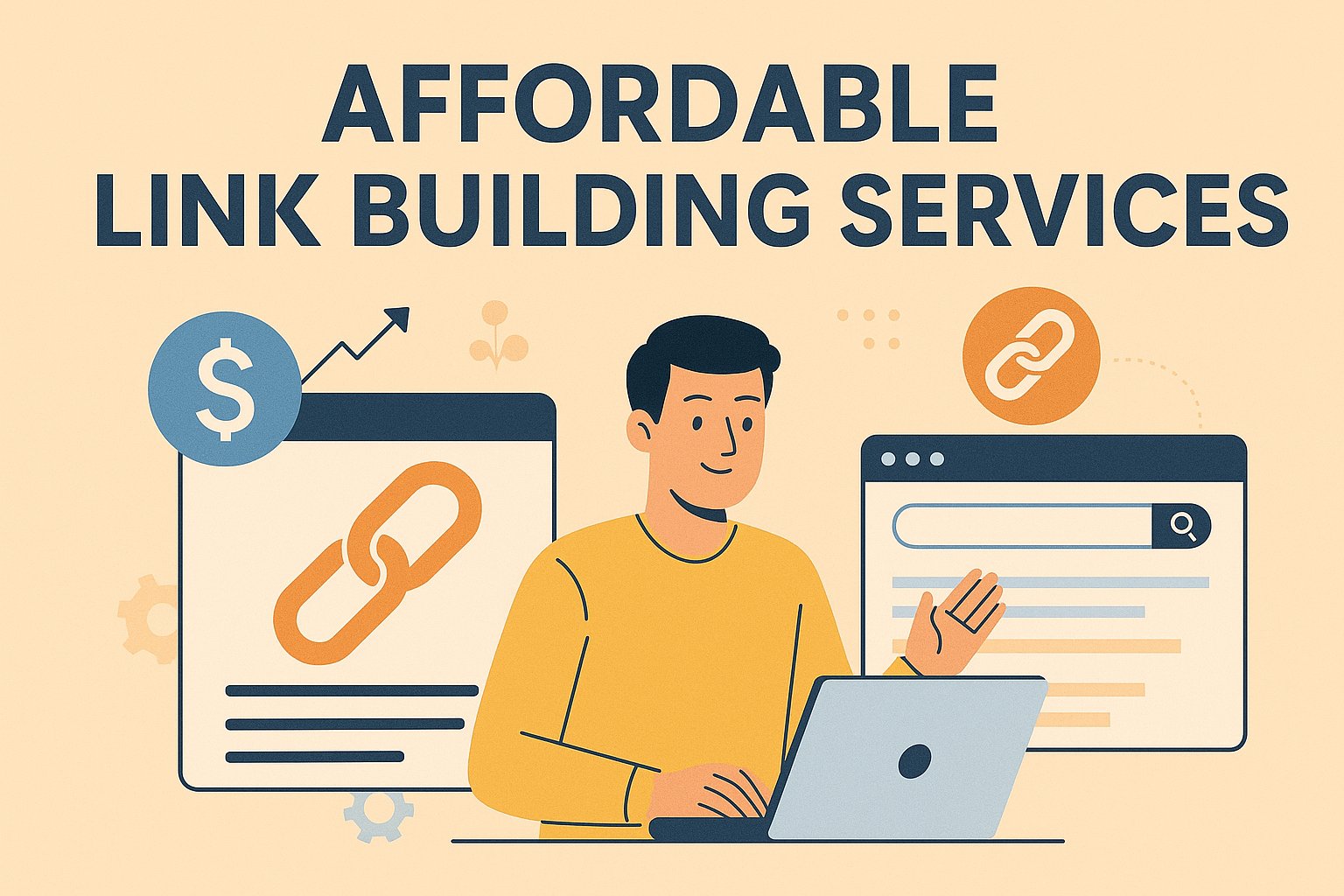Search engine optimization (SEO) is often praised for its ability to boost online visibility and drive sustainable growth. While it can lead to long-term success, many businesses underestimate the complexities involved. Balancing the rewards with the challenges requires careful planning—and sometimes, a reality check.
SEO isn’t a magic bullet. Achieving high rankings demands consistent effort, financial investment, and patience. For example, creating quality content or optimizing a landing page might take months to show results. Worse, strategies that worked yesterday could fail tomorrow due to shifting search engine algorithms.
Costs add up quickly, too. Hiring experts, purchasing tools, or fixing technical errors strains budgets. A poorly managed campaign might even hurt your website’s credibility if search engines flag questionable tactics. That’s why experts recommend pairing SEO with other strategies, like social media or paid ads, to diversify your approach.
Success hinges on understanding these tradeoffs. Whether you run a small blog or a large service-based business, aligning SEO with your goals ensures you avoid pitfalls while maximizing growth.
Quick Common Asked Question and Answer
What are the advantages and disadvantages of SEO marketing?
The advantages and disadvantages of SEO marketing include long-term visibility, high ROI, and organic traffic growth on the positive side. However, it also requires time, consistent effort, and algorithm awareness. Common search engine marketing drawbacks include rising competition, delayed results, and the need for ongoing updates. When evaluating the pros and cons of search engine optimization, consider that while SEO offers sustainable growth, it may not deliver immediate results like paid ads, making it best paired with a broader digital strategy.
Quick Common Asked Questions and Answers
What are the main advantages and disadvantages of SEO for websites?
The advantages and disadvantages of SEO include long-term traffic growth, cost-effectiveness, and brand visibility on the positive side. However, SEO can be slow to show results, competitive, and sensitive to algorithm updates—making patience and adaptability key.
How do search engine optimization advantages and disadvantages affect strategy?
Understanding search engine optimization advantages and disadvantages helps shape realistic expectations. While SEO brings sustained visibility and organic reach, the disadvantages of SEO include the time investment and ongoing content or technical work needed to maintain rankings.
Key Takeaways
- SEO requires ongoing time and financial investment.
- Results are not immediate and depend on algorithm changes.
- Poorly executed strategies can damage a site’s reputation.
- Combining SEO with other marketing methods boosts effectiveness.
- Regular audits prevent technical issues from harming rankings.
Introduction to SEO and Its Tradeoffs
While SEO unlocks digital doors, the journey to the top of search results is rarely straightforward. It’s about crafting a roadmap that aligns your website with what search algorithms value—quality content, technical precision, and user trust. But like any strategy, it demands balancing effort with outcomes. seo advantages and disadvantages .
search engine optimization is ineffective.
What SEO Means for Your Business
At its core, SEO helps your business appear when customers search for solutions. Ranking on page one isn’t luck—it’s earned through keyword research, optimized pages, and building authority. Think of it as a marathon: steady progress beats short sprints.
Organic growth through SEO can transform visibility. A local bakery, for example, might attract nearby customers by optimizing for “fresh sourdough bread near me.” But this takes months of refining content and tracking performance. There’s no instant fix.
Q: What are the search engine marketing advantages and disadvantages, including search engines advantages disadvantages and the specific advantage and disadvantage of seo? A: Understanding search engine marketing advantages and disadvantages helps businesses make informed digital marketing decisions. The main advantages include: targeted traffic from users actively searching for your products/services, measurable ROI through detailed analytics, cost-effectiveness compared to traditional advertising, 24/7 visibility without ongoing costs (for SEO), and the ability to compete with larger businesses on a level playing field.
However, search engines advantages disadvantages must be carefully weighed. Key disadvantages include: time investment (SEO takes 3-6 months minimum for results), ongoing maintenance requirements, algorithm vulnerability that can tank rankings overnight, increasing competition driving up PPC costs, and technical complexity requiring specialized knowledge.
The specific advantage and disadvantage of seo differs from paid search (PPC). SEO advantages include “free” organic traffic, higher trust and credibility, better long-term ROI, and compound growth over time. SEO disadvantages encompass unpredictable results, significant upfront investment without guaranteed outcomes, constant algorithm changes requiring strategy adjustments, and difficulty measuring direct ROI.
For PPC within search marketing, advantages include immediate results, precise targeting, complete control over messaging, and easy testing. Disadvantages include ongoing costs that stop traffic when paused, click fraud risks, ad blindness from users, and diminishing returns as competition increases. The key is balancing both SEO and PPC strategies to maximize advantages while mitigating disadvantages through diversification.
While some claim search engine optimization is ineffective, understanding seo limitations helps set realistic expectations, as the disadvantages of organic search include time investment and delayed results compared to paid advertising, and examining web search engine marketing advantages and disadvantages or desventajas del seo reveals both benefits and challenges, requiring you to weigh the pros and cons of search engines alongside search engine advertising advantages disadvantages, search engine optimisation advantages and disadvantages, and search engine promotion advantages and disadvantages to make informed decisions about what should you avoid when developing a search-optimized website for sustainable online success.
What is negative SEO and what are the disadvantages of search engine optimization?
Understanding negatives seo (commonly called negative SEO) involves recognizing malicious tactics competitors use to harm your rankings, such as building spammy backlinks or content scraping. The 5 disadvantages of search engine include privacy concerns, information overload, potential misinformation, filter bubbles, and dependency on algorithms. When examining advantages and disadvantages of web search engine technology, benefits include instant access to information and global connectivity, while drawbacks involve data collection and potential manipulation. A major disadvantage of search engine use is the possibility of biased or incomplete results based on personalization algorithms. The claim that search engine optimization is ineffective is largely false – while SEO requires time and expertise, it remains highly effective when done properly. Evaluating seo pros and cons reveals advantages like increased organic traffic, better user experience, and long-term ROI, while challenges include time investment, algorithm changes, and the need for ongoing maintenance. The key is understanding that while SEO has limitations and risks, its benefits typically far outweigh the disadvantages when implemented ethically and strategically.
Some business owners research search engine optimization is ineffective when experiencing poor results or questioning their SEO investment strategies. Understanding disadvantages+of+seo helps companies evaluate potential drawbacks and limitations of optimization efforts.
Comprehensive analysis includes online search engine marketing advantages and disadvantages for balanced decision-making about digital marketing investments. Strategic evaluation involves pros and cons of search engine marketing for understanding both benefits and challenges of SEM campaigns and optimization strategies.
Setting Realistic Expectations
Businesses often underestimate how much time SEO requires. Early efforts focus on laying foundations—fixing broken links or improving site speed. Results? They come later. Pairing SEO with paid ads or email campaigns keeps momentum while you wait.
| Strategy | Time to Results | Cost Efficiency |
|---|---|---|
| SEO | 3-6+ months | High (long-term) |
| Paid Ads | Immediate | Variable |
| Social Media | 1-3 months | Moderate |
Align goals with patience. Track metrics like organic traffic or bounce rates monthly. Adjust tactics, but avoid chasing trends—consistency builds lasting success.
Quick Common Asked Question and Answer
What are the SEO disadvantages and limitations of search engine strategies?
SEO disadvantages include delayed results, algorithm dependency, and high competition. While effective long-term, SEO requires ongoing content and technical updates. Search engine disadvantages also include limited control over visibility and frequent algorithm changes. Additionally, the disadvantages of search engine marketing include rising ad costs and click fraud risks. Whether you’re considering search engine optimization disadvantages or weighing the advantages and disadvantages of search engine optimization, it’s essential to balance effort with long-term value. These concerns mirror broader disadvantages of search engines in digital strategy.
Benefits of a Strong SEO Strategy
A well-crafted SEO strategy acts as a growth engine for businesses aiming to stand out online. By focusing on user needs and technical precision, it creates lasting advantages that extend beyond temporary rankings.
What are the 10 disadvantages of search engine use and search engine marketing?
The 10 disadvantages of search engine use include:
-
High competition for top rankings.
-
SEO takes time to show results.
-
Constant algorithm updates can hurt rankings.
-
Paid ads are expensive and competitive.
-
Risk of click fraud in search engine marketing.
-
No guaranteed visibility or ROI.
-
Users may ignore search ads (ad blindness).
-
SEO requires continuous content updates.
-
Over-optimization can lead to penalties.
-
Technical SEO can be complex and resource-intensive.
These are also considered disadvantages of using search engines and common search engine marketing disadvantages to keep in mind when planning digital strategies.
Driving Traffic and Enhancing Visibility
Organic traffic grows steadily when pages align with what searchers need. For instance, a home renovation company targeting “energy-efficient windows” could see a 200% increase in visitors within six months. Strategic keyword use helps search engines connect your content to real queries.
| Traffic Source | Avg. Monthly Visits | Conversion Potential |
|---|---|---|
| Organic Search | 15,000 | 8-12% |
| Social Media | 4,500 | 3-5% |
| Paid Ads | 7,200 | 6-9% |
High visibility also builds authority. Sites ranking on page one for competitive terms are often perceived as industry leaders. A Backlinko study found top-ranking pages receive 3x more clicks than those in lower positions.
Building Credibility and Trust with Your Audience
Quality content that answers questions directly boosts trust. A financial blog explaining “how to build credit at 18” gains loyal readers by simplifying complex topics. Clear structure and fast load times further signal professionalism. To effectively position your decentralized application in search results, our expert article on SEO techniques tailored for blockchain projects provides clear, step‑by‑step guidance.
Strategic SEO nurtures relationships. When users find consistent value, they return—and share your content. Over time, this cycle strengthens brand presence and supports higher conversion rates without aggressive sales tactics.
Understanding the Disadvantages of Search Engine Optimization
Navigating SEO challenges feels like steering through fog—visibility improves gradually, but obstacles appear without warning. Success depends on adapting to shifts in search engine priorities while outpacing competitors eyeing the same goals.
The process of SEO requires significant time commitment and produces delayed outcomes. The main search engine marketing drawbacks require businesses to maintain their content and adapt to algorithm updates. Different businesses encounter distinct search engine disadvantages.
advantages and disadvantages of seo : The analysis of SEO advantages against disadvantages demonstrates that businesses must overcome initial obstacles to achieve lasting benefits.
pros and cons of search engine optimization : The advantages of search engine optimization through organic traffic must be weighed against the need for specialized expertise. The evaluation of search engine optimization advantages and disadvantages helps users establish practical expectations.
disadvantages of seo , search engine optimization is ineffective : The argument that search engine optimization fails to produce results fails to recognize its successful applications. The claim that search engine optimization produces no results fails to acknowledge documented achievements. The main drawbacks of SEO implementation stem from high resource requirements and strong market competition.
The analysis of SEO advantages against disadvantages demonstrates that website traffic gains exceed all obstacles. The effectiveness of search engine optimization depends on specific business sectors and target objectives. The main drawbacks of search engine optimization include the need for ongoing optimization work and the impact of algorithm updates.
Q: What is the main disadvantage of seo and what are the disadvantages of seo in digital marketing?
A: The primary disadvantage of seo is the time investment required – SEO typically takes 3-6 months or longer to show significant results, making it challenging for businesses needing immediate visibility. The disadvantages of seo in digital marketing include unpredictable algorithm changes that can drastically affect rankings overnight, high competition for valuable keywords requiring substantial resources, and the ongoing nature of SEO work – it’s never truly “finished.” Additionally, the limitations of search engines play a crucial role: they struggle with understanding context in complex queries, can’t crawl JavaScript-heavy sites effectively, have difficulty interpreting multimedia content without proper optimization, and may not index deep web content. Search engines also face challenges with real-time information, often showing outdated results for rapidly changing topics. Other SEO disadvantages include the lack of guaranteed results despite investment, difficulty in measuring direct ROI, vulnerability to negative SEO attacks, and the need for technical expertise. These limitations mean businesses often need to balance SEO with other marketing strategies for comprehensive digital presence.
Uncertain Results and the Competitive Landscape
Algorithms evolve constantly. Google’s 2021 Core Update, for example, prioritized user experience metrics like page speed—overnight, sites with slow load times lost rankings. Even niche keywords face fierce rivalry. A local plumber targeting “leak repair” competes with national chains and DIY blogs.
| Strategy | Competition Level | Avg. Time to Rank |
|---|---|---|
| High-Volume Keywords | Extreme | 8-12 months |
| Long-Tail Phrases | Moderate | 3-6 months |
| Local SEO | Low | 1-3 months |
The Ongoing Need for Maintenance and Patience
SEO isn’t “set and forget.” Regular audits catch broken links or outdated content. A tech blog might update posts quarterly to reflect new software versions—stagnant pages lose traction.
Balancing pros cons is key. While organic traffic costs less than ads, it demands persistent effort. Pairing SEO with email campaigns or influencer partnerships keeps momentum during slow phases.
Patience pays, but flexibility matters more. Track metrics monthly, tweak tactics, and embrace gradual wins. As one marketer noted: “SEO rewards those who play the long game—with eyes wide open.”
-
If you’re analyzing a competitor’s HTTPS setup, knowing how to locate the domain’s certificate authority can offer valuable insights into their security practices.
Navigating SEO Algorithm Changes and Technical Complexities
Let’s face it: keeping up with SEO feels like solving a puzzle where the pieces keep changing shape. Just when you master one rule, search engines roll out updates that reshuffle priorities. For businesses, this means balancing creativity with technical precision to stay visible.
Staying Ahead of Ever-Changing Algorithms
Google alone makes thousands of tweaks yearly. Remember the Panda update? It penalized thin content overnight, forcing blogs to overhaul their strategies. Today, factors like Core Web Vitals—measuring loading speed and interactivity—directly impact rankings.
Adapting requires agility. A travel site might tweak image compression tools monthly to maintain fast load times. As one digital strategist notes: “You don’t fight algorithms—you dance with them.”
Technical SEO and Its Continuous Demands
Behind every high-ranking page lies invisible groundwork. Mobile-friendliness, proper indexing, and structured data markup form the backbone of technical SEO. Ignoring these? It’s like building a house on sand.
| Technical Factor | Impact on Rankings | Fix Complexity |
|---|---|---|
| Page Speed | High | Moderate |
| Mobile Optimization | Critical | Low |
| XML Sitemaps | Medium | Low |
Marketing teams often partner with developers to tackle these challenges. Regular audits catch crawl errors or broken links before they snowball. Combine this with content refreshes, and your business stays competitive amid shifting standards.
While some claim search engine optimization is ineffective, understanding search engine optimization pros and cons reveals it’s a long-term strategy requiring patience and expertise to succeed. Examining advantages and disadvantages of search engine marketing shows organic SEO provides sustainable traffic without ongoing ad costs, though results take time.
Considering disadvantages of paid search like escalating costs and instant traffic loss when campaigns stop highlights why organic optimization remains valuable. Evaluating advantages and disadvantages of bing search engine and disadvantages of google search engine helps diversify traffic sources beyond Google’s dominance.
Analyzing meta search engine advantages and disadvantages and general search engines pros and cons shows that while SEO has challenges like algorithm changes and time investment, it delivers the highest ROI long-term compared to paid channels, making it essential despite requiring consistent effort and adaptation.
Balancing SEO Investment with Business Goals
Every marketing dollar counts—especially when choosing between slow-burn strategies and instant wins. Aligning SEO strategy with business objectives means understanding how organic growth and paid tactics complement each other.
SEO Versus Paid Advertising: Weighing the Options
Paid ads deliver clicks today, but traffic stops when budgets dry up. SEO builds lasting presence, like a landscaping company ranking for “drought-resistant plants” year-round. While ads target immediate needs, organic efforts attract customers researching solutions over time.
| Approach | Timeframe | Cost Over 12 Months |
|---|---|---|
| SEO | 6+ months | $8,000-$15,000 |
| Paid Ads | Immediate | $12,000-$30,000 |
One e-commerce brand saw 60% lower cost-per-acquisition from SEO after 18 months. As their search engine rankings climbed, reliance on ads decreased.
Measuring ROI and the Long-Term Impact on Revenue
Tracking SEO’s revenue impact requires patience. Early wins—like improved site speed—lay groundwork for conversions later. Tools like Google Analytics connect organic traffic to sales pipelines.
- Monthly organic growth of 10-15% often signals sustainable momentum.
- High-ranking sites generate 3x more leads than those on page two.
- Content updates can revive older pages, boosting visibility without new costs.
“SEO is compound interest for marketing,” notes a SaaS marketing director. By reinvesting early savings into content upgrades, businesses create self-sustaining cycles of traffic and trust.
Conclusion
Mastering digital marketing requires balancing quick wins with lasting strategies—and SEO sits at the heart of this balance. While climbing search results takes effort, the rewards—steady traffic and brand authority—often justify the grind.
Organic growth demands patience. Businesses must adapt to shifting engine rankings and invest in quality content. Pairing SEO with social media or ads creates a safety net during algorithm changes.
Focus on what matters: understanding your audience. Tools like Google Analytics reveal what potential customers seek. Regular content updates keep pages fresh without starting from scratch.
Remember, no single tactic guarantees success. A mix of technical fixes and creative strategy works best. Track progress monthly, celebrate small wins, and stay flexible.
SEO isn’t just about chasing rankings—it’s building relationships. When done right, it turns casual visitors into loyal clients. Start small, think long-term, and let your business thrive in the digital arena.

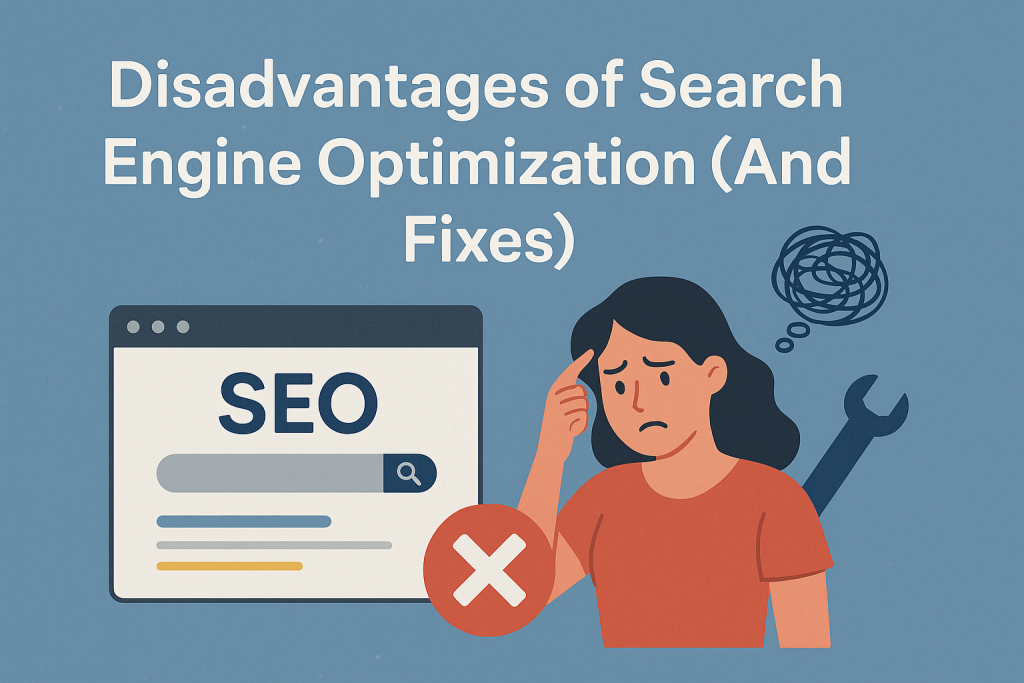
![12 Strategien zum Backlinks aufbauen [2026]](https://backlinkmanagement.io/wp-content/uploads/2025/12/12-Strategien-zum-Backlinks-aufbauen-scaled.jpg)

![How To Automate Backlink Reporting [2026 Guide]](https://backlinkmanagement.io/wp-content/uploads/2025/12/How-To-Automate-Backlink-Reporting.jpg)
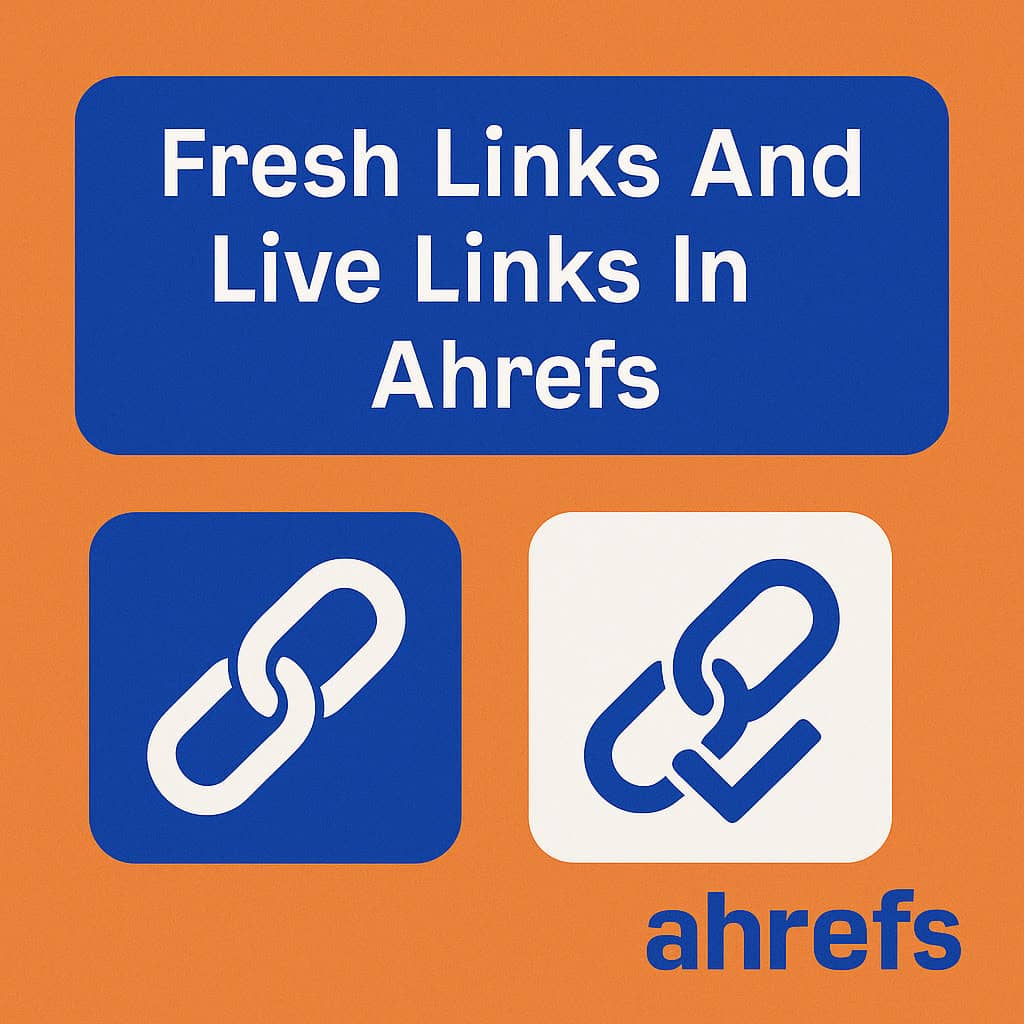

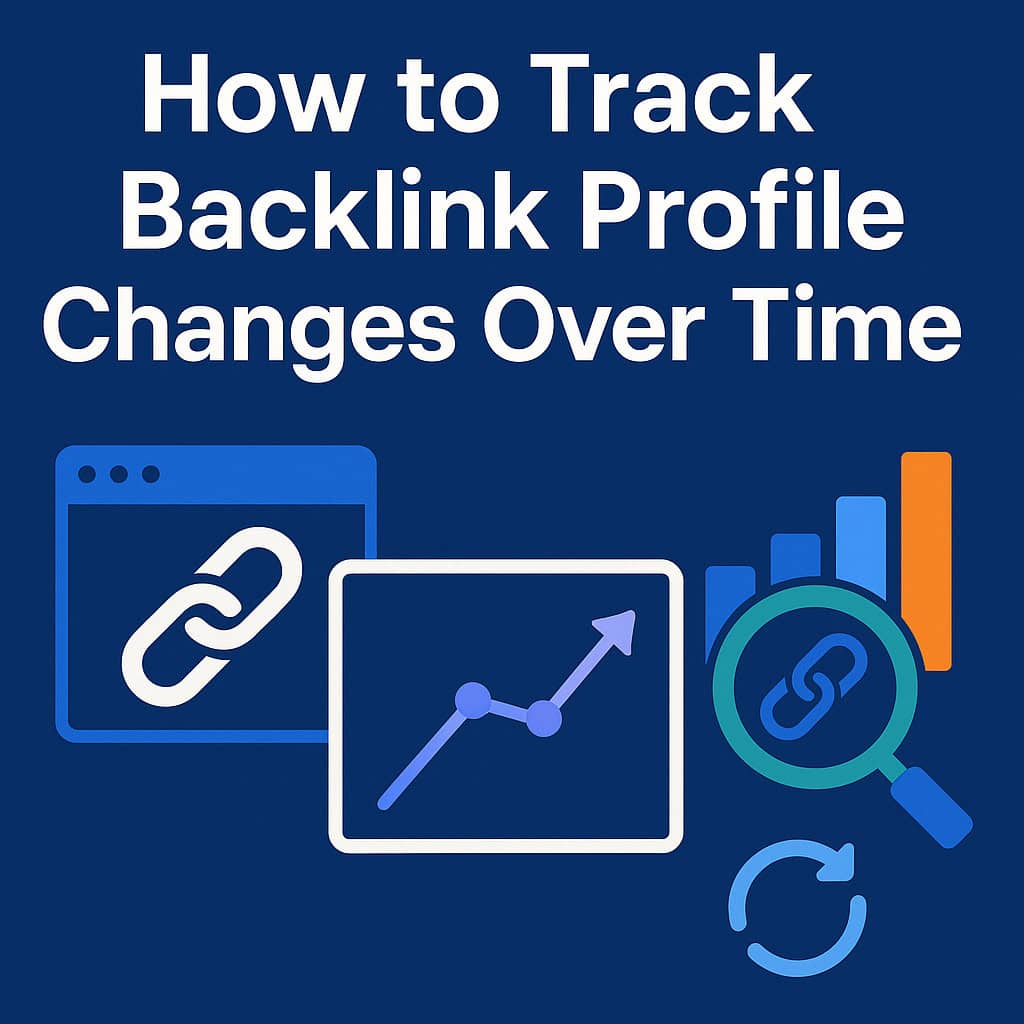
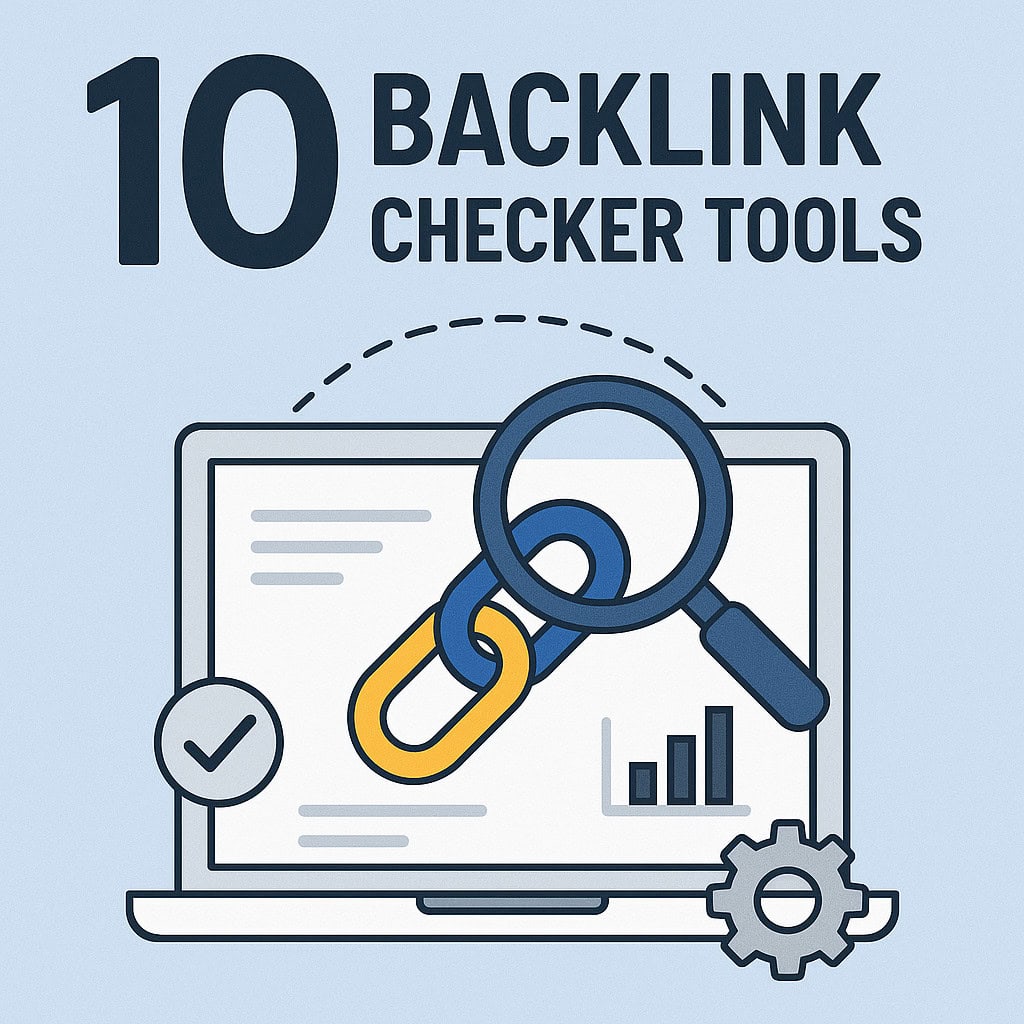
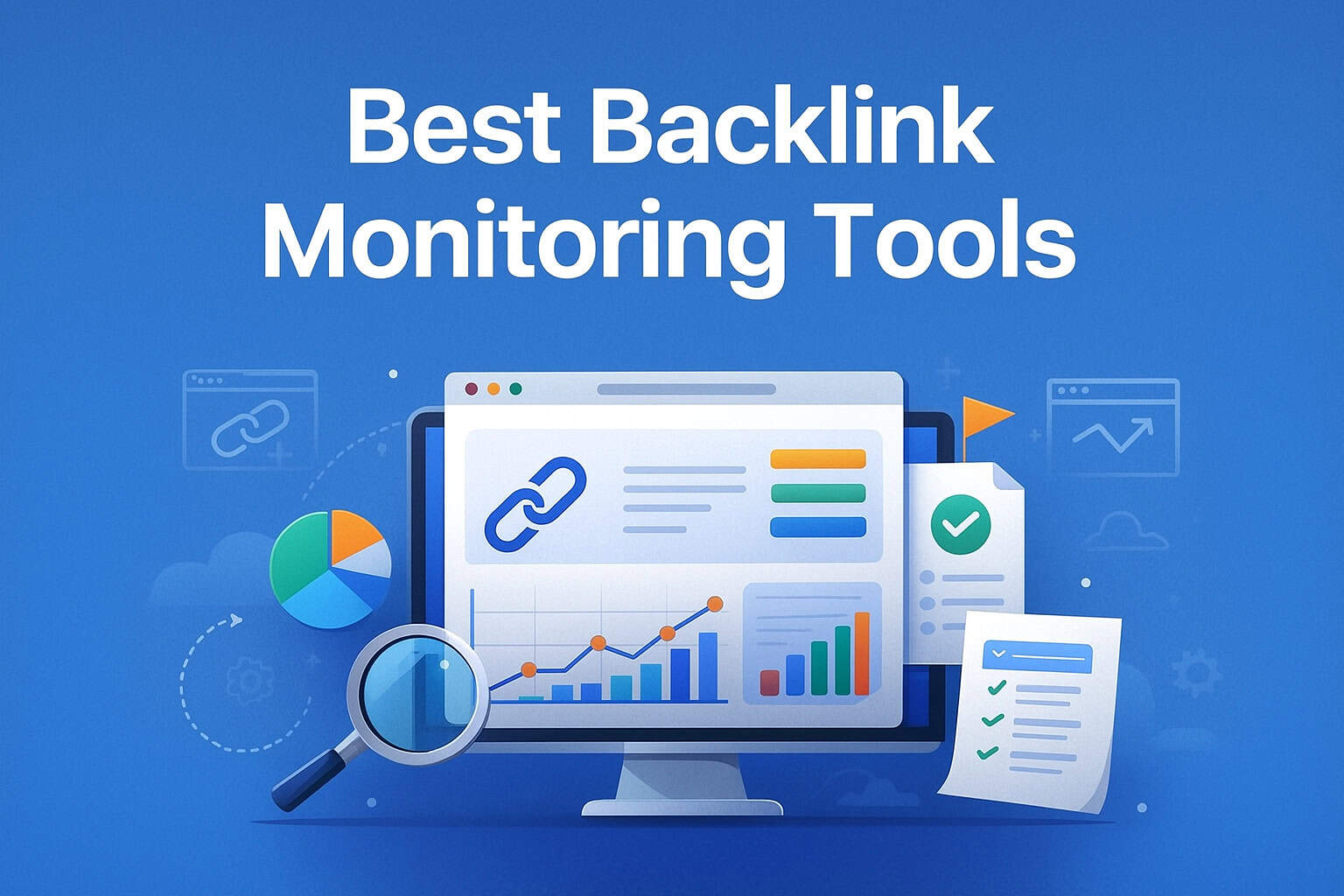
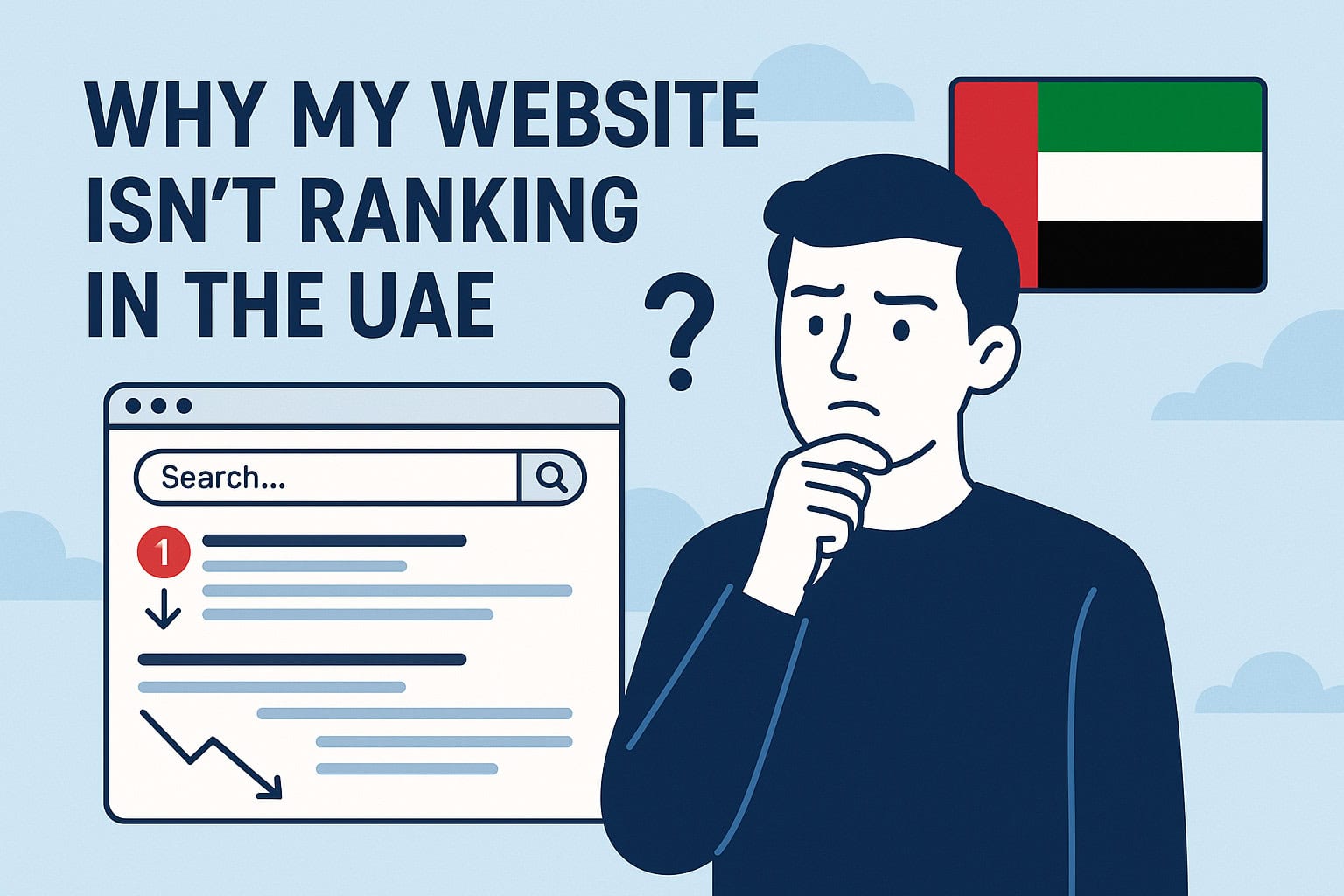
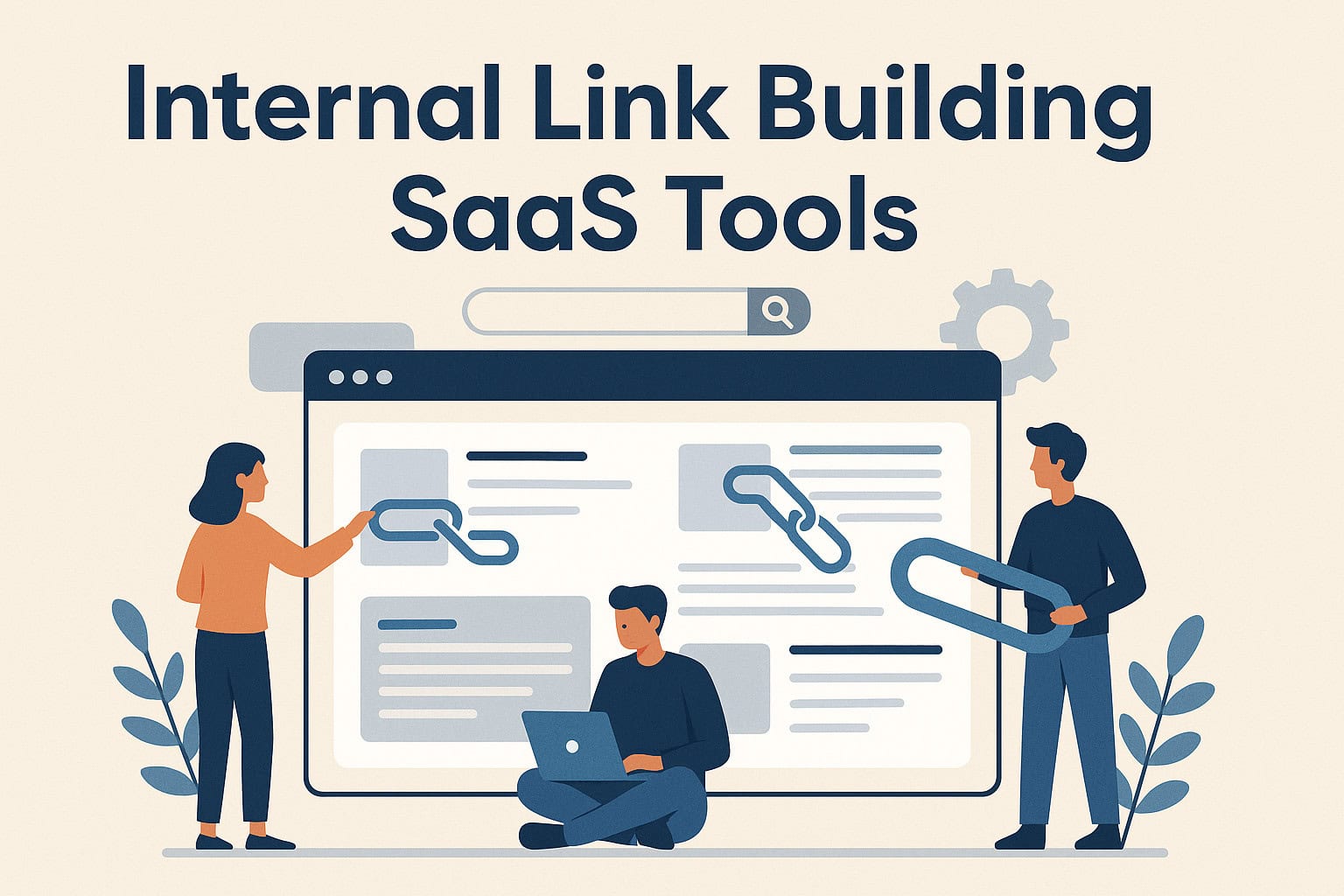
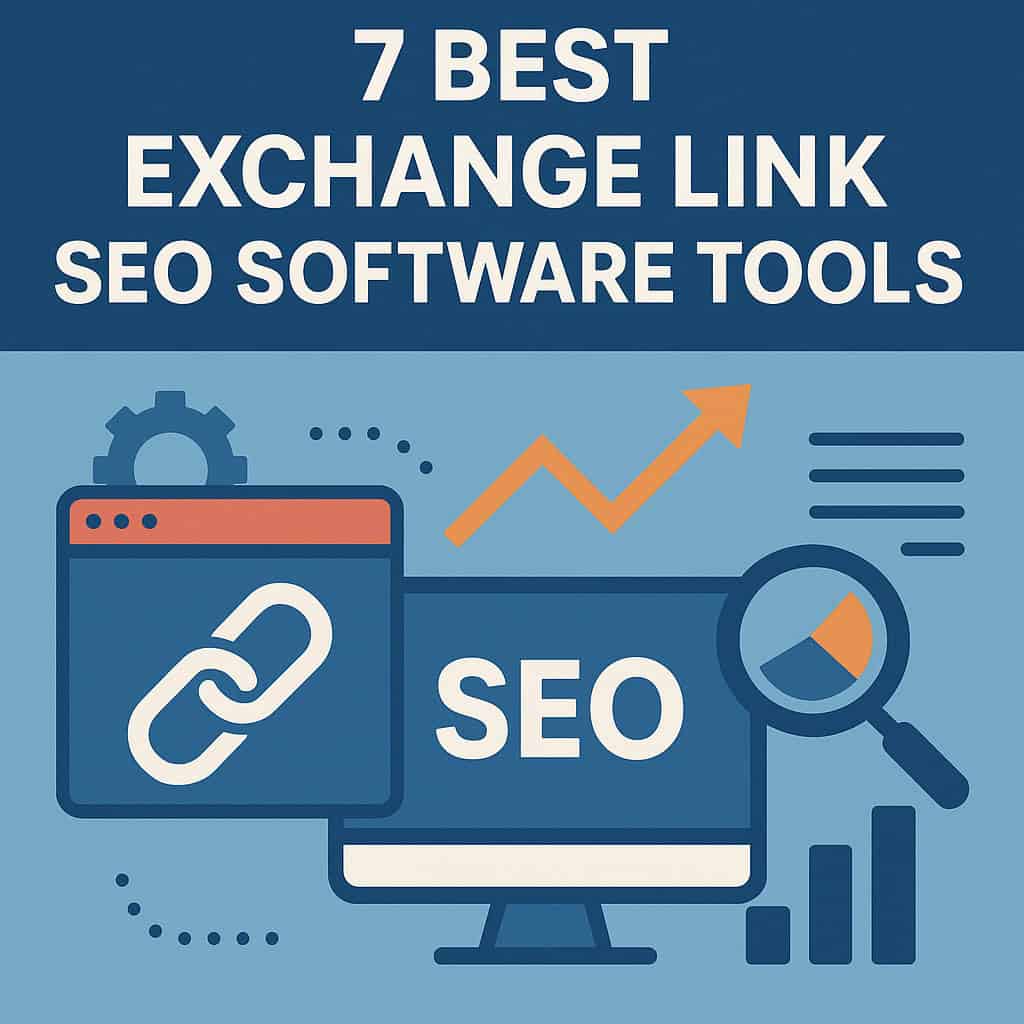
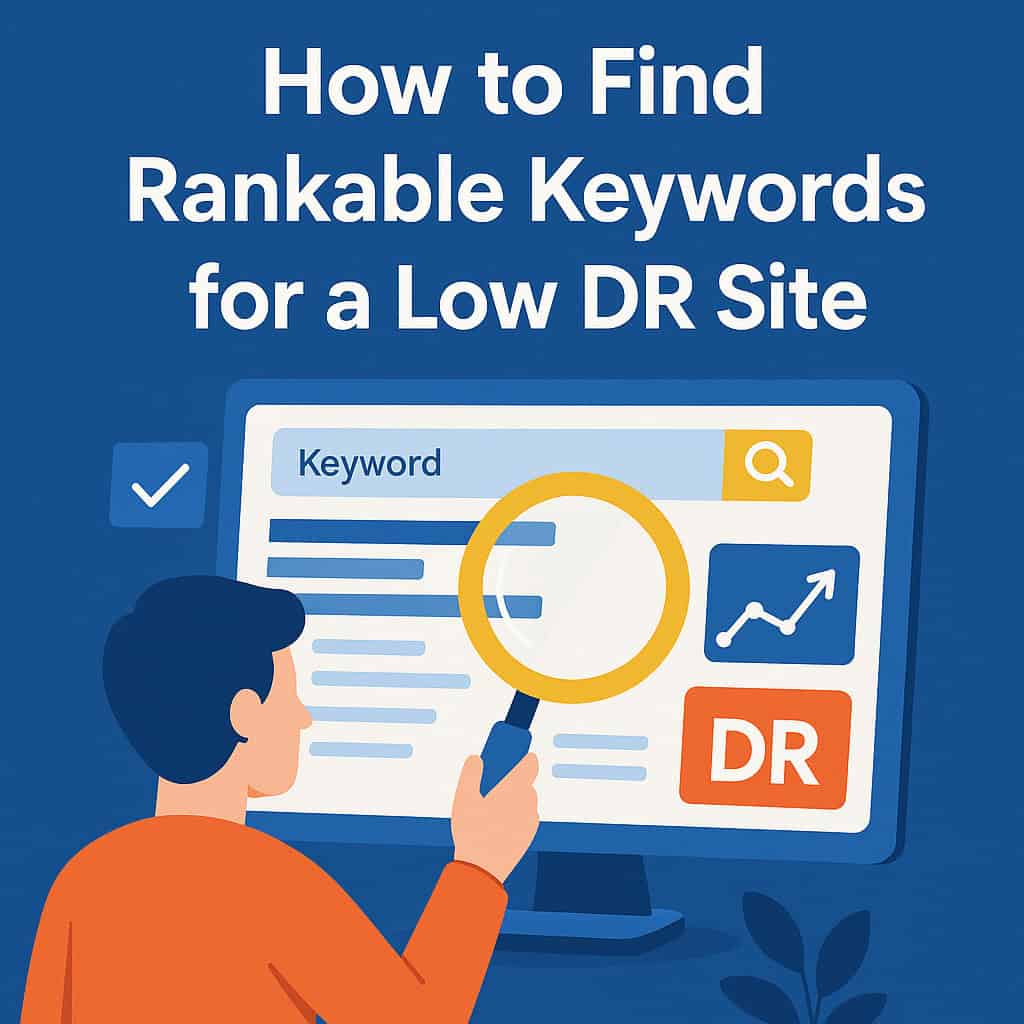
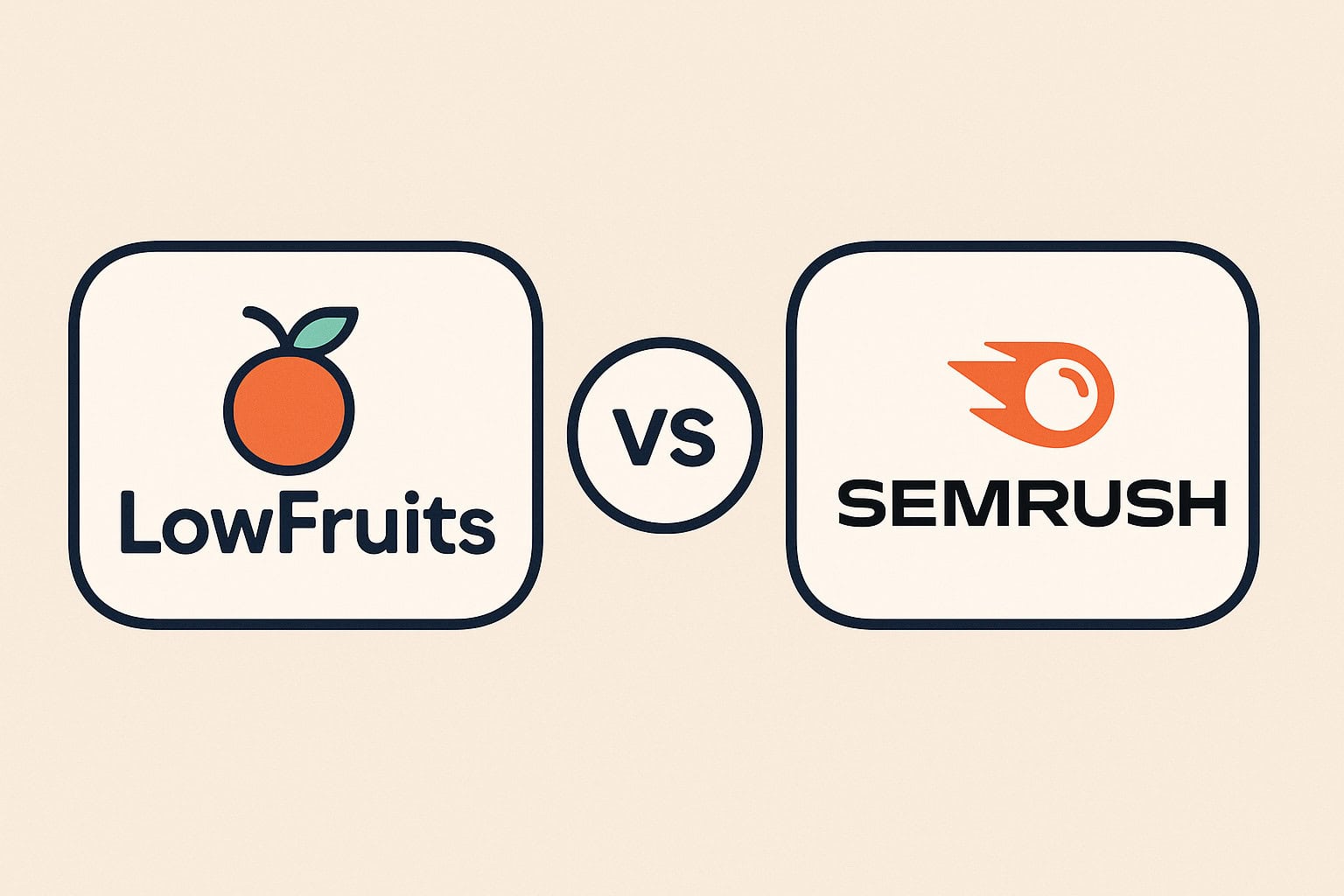
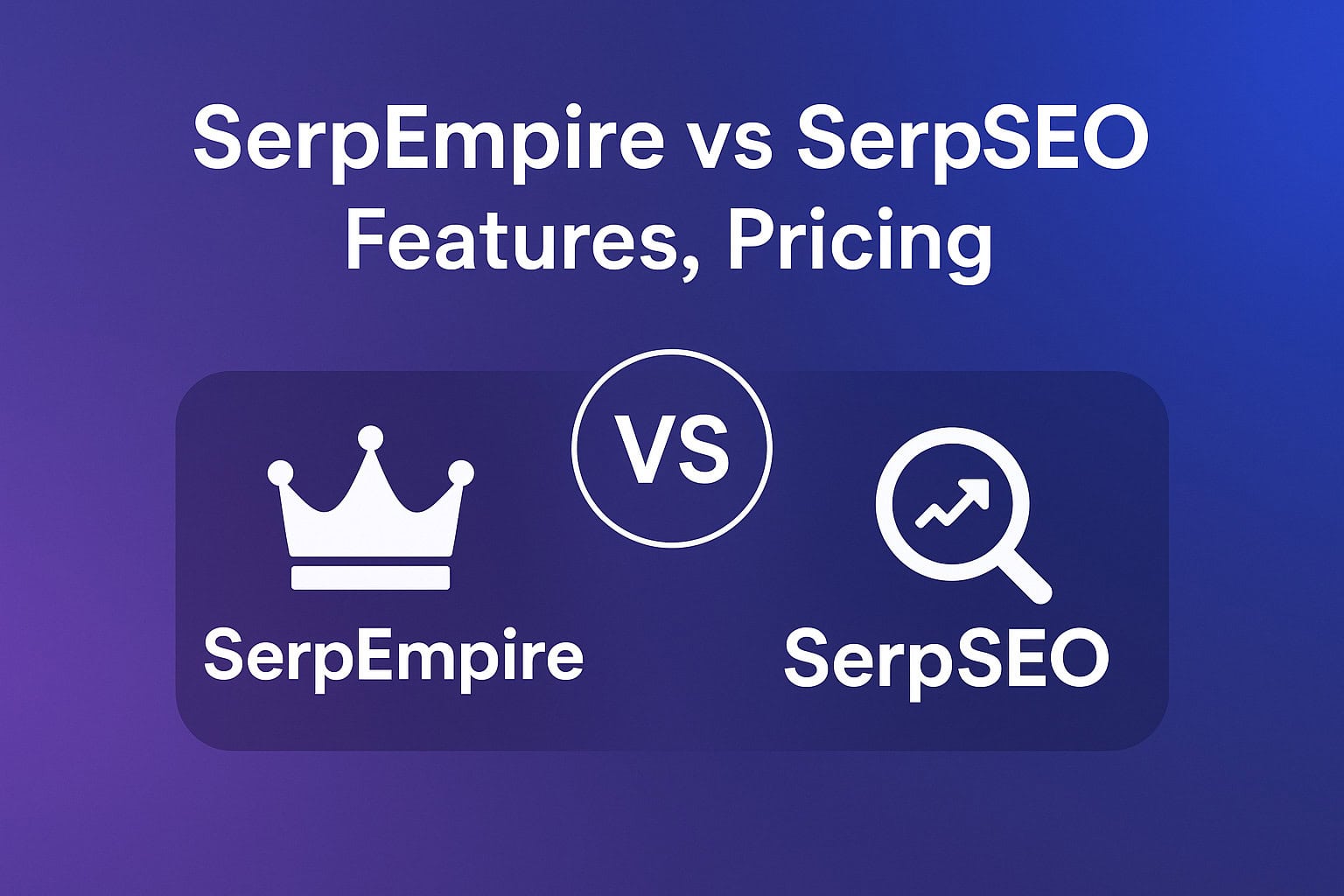
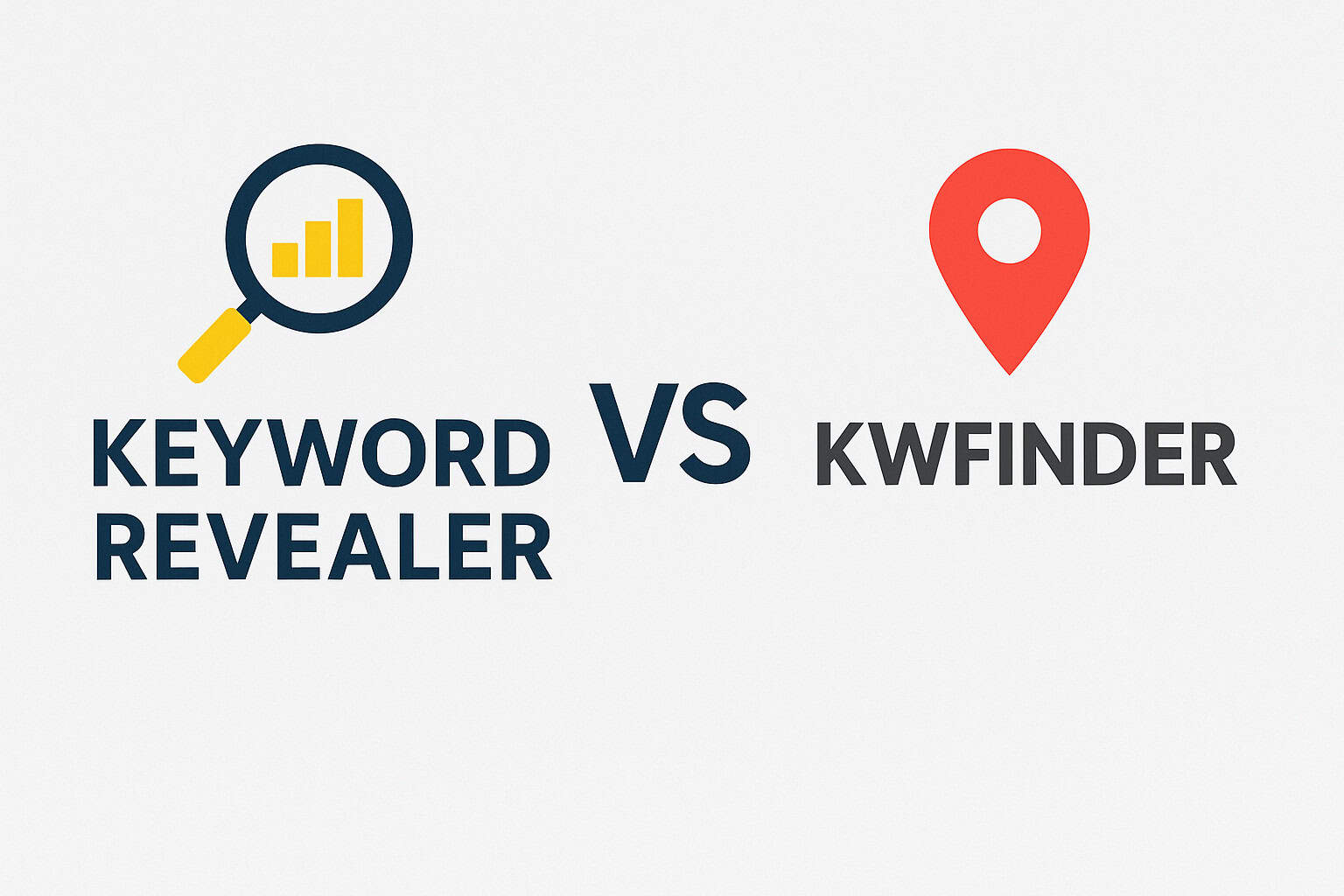
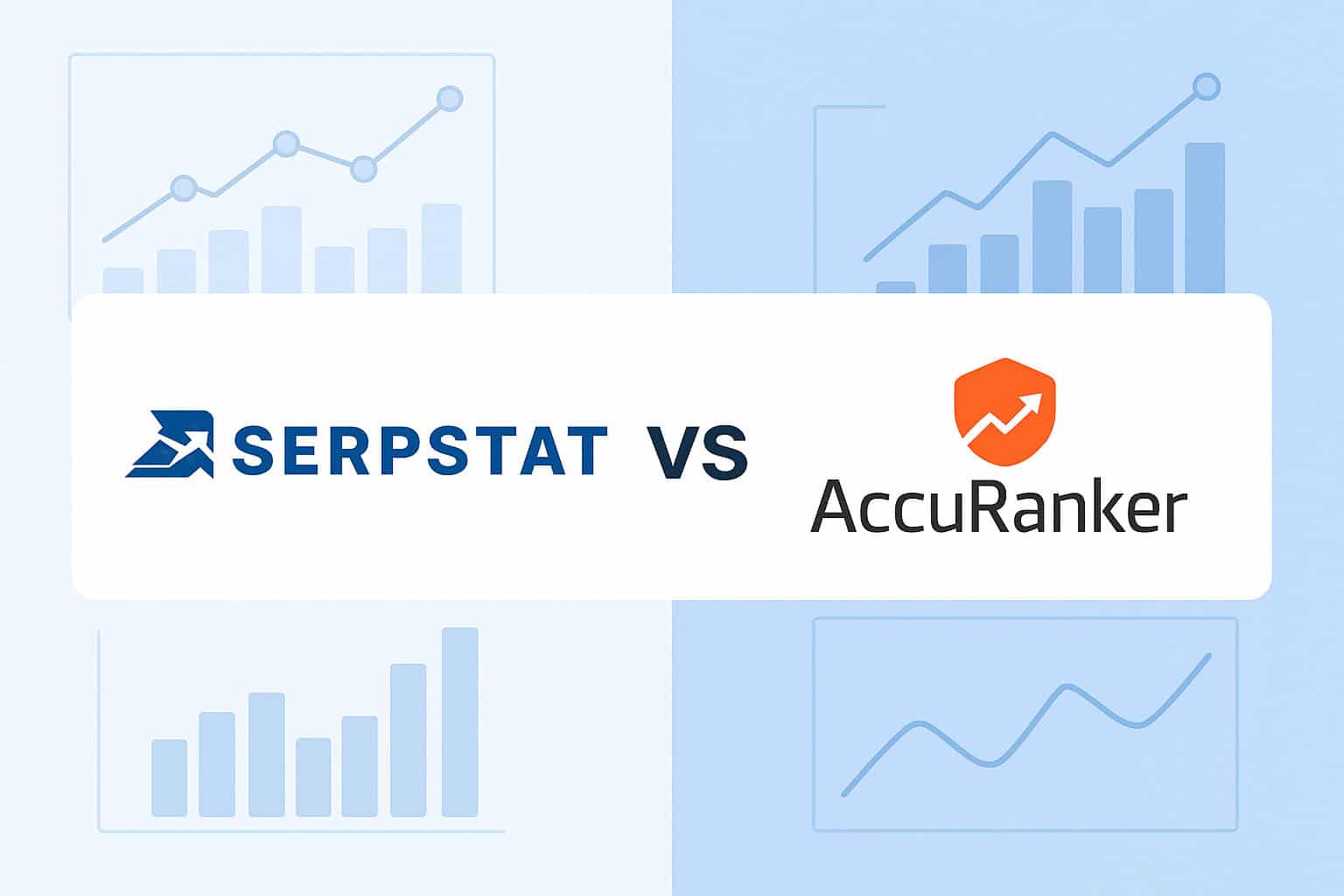

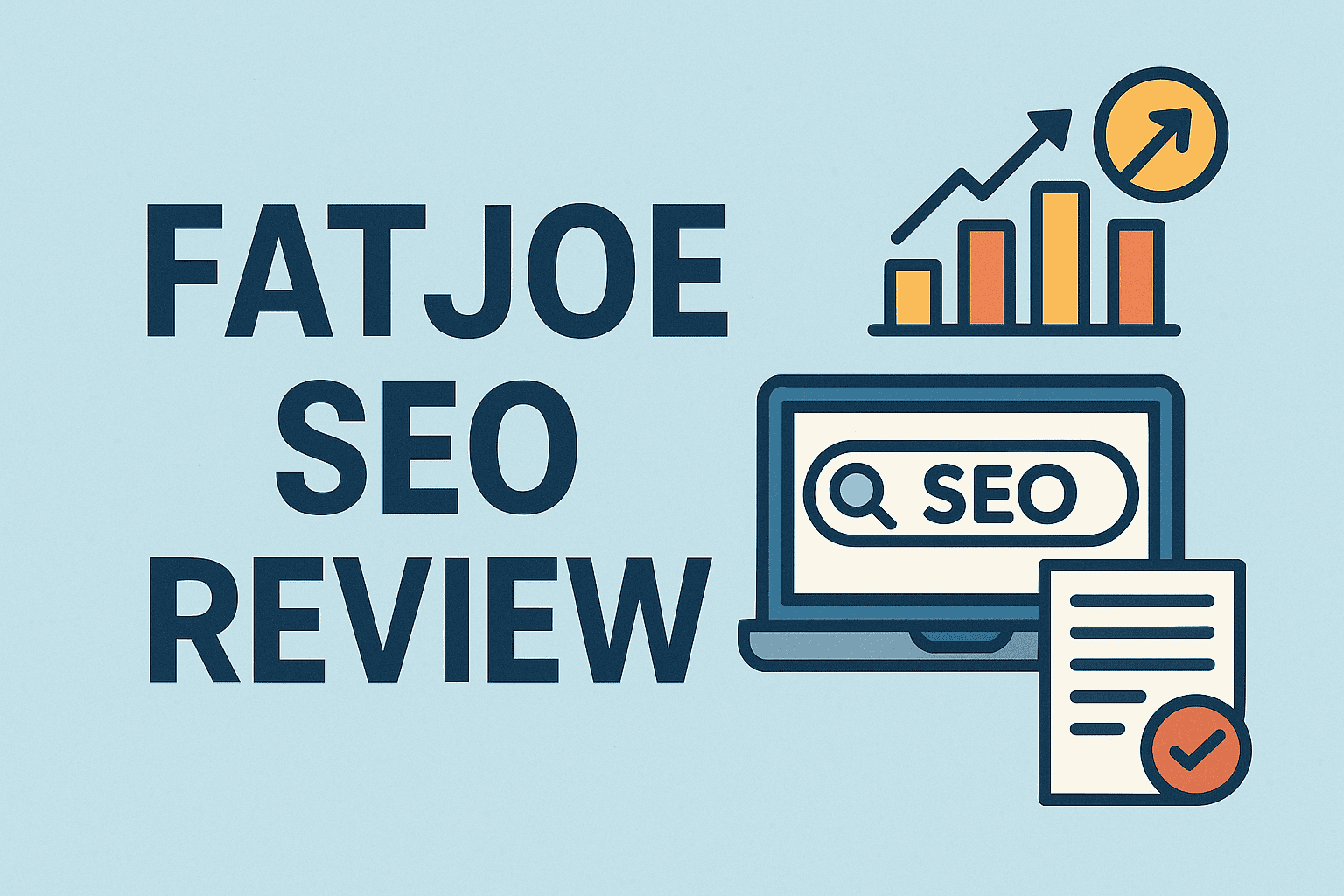
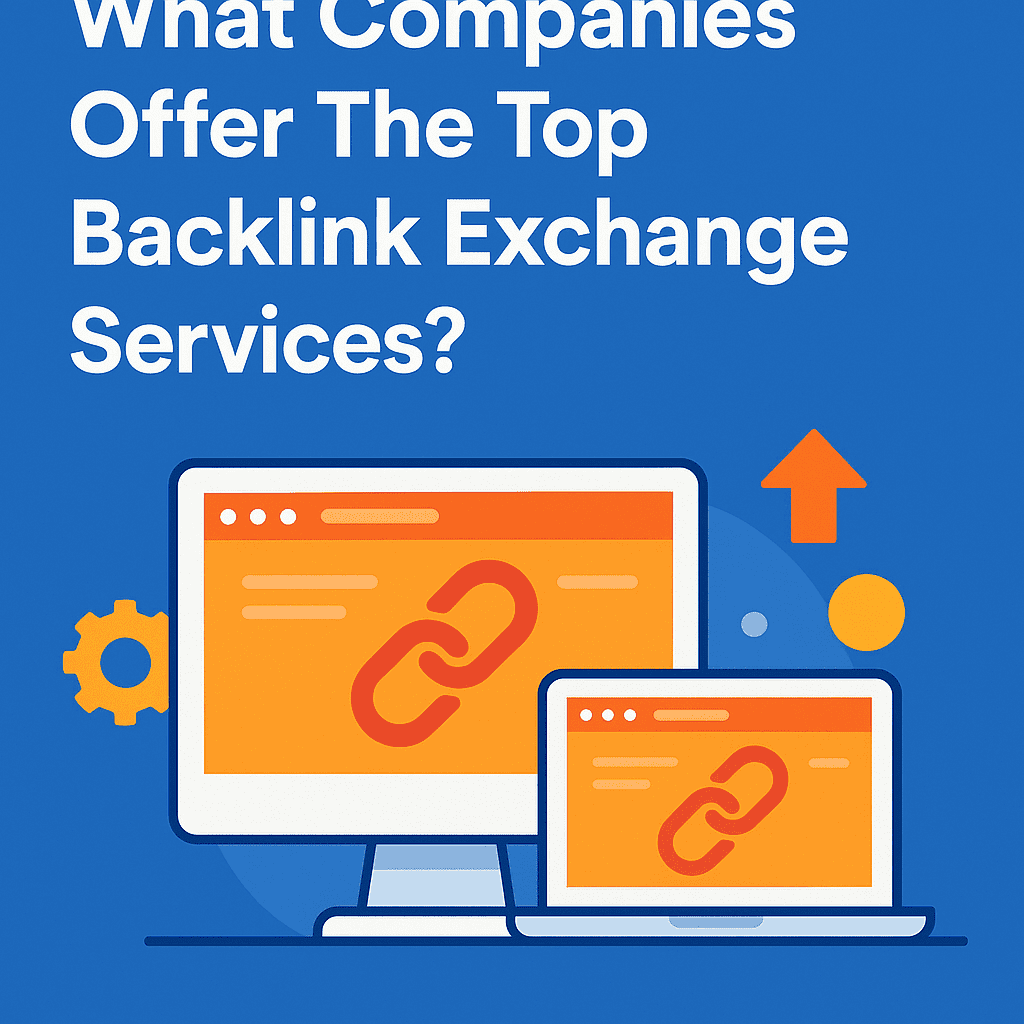

![Longtail Pro Moz or Majestic [Full Breakdown]](https://backlinkmanagement.io/wp-content/uploads/2025/11/ChatGPT-Image-Nov-14-2025-08_30_38-AM.png)
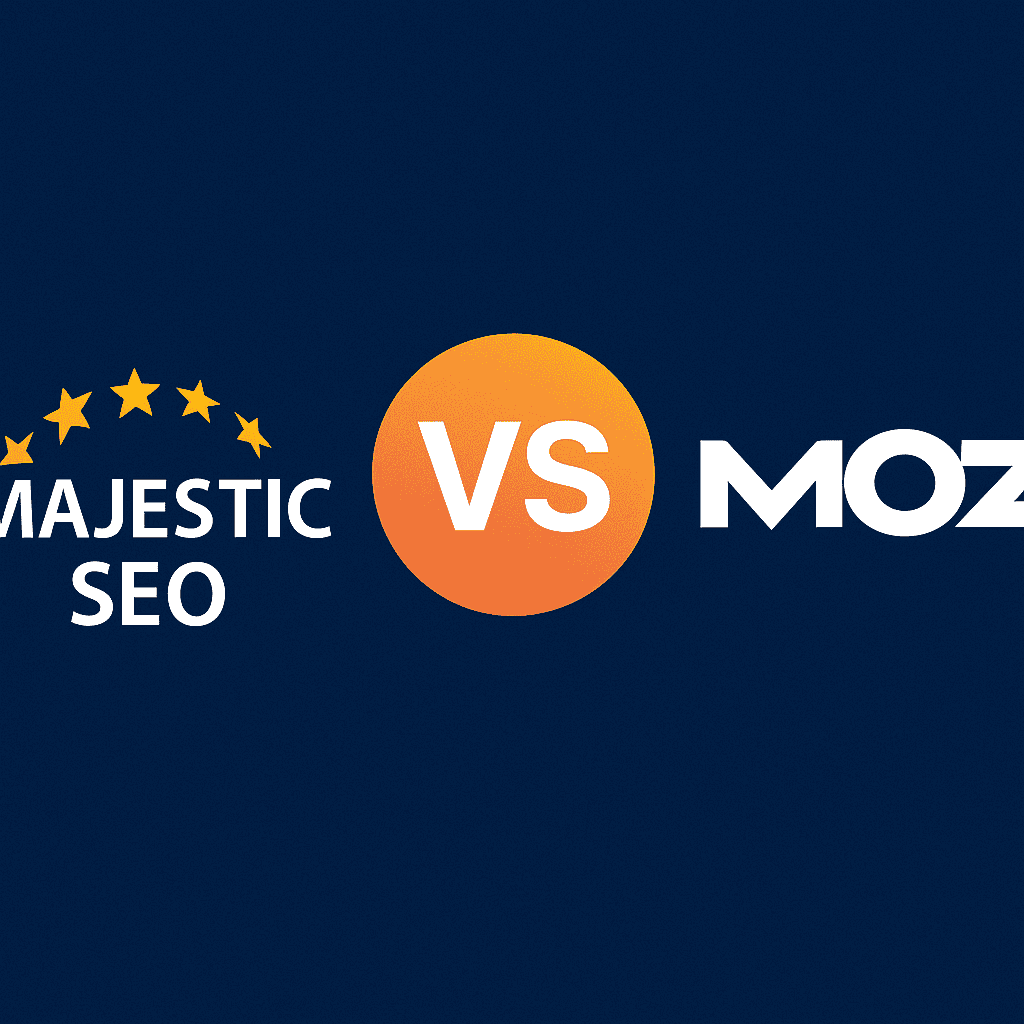
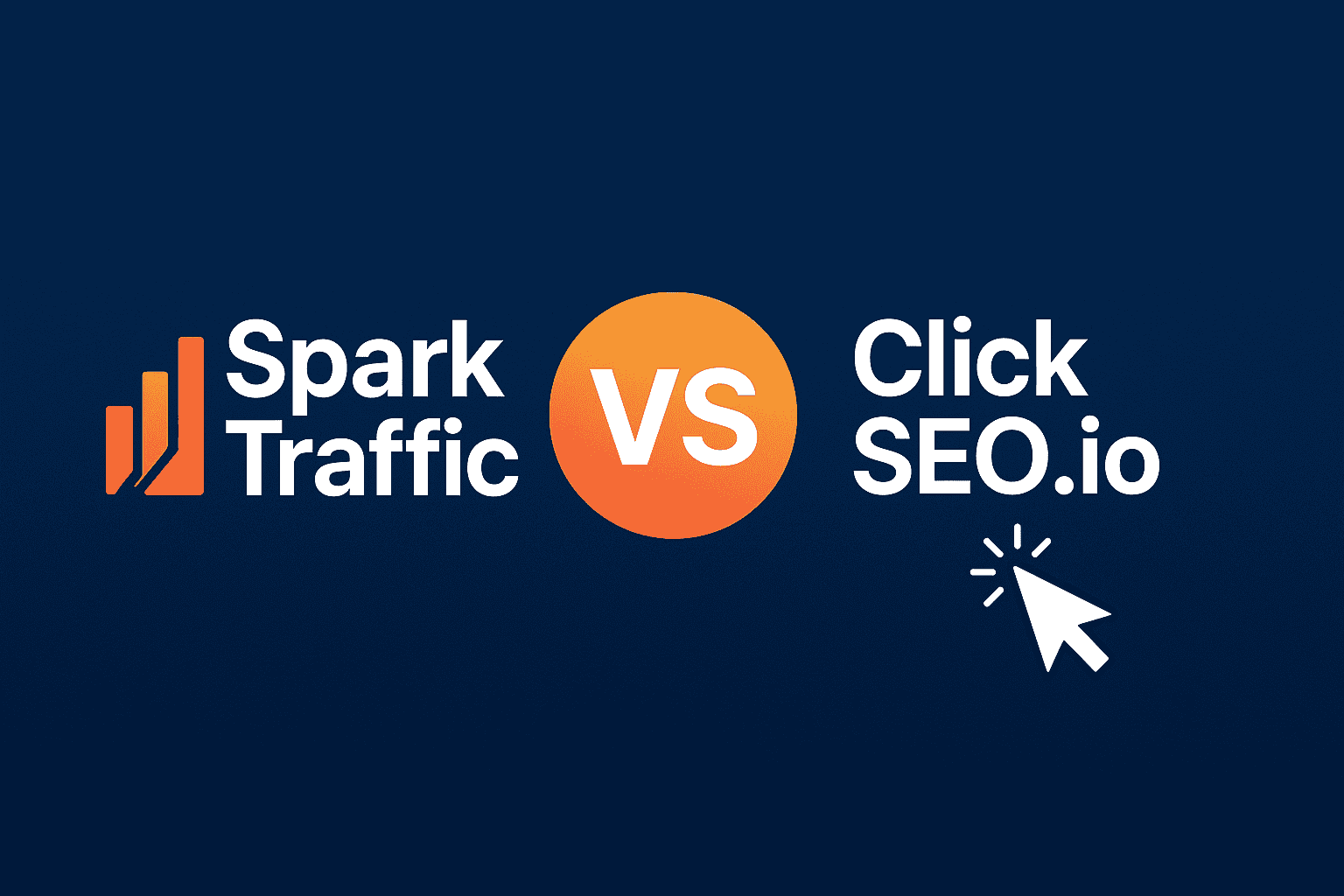
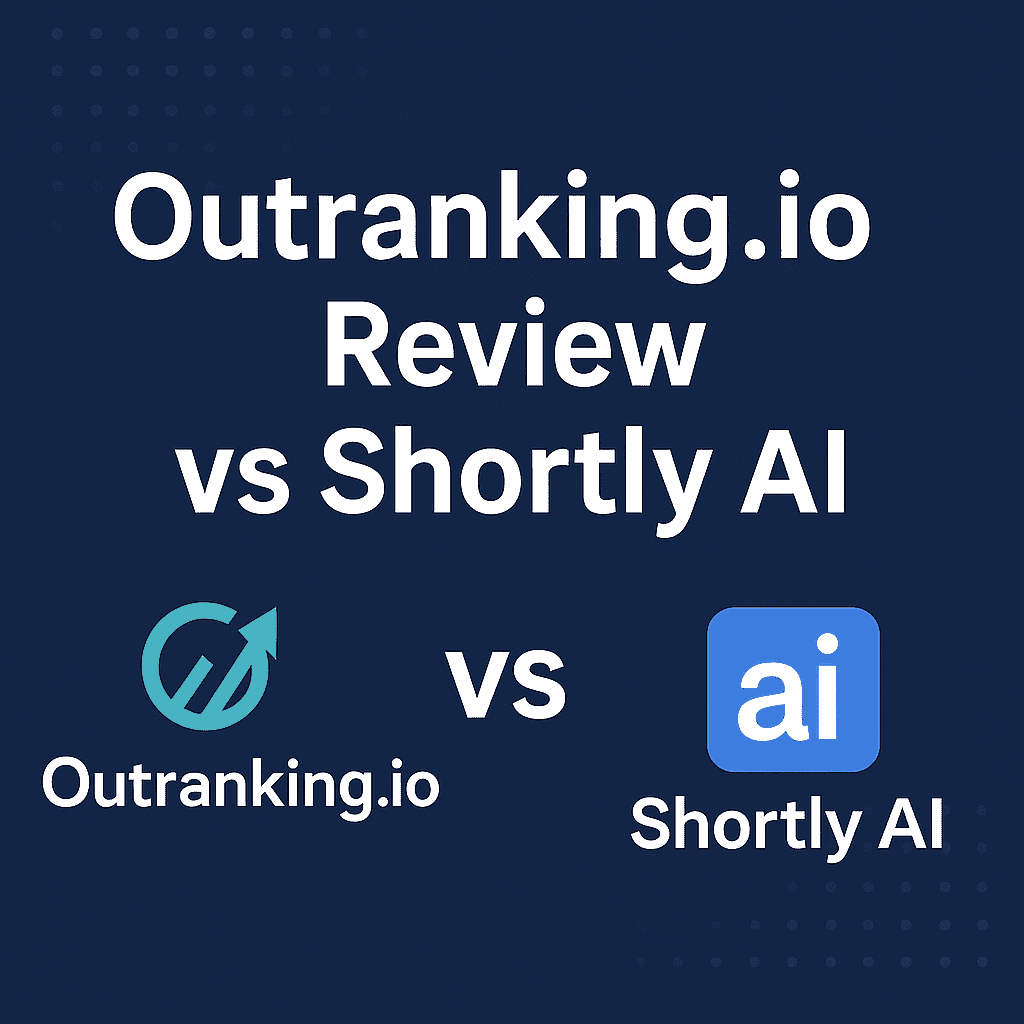
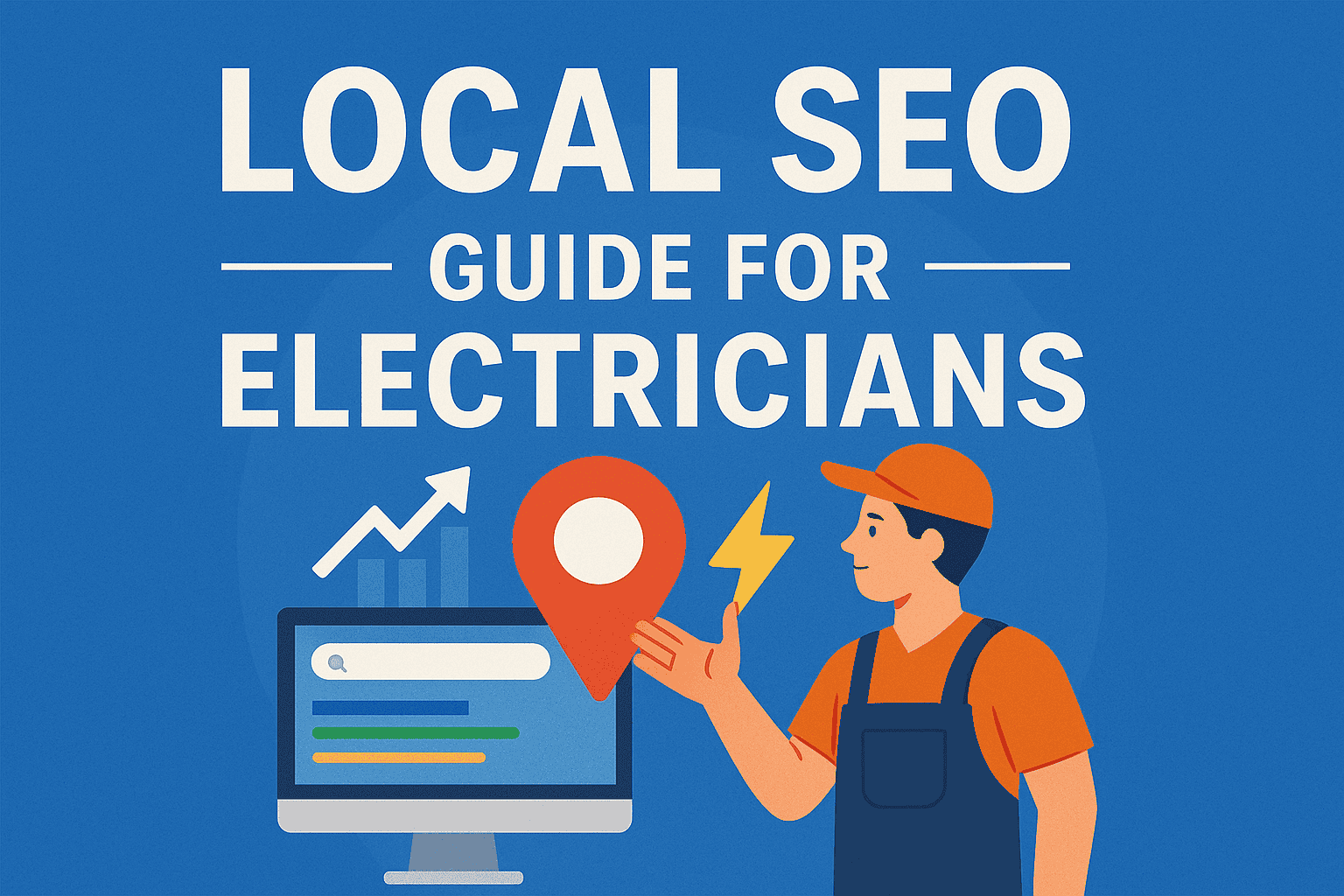
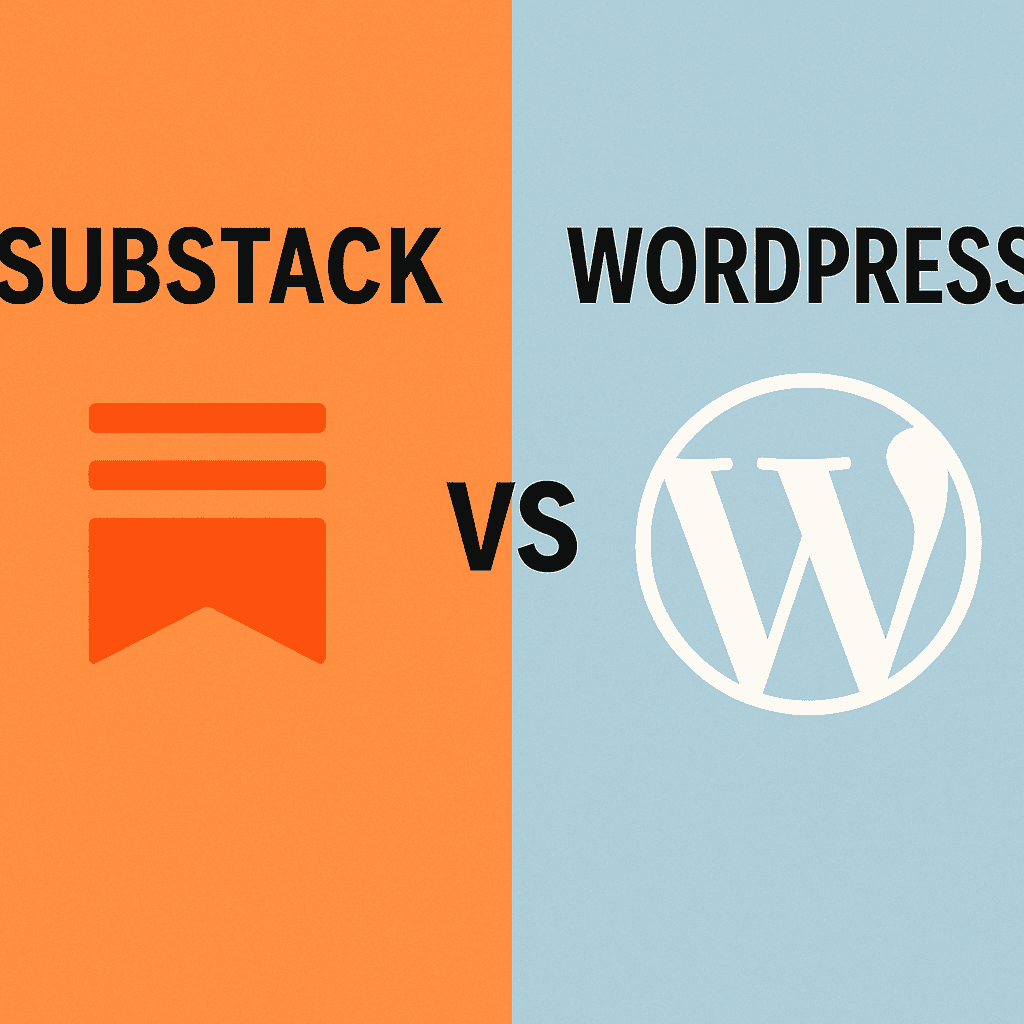
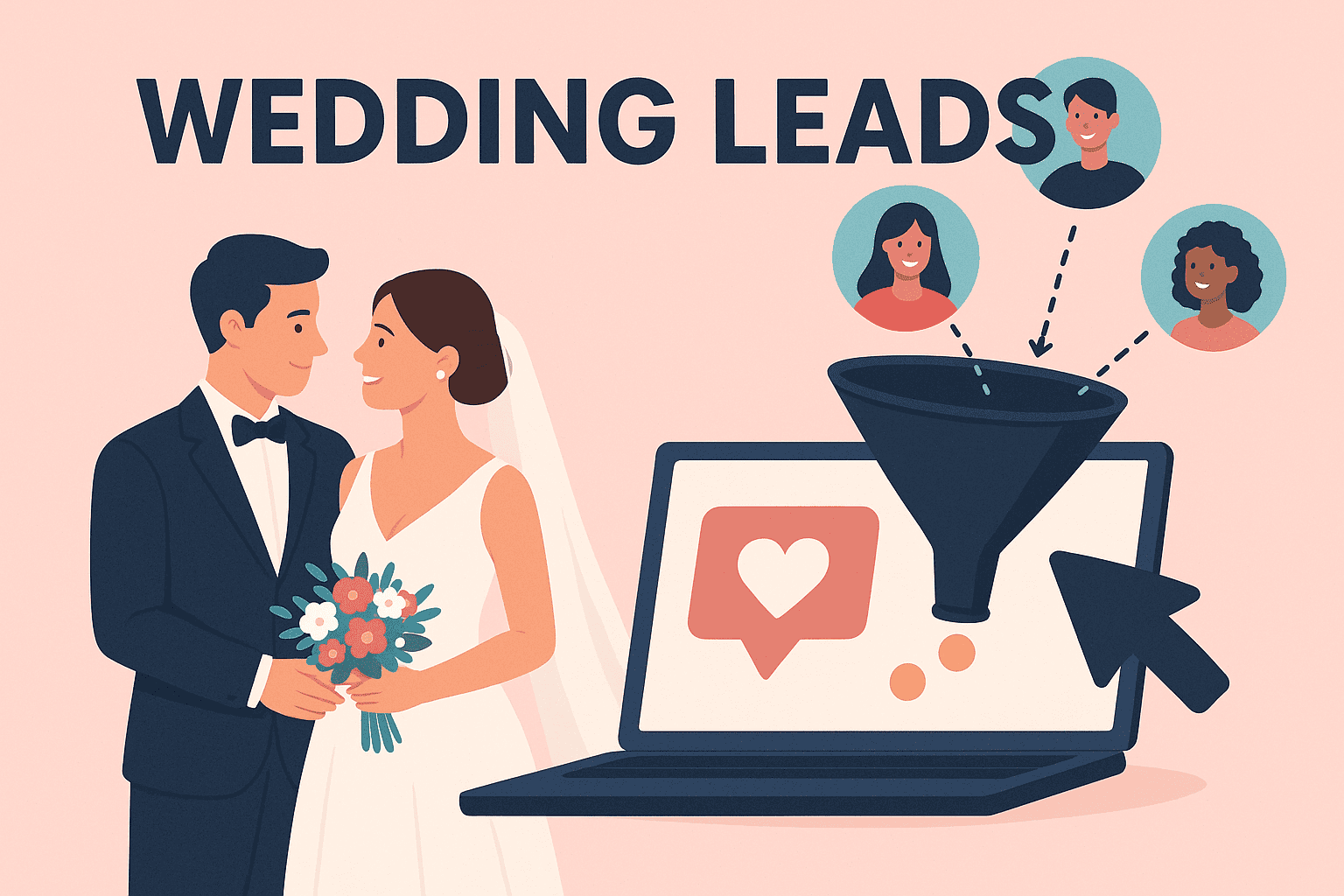
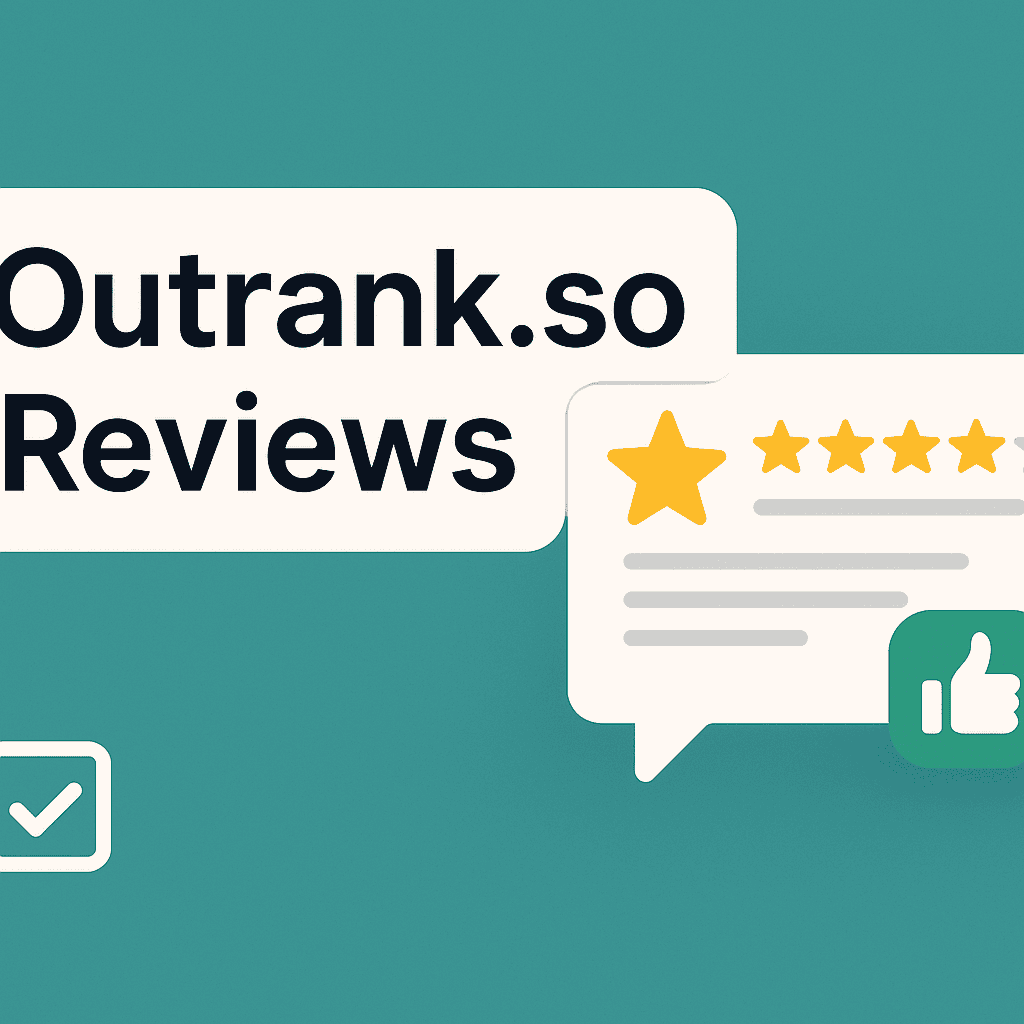

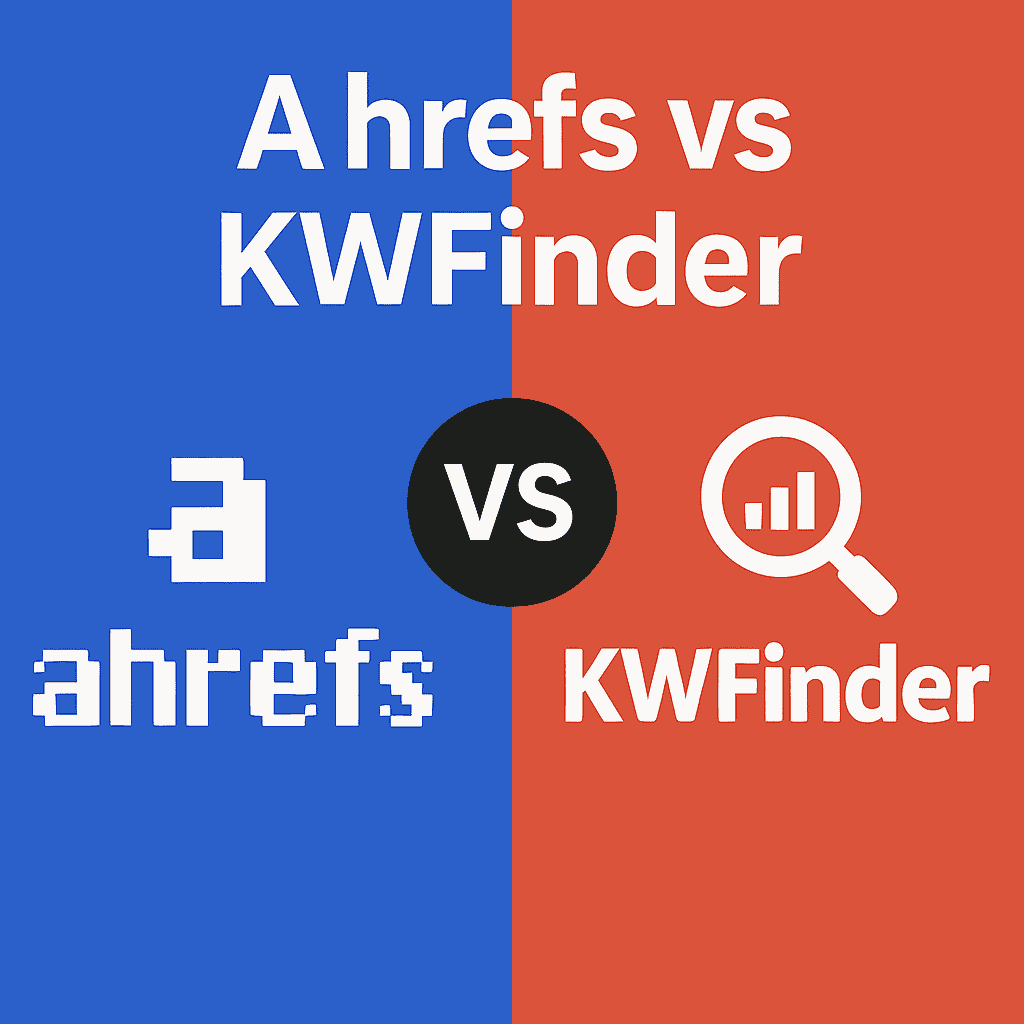


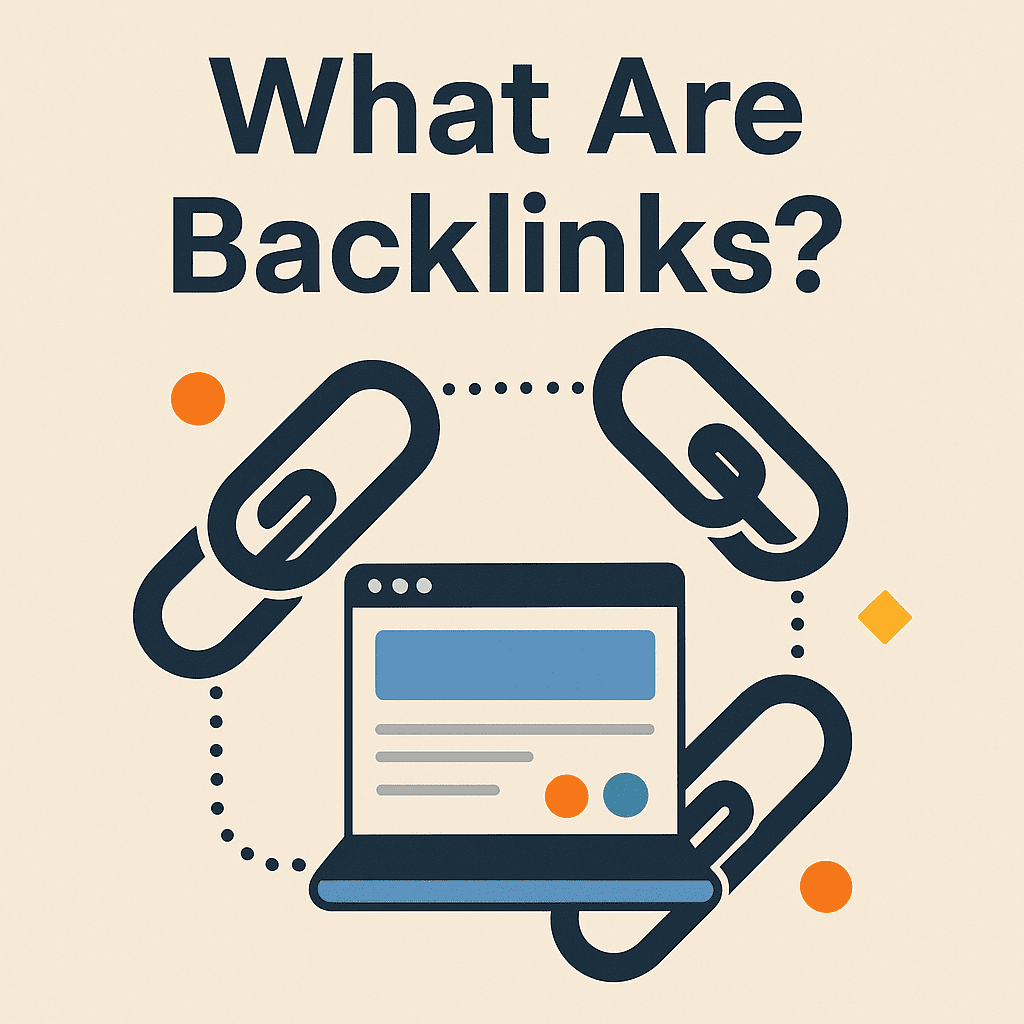
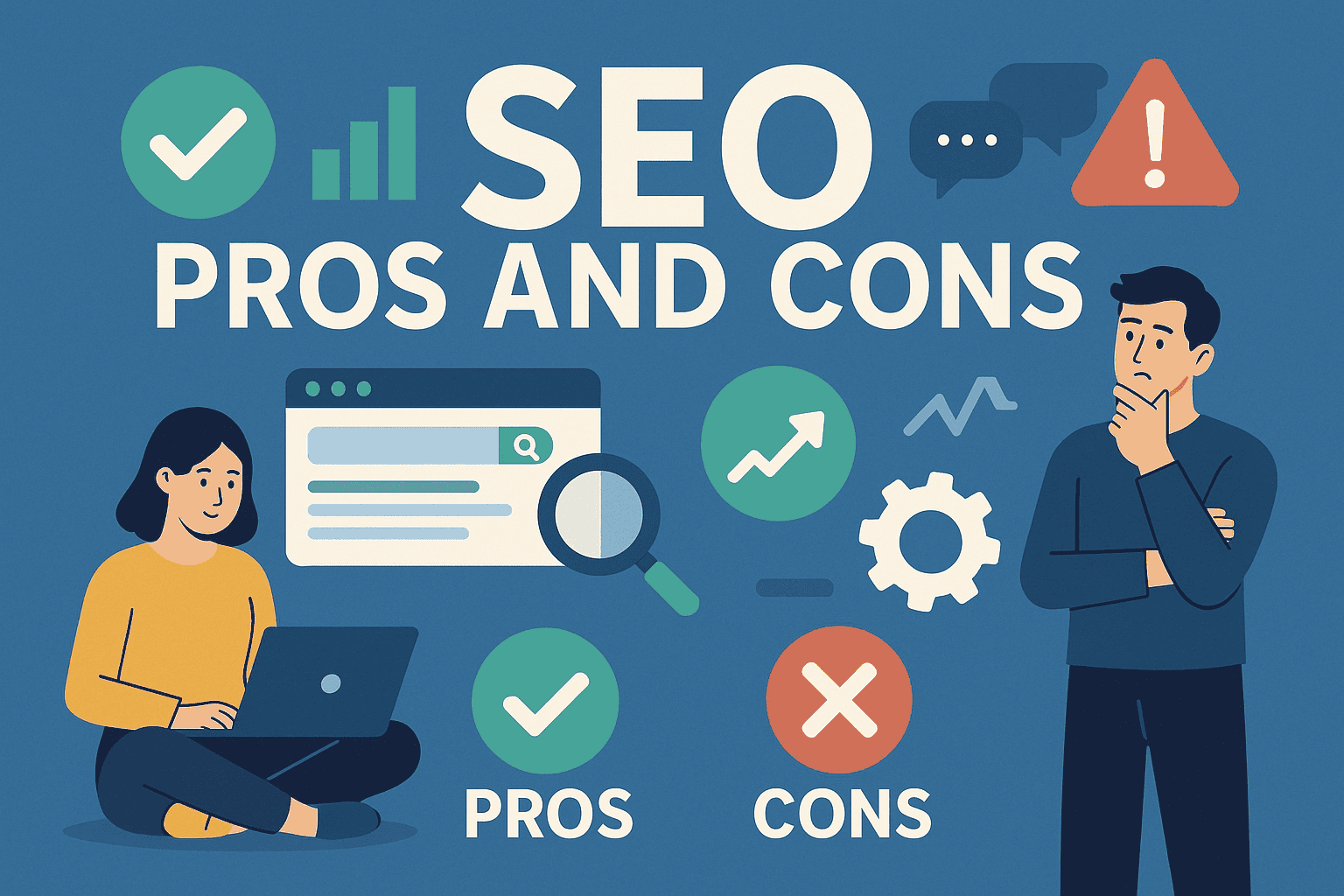
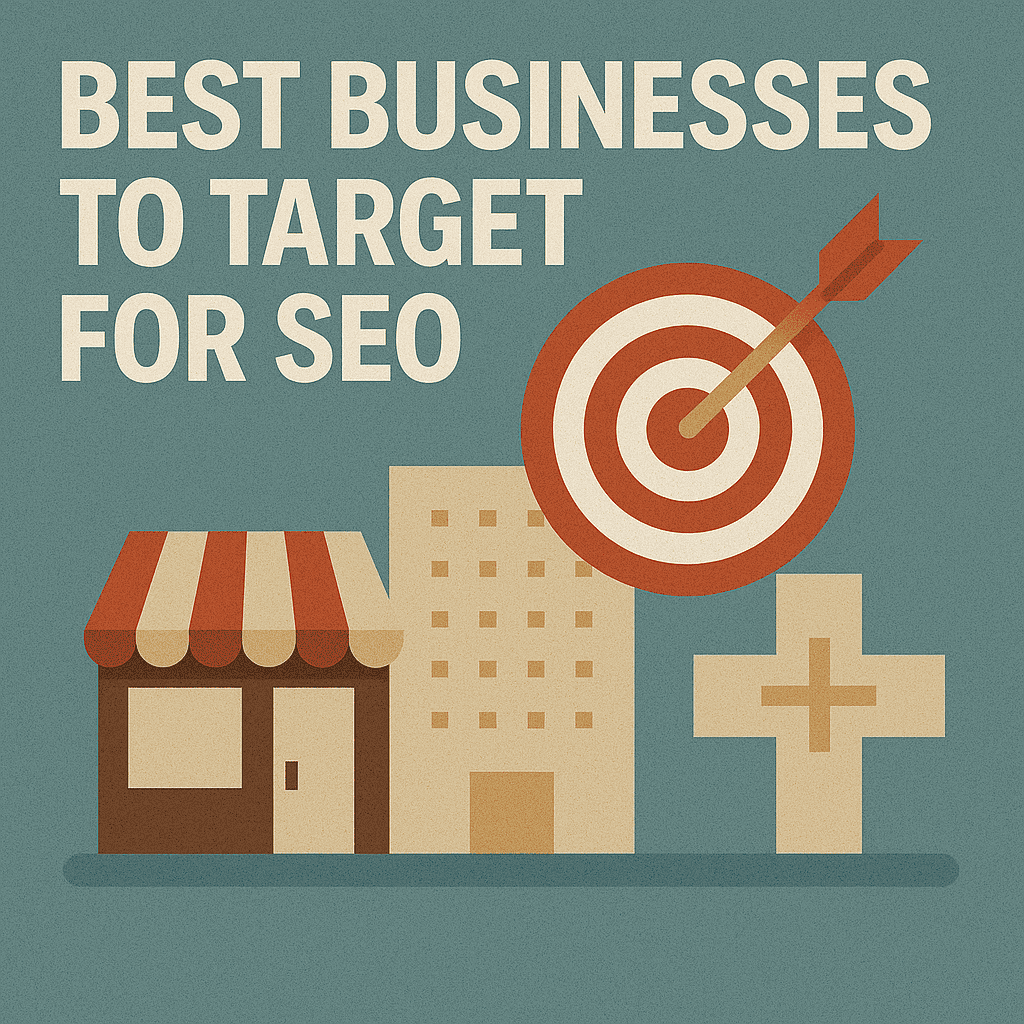
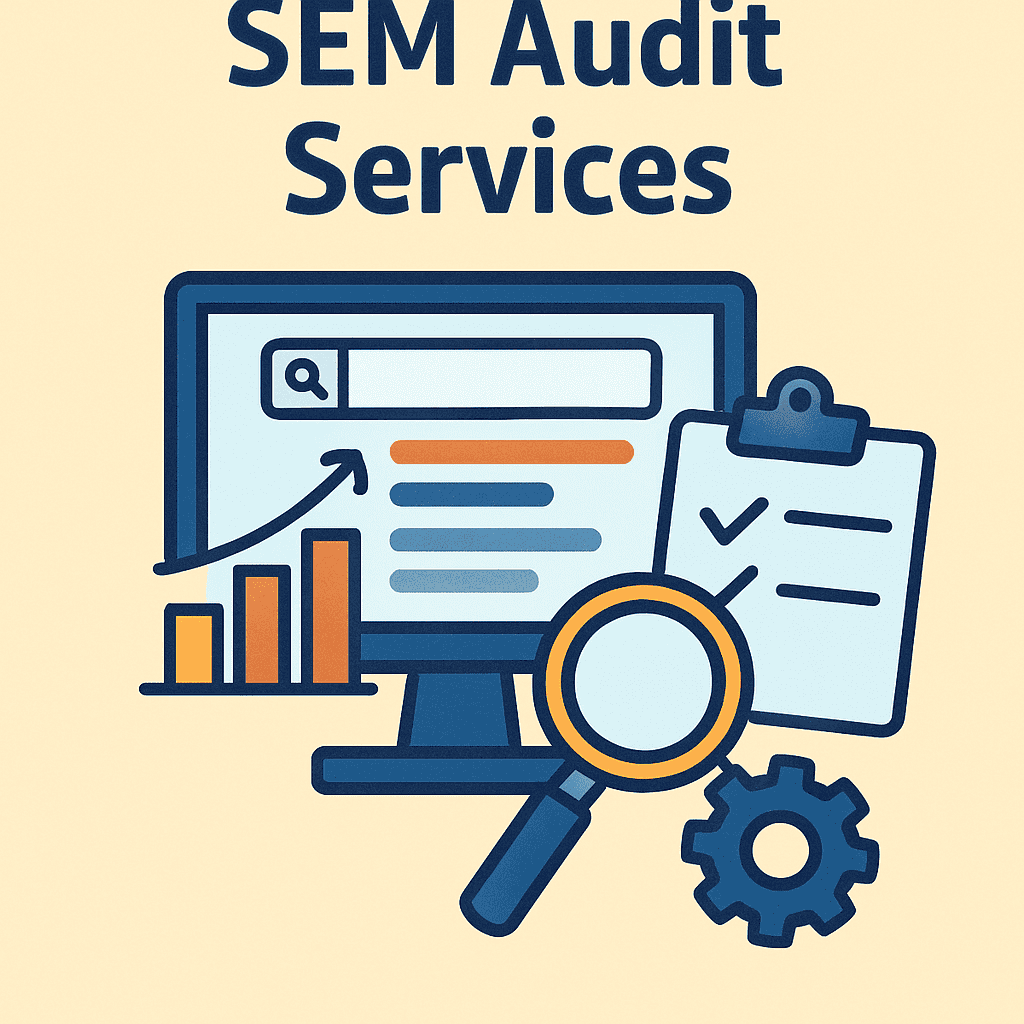
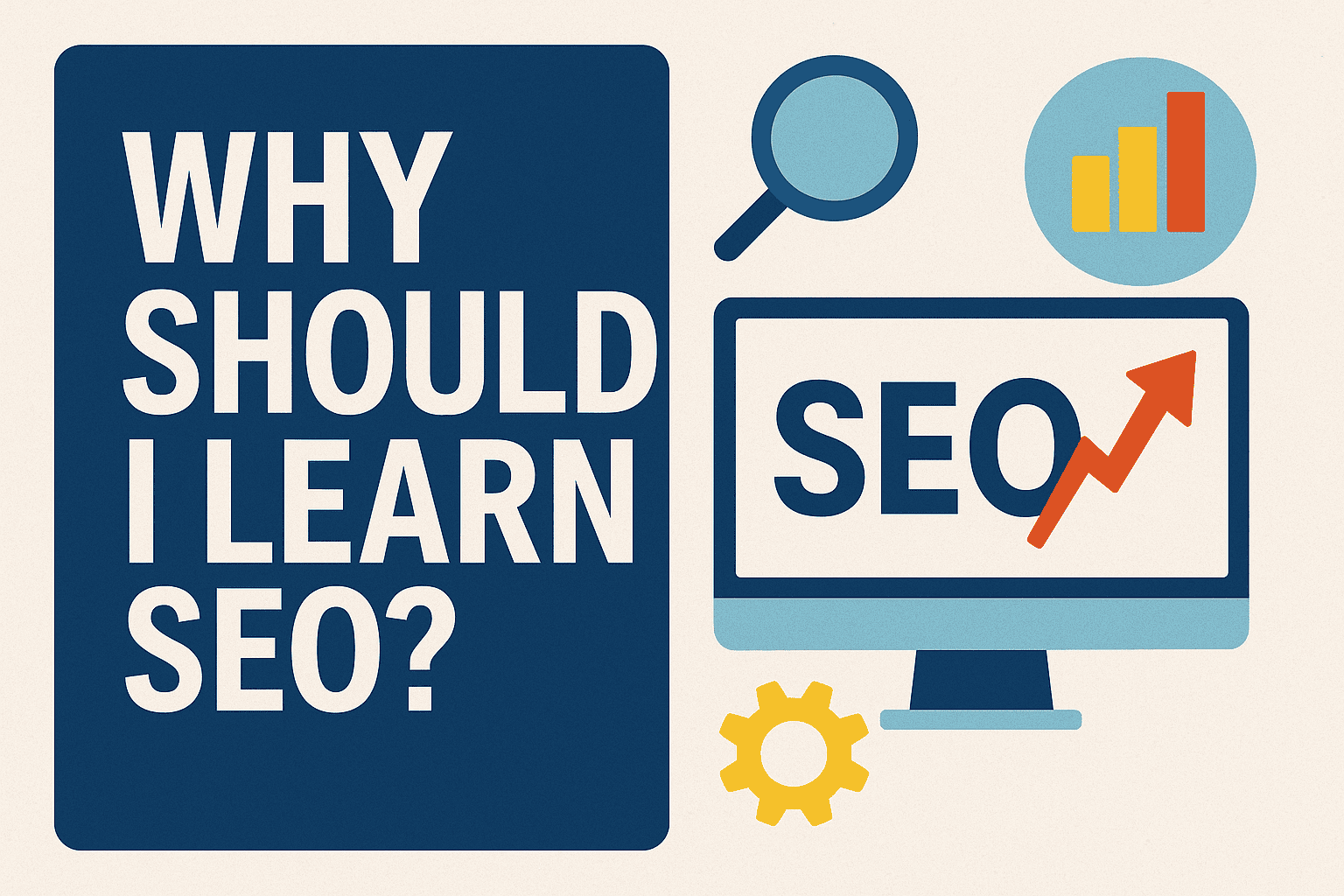
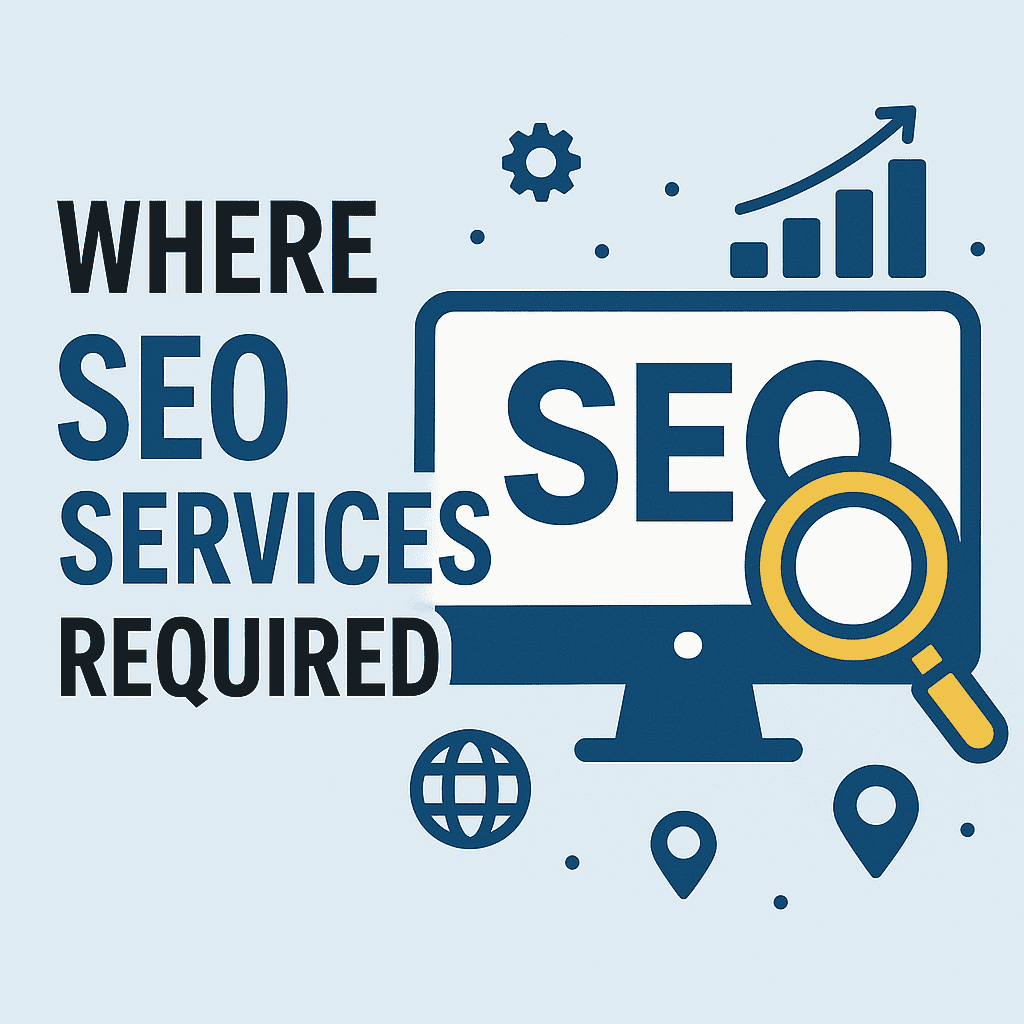
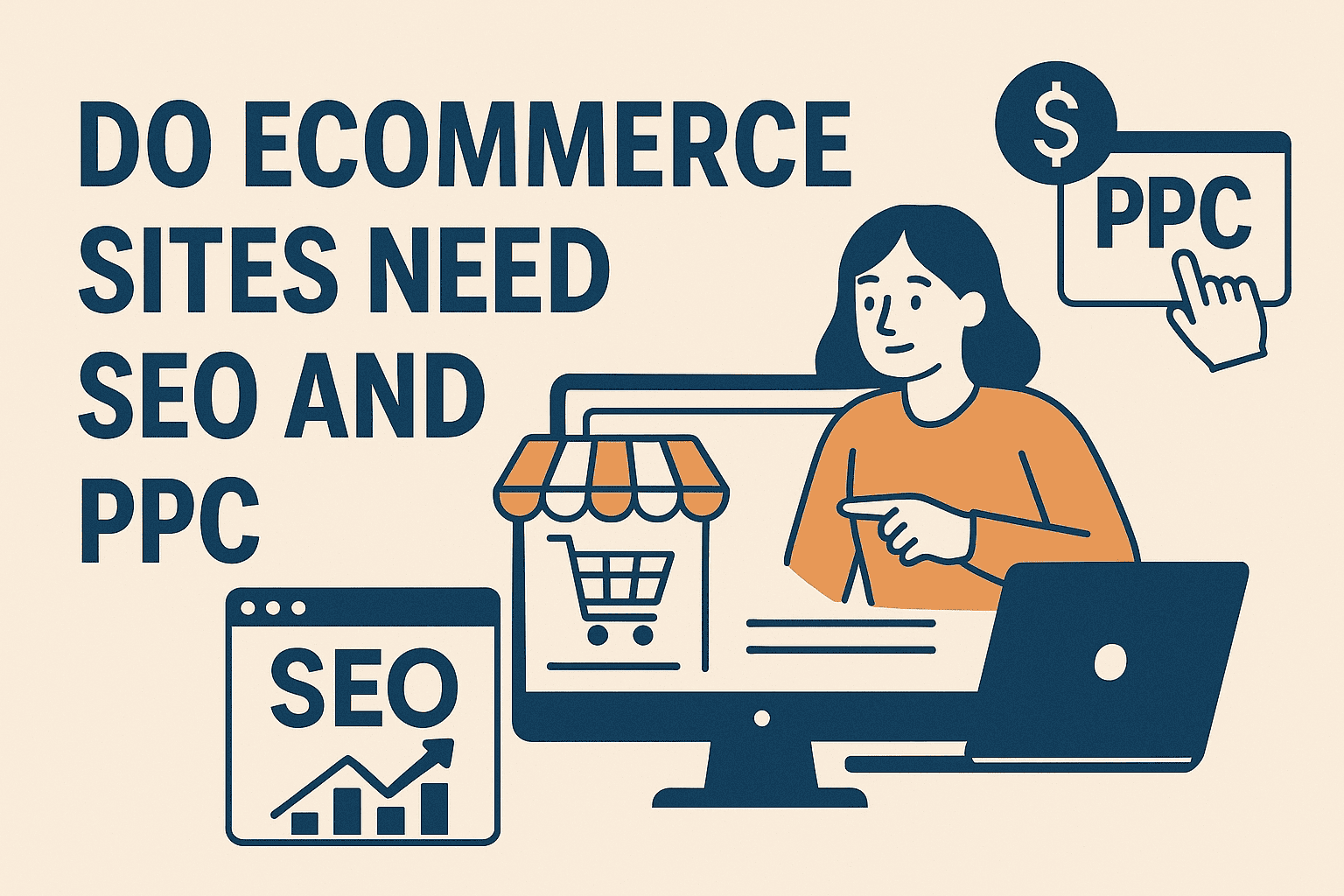
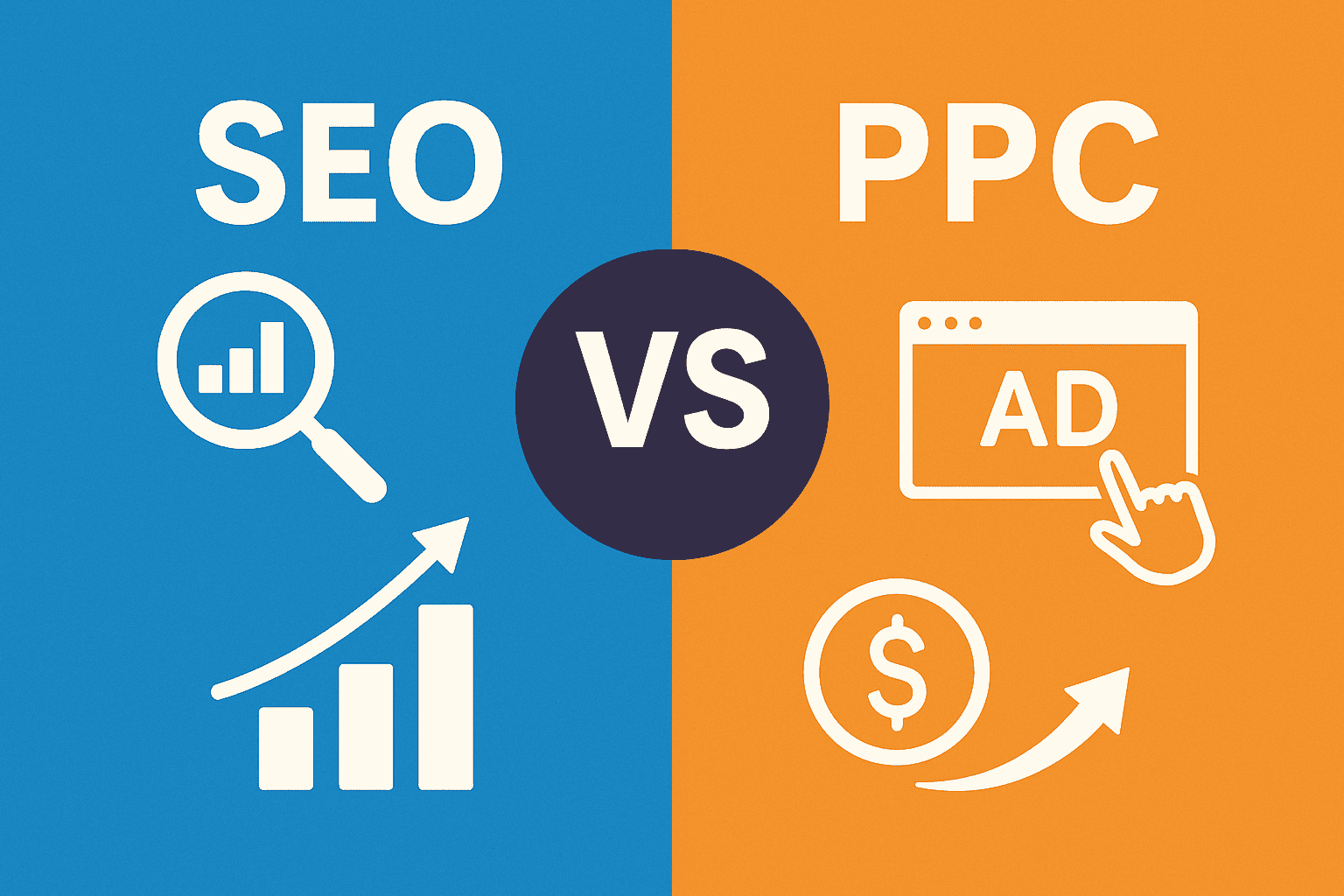
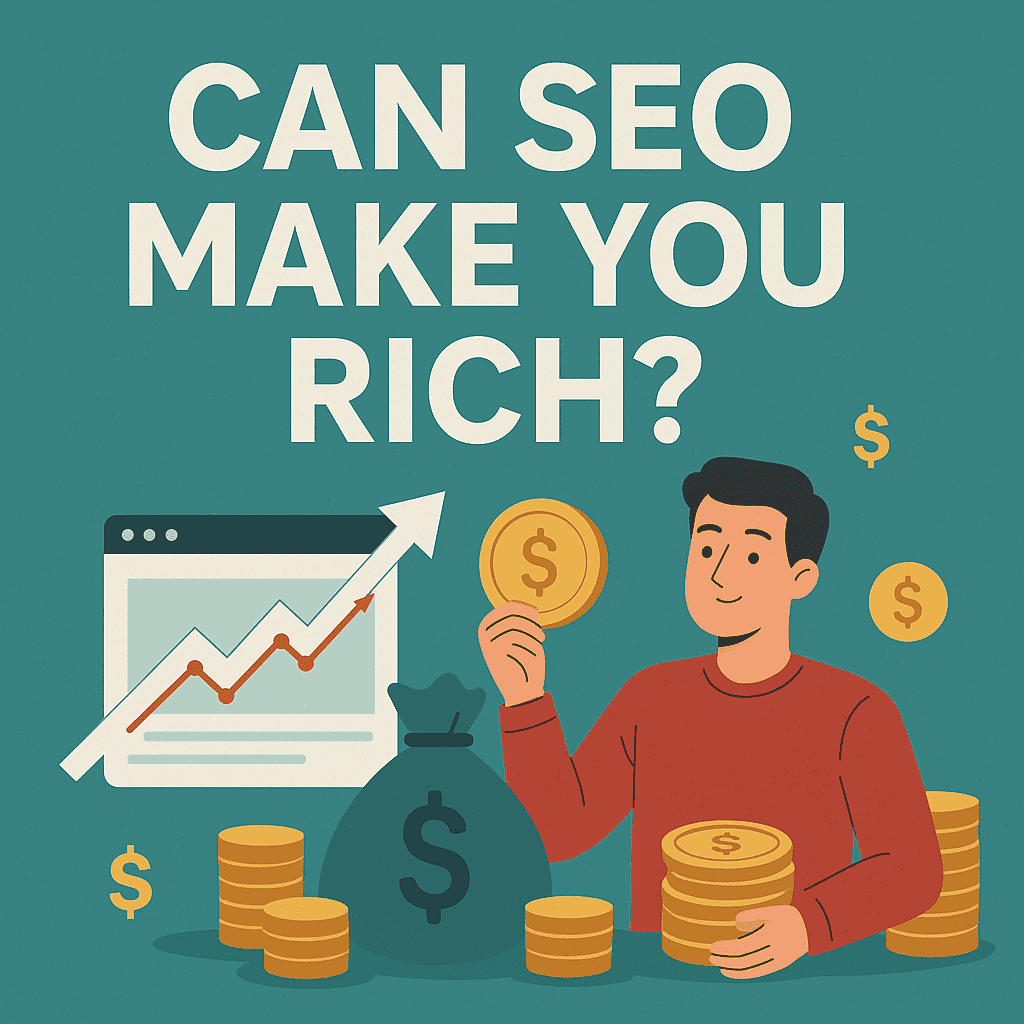
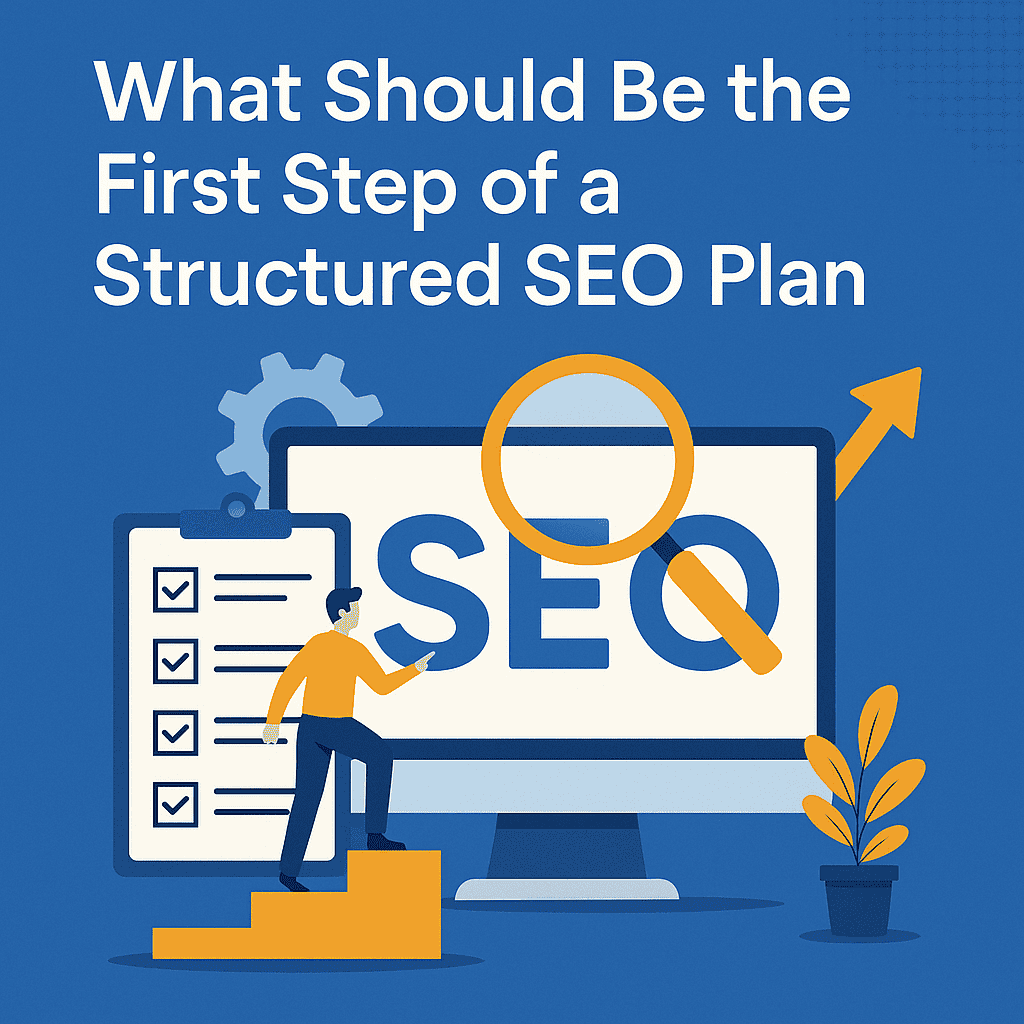
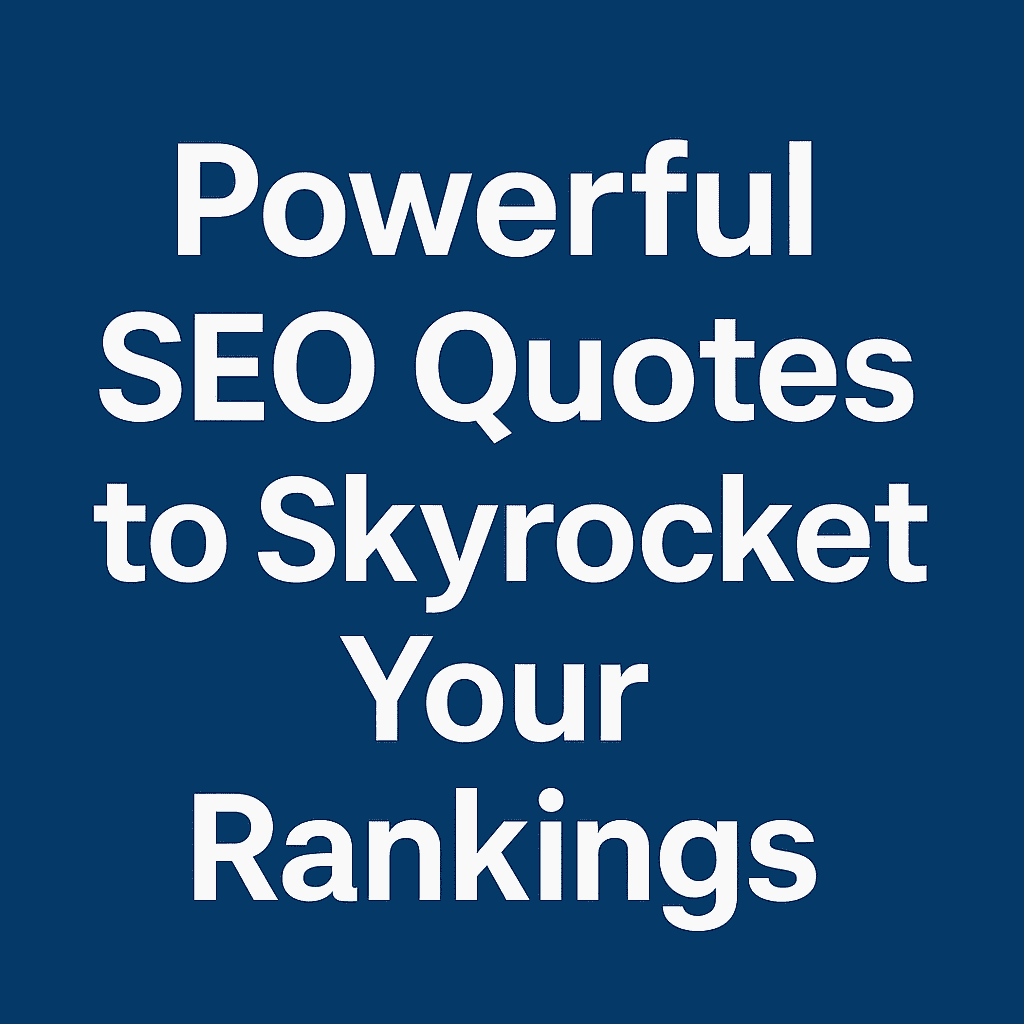
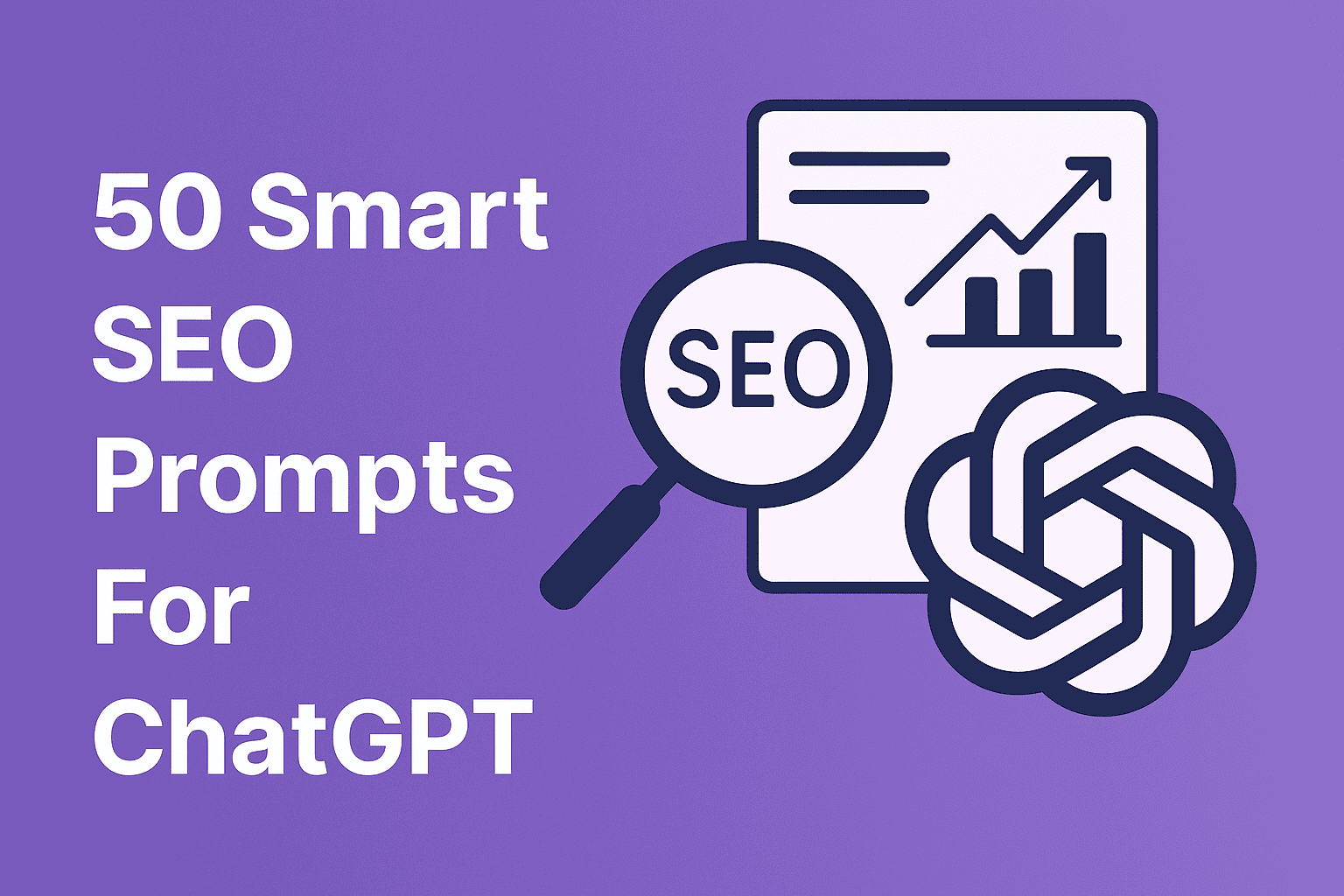
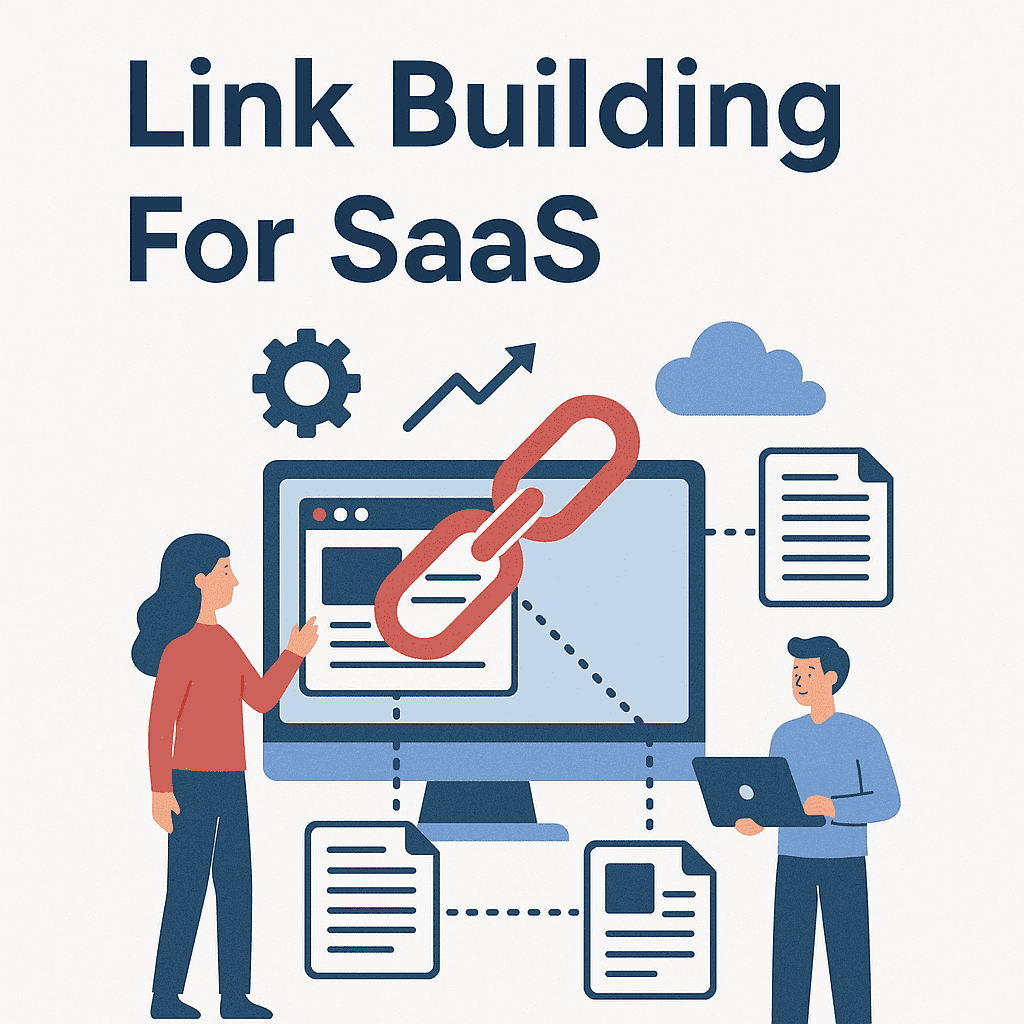
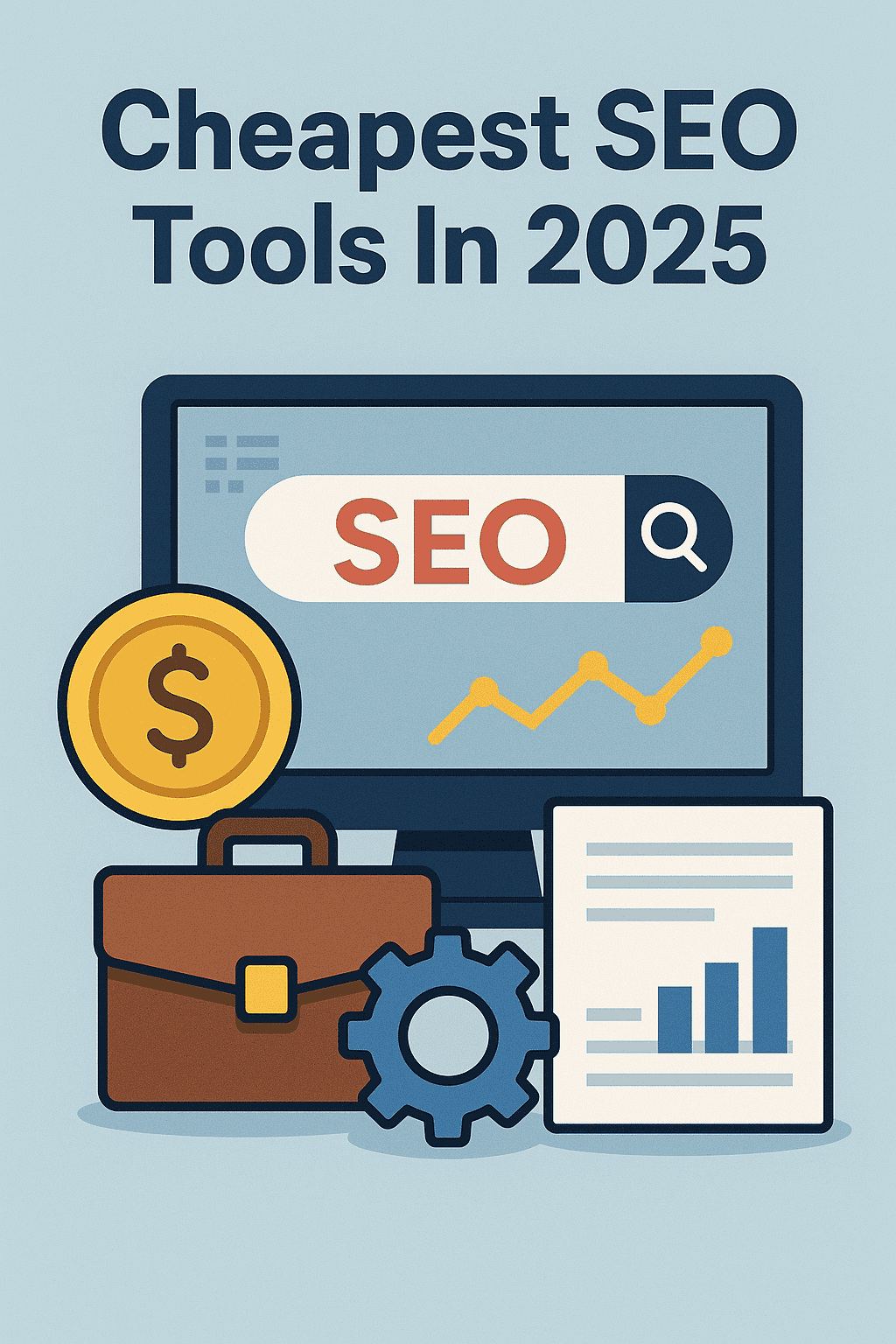
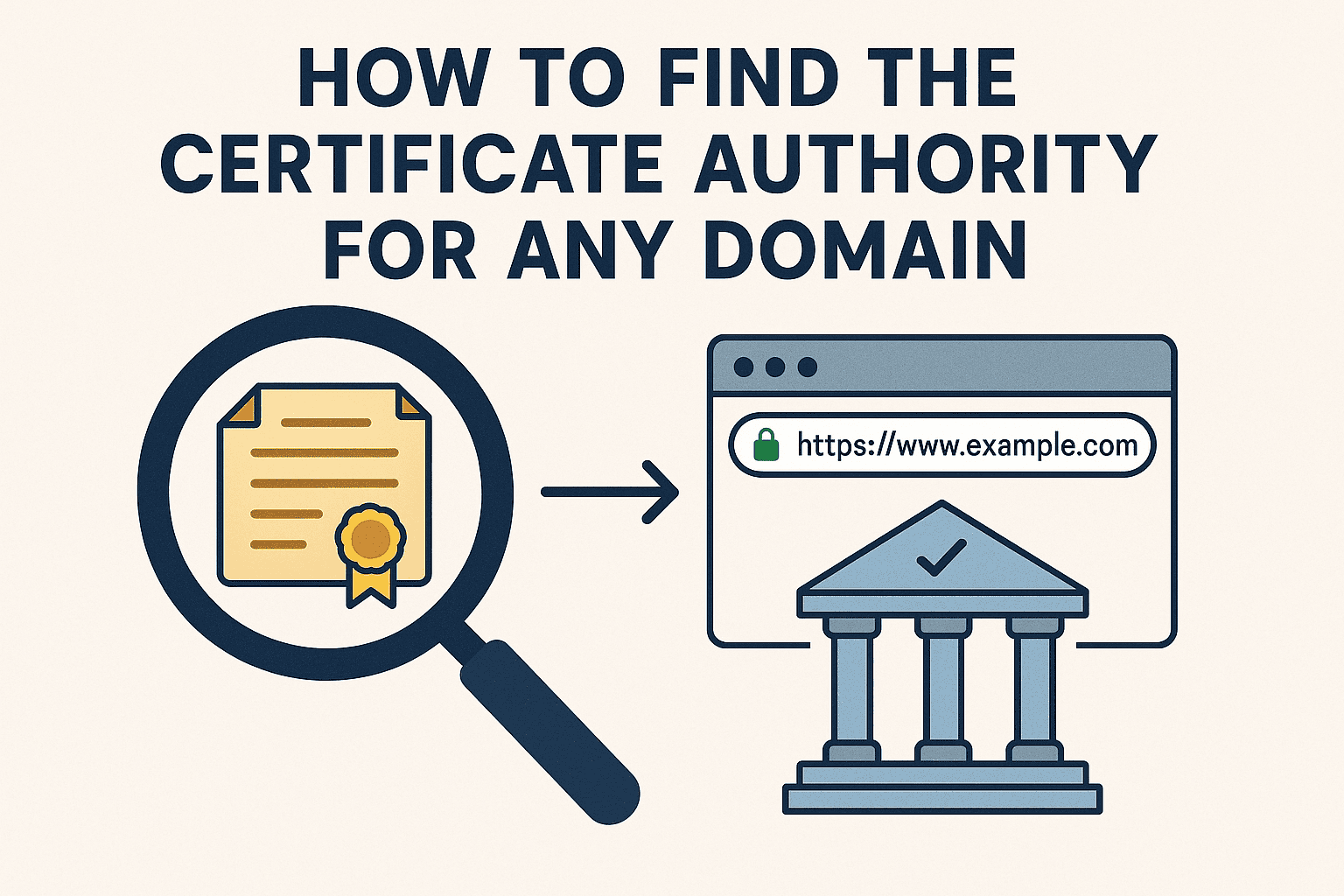
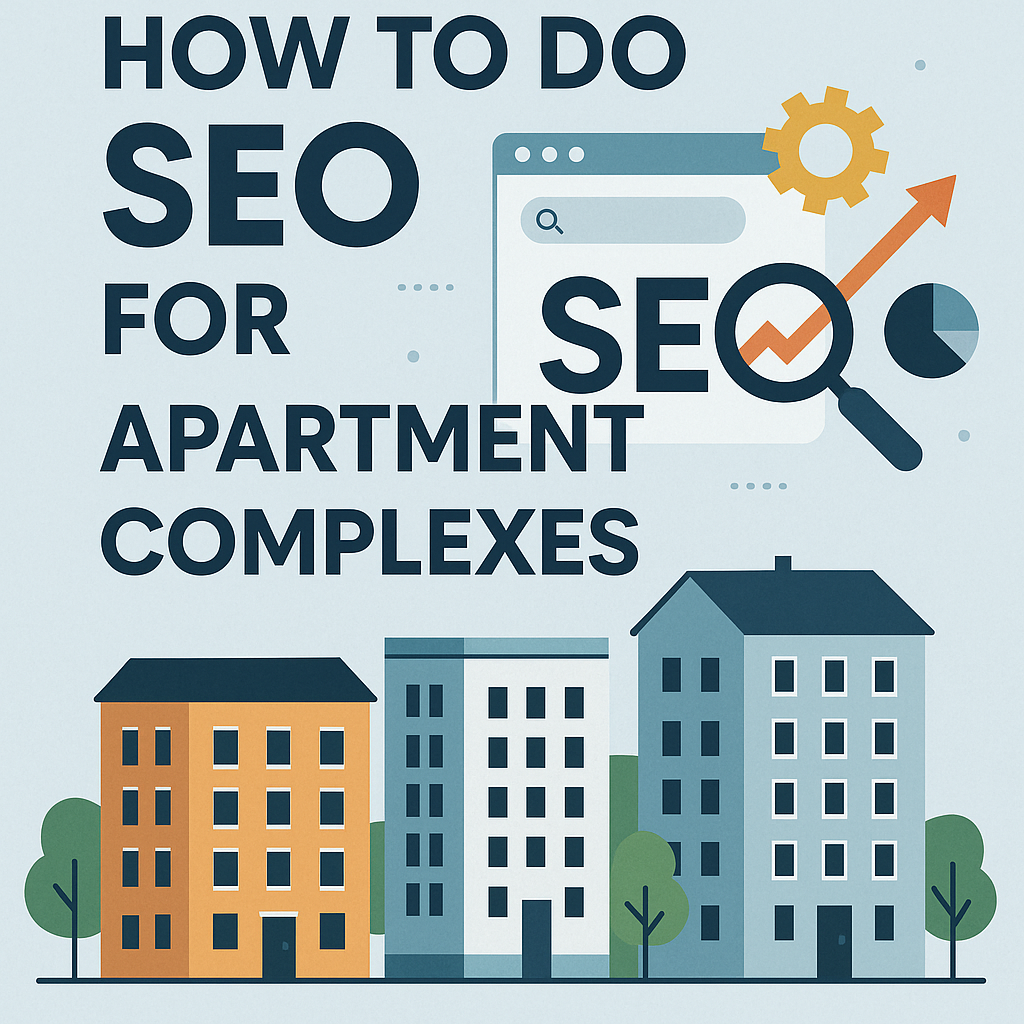
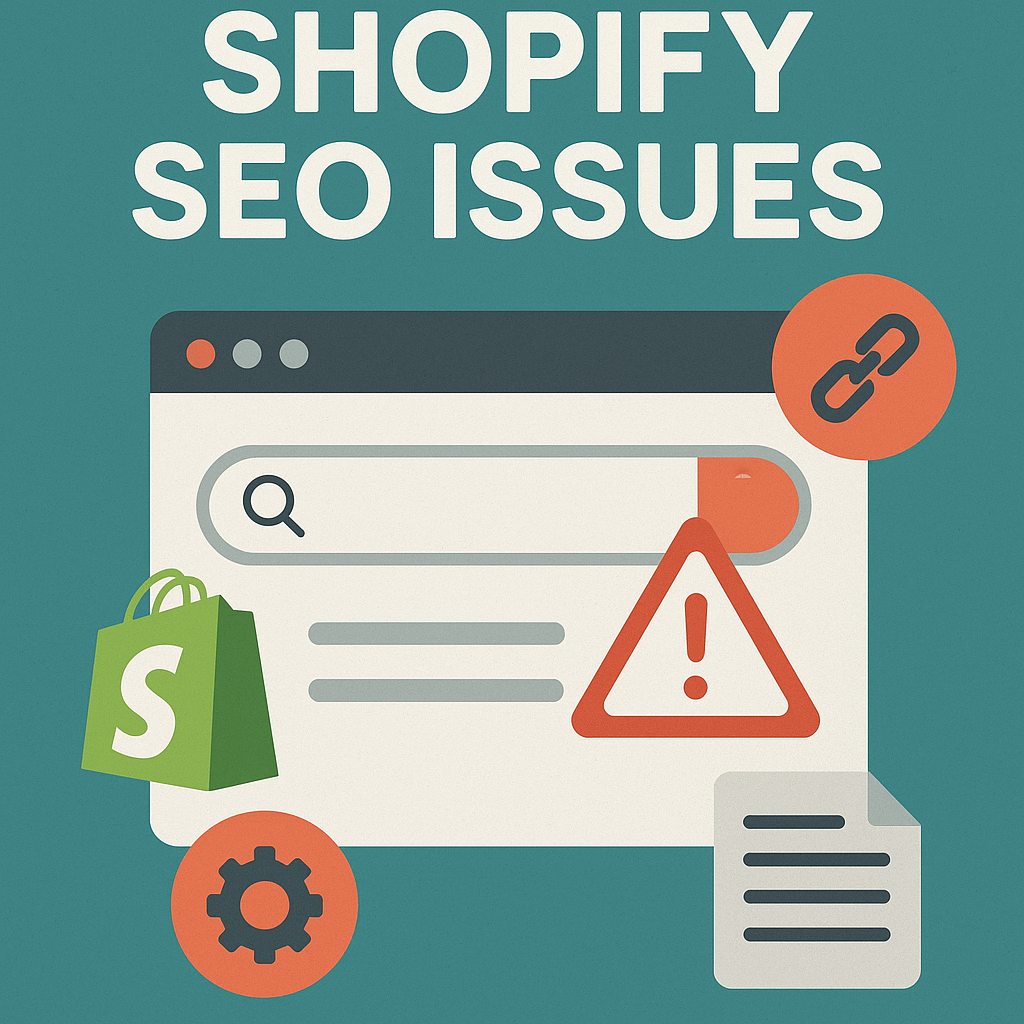
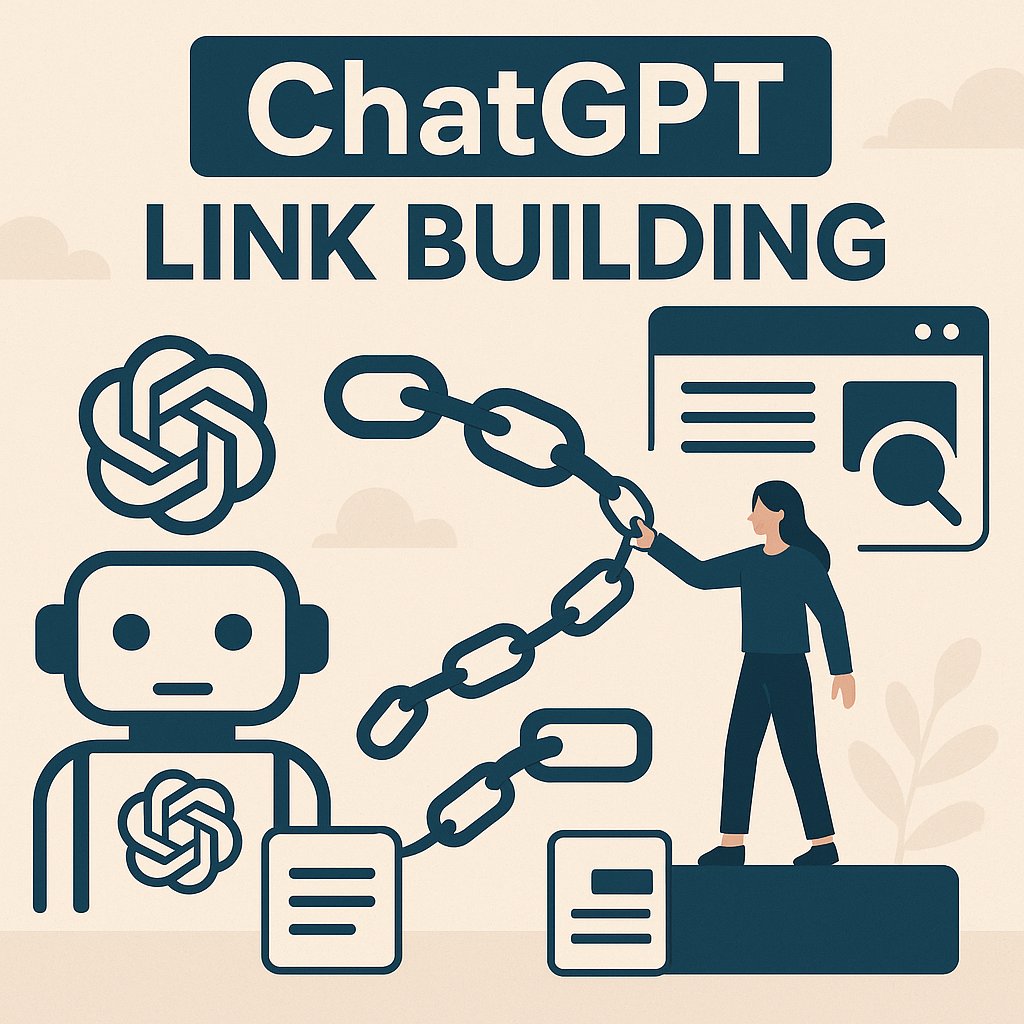
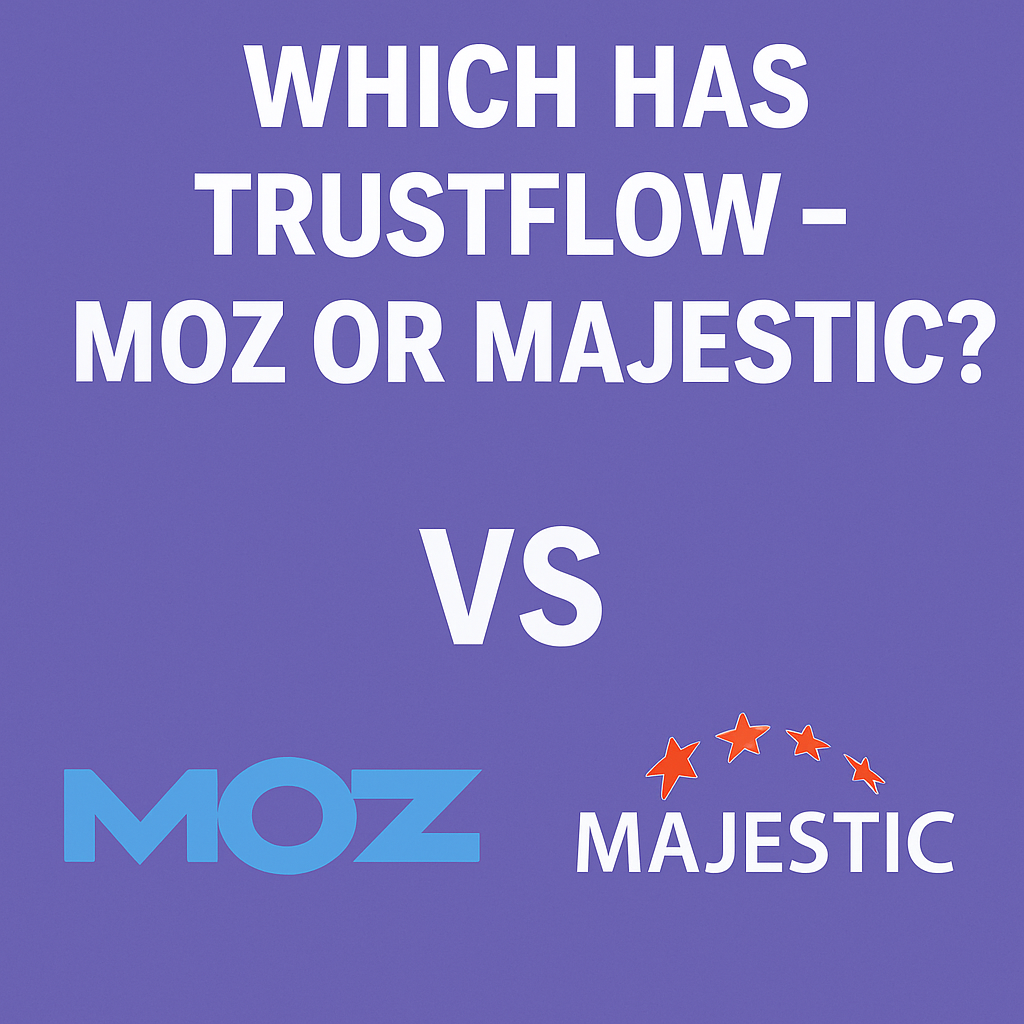
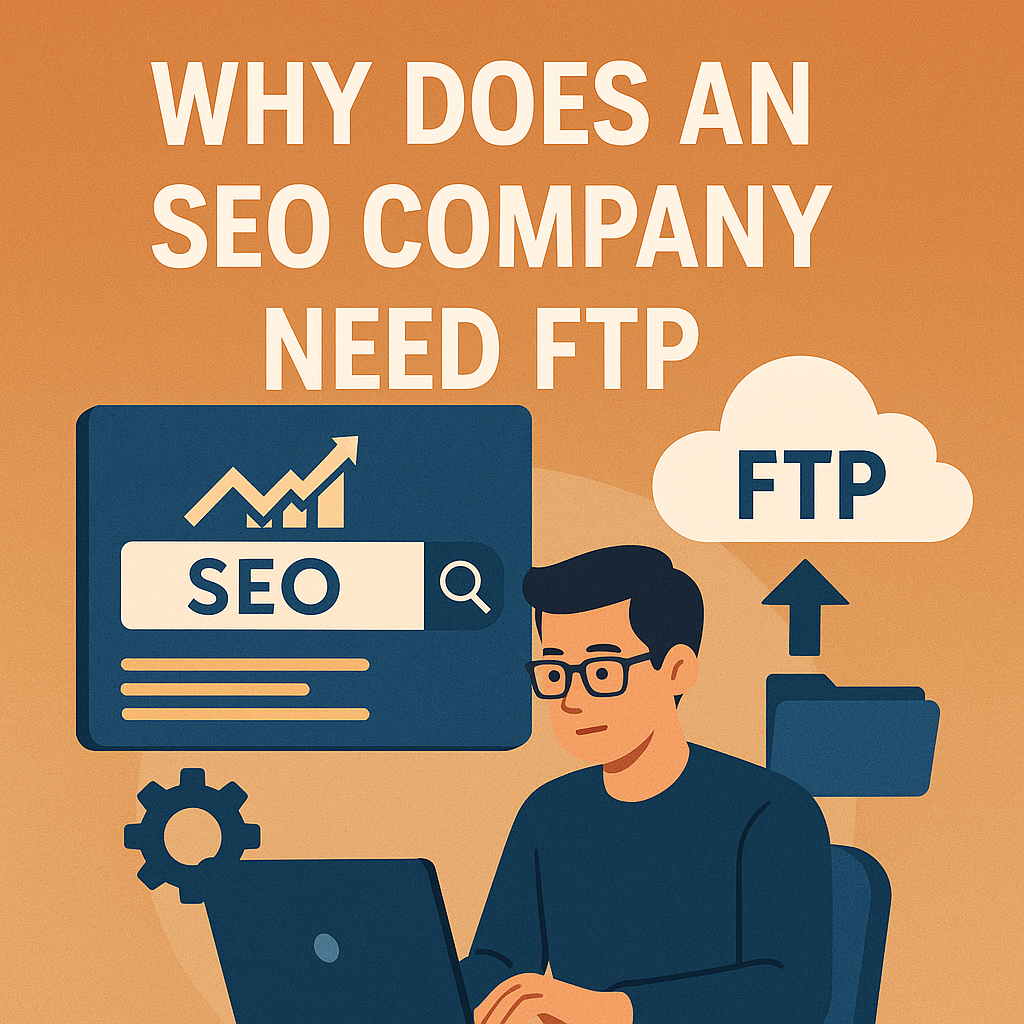
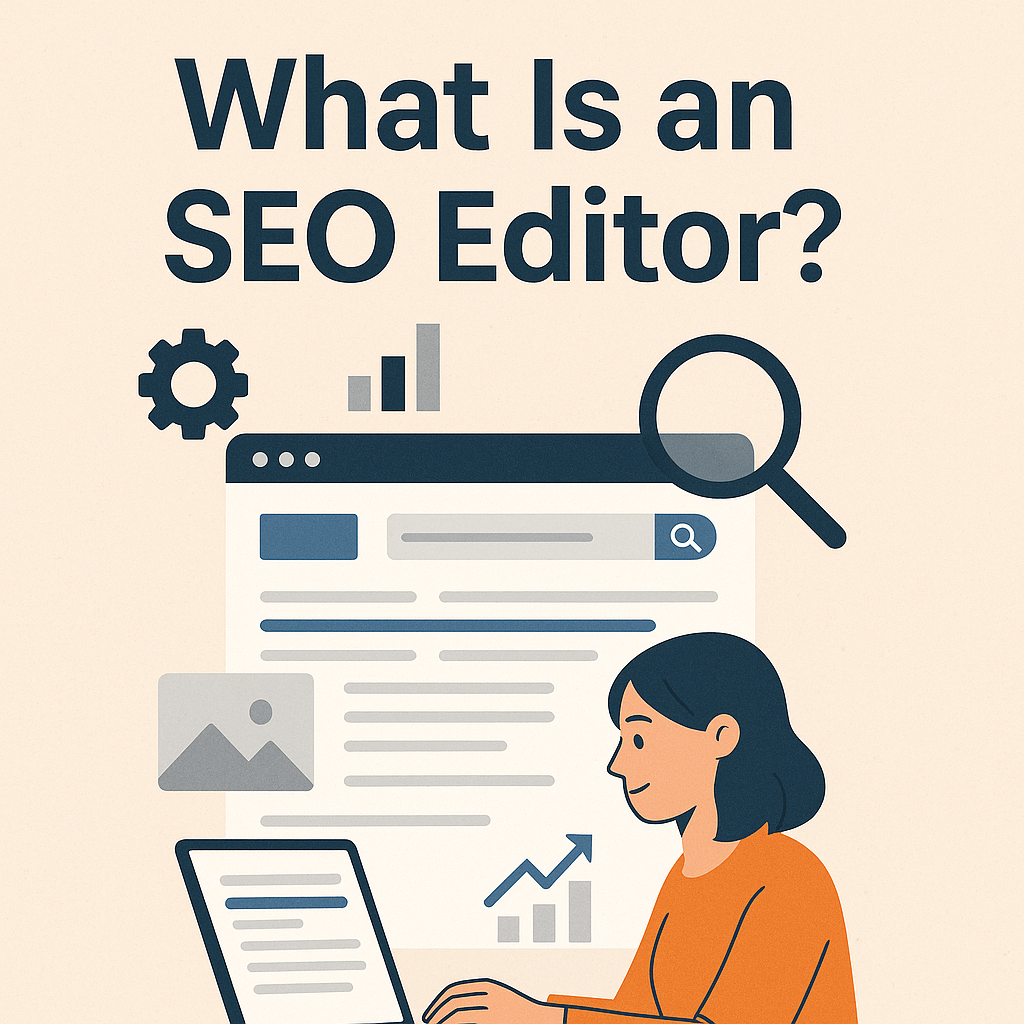
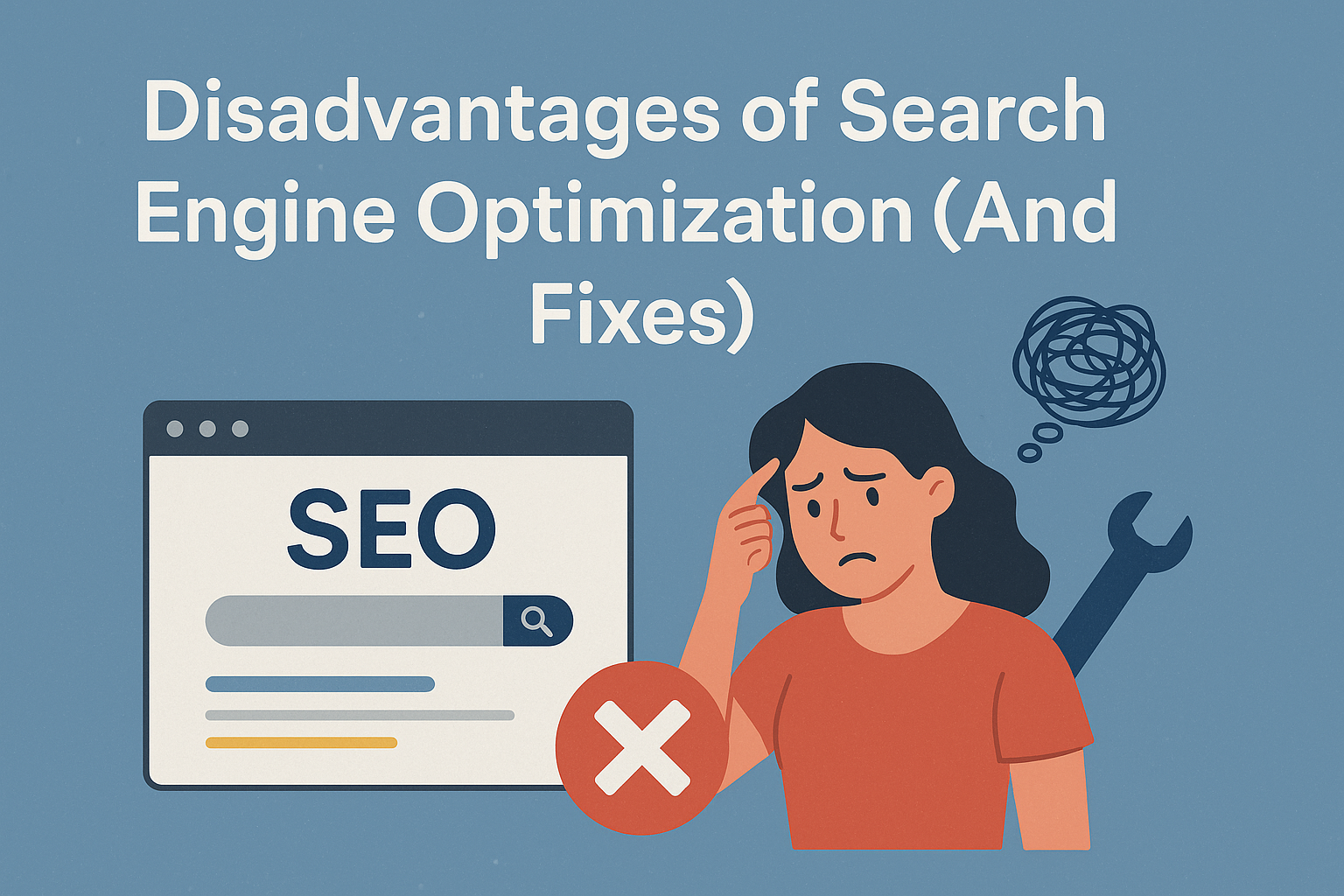
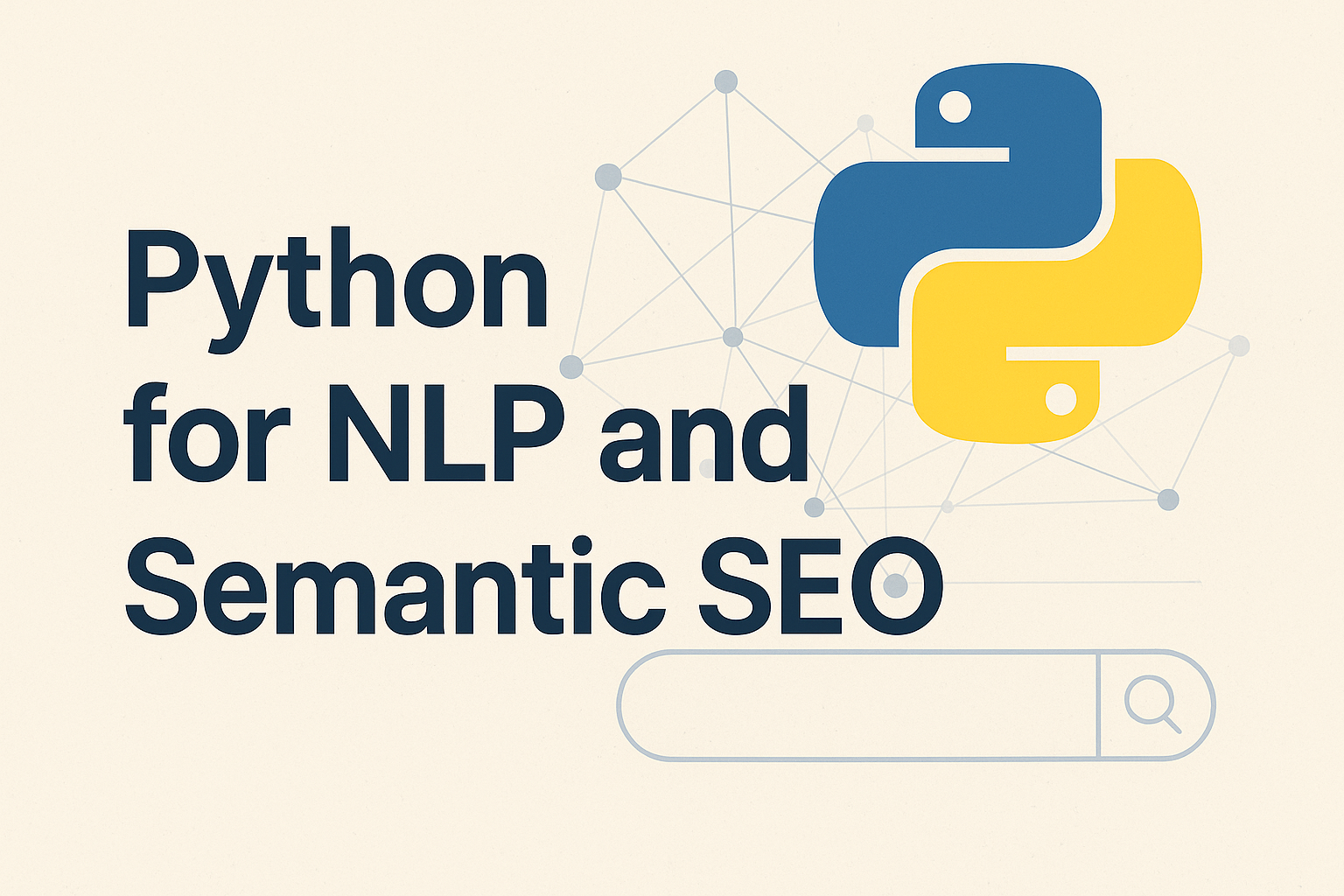
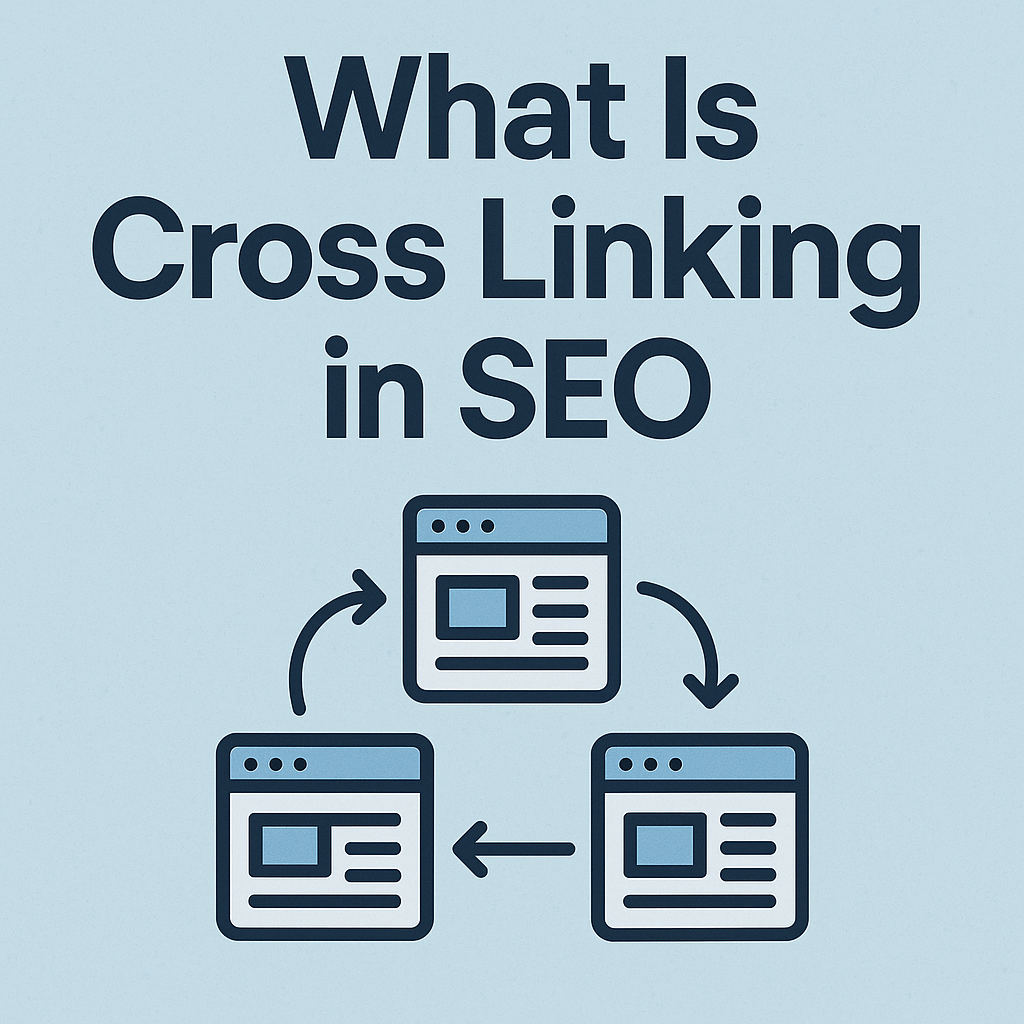

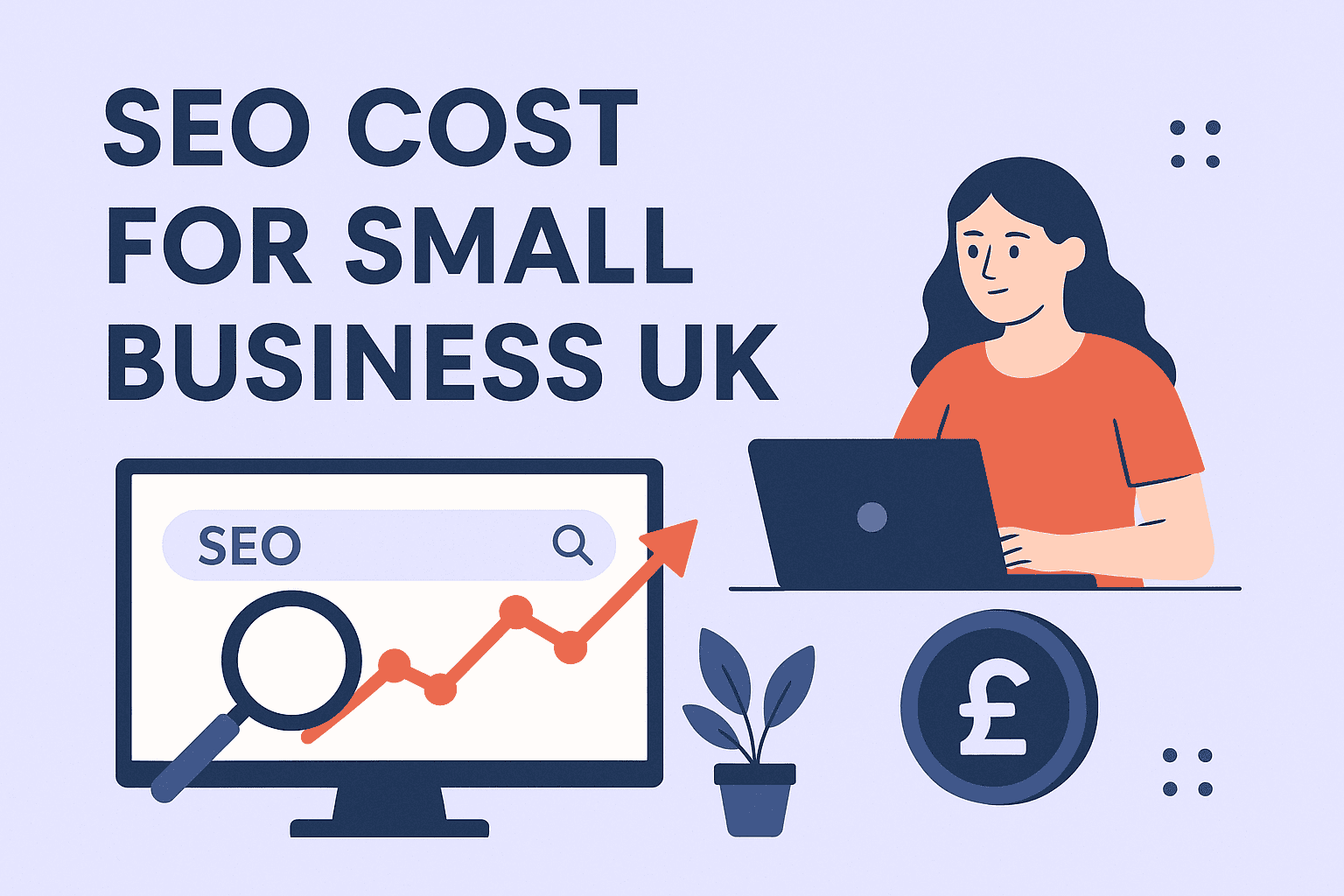
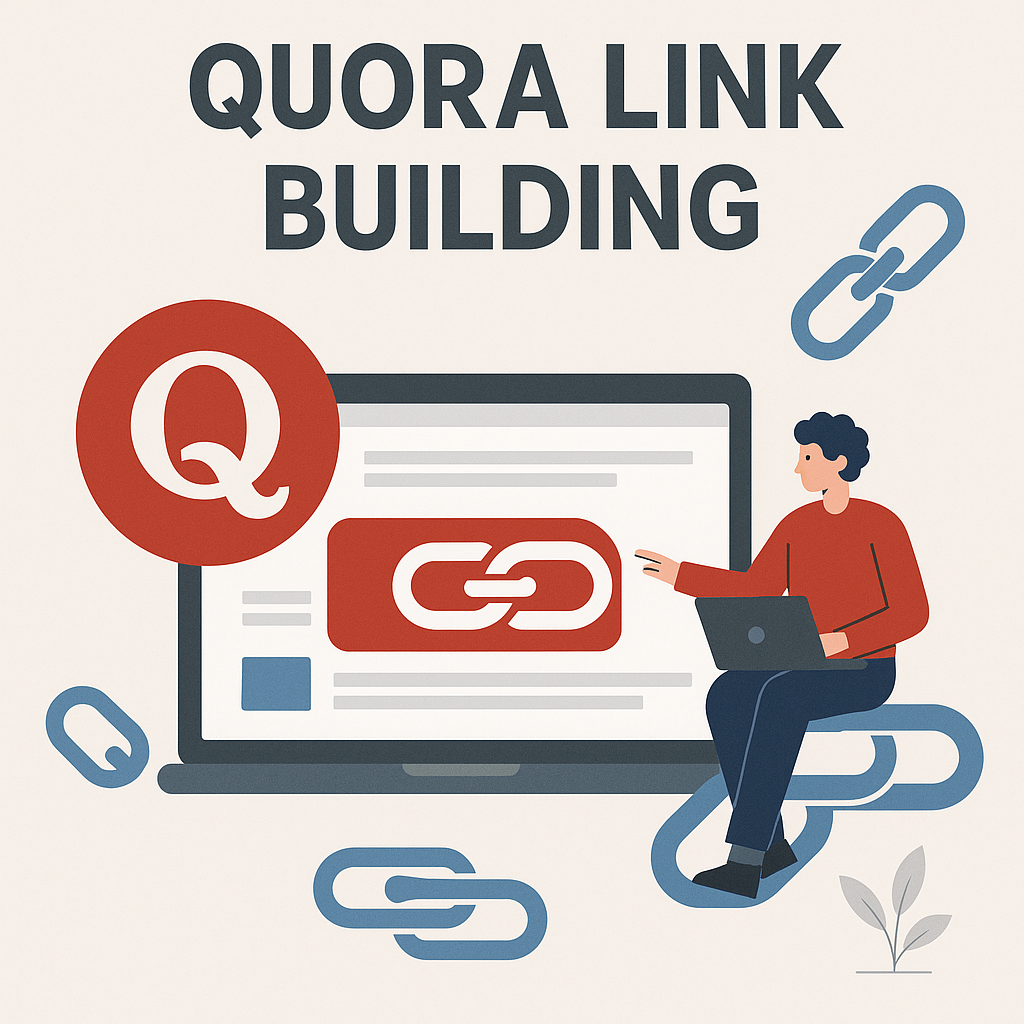
![How Many Outbound Links Per Blog [2025 Updated]](https://backlinkmanagement.io/wp-content/uploads/2025/06/How-Many-Outbound-Links-Per-Blog.png)
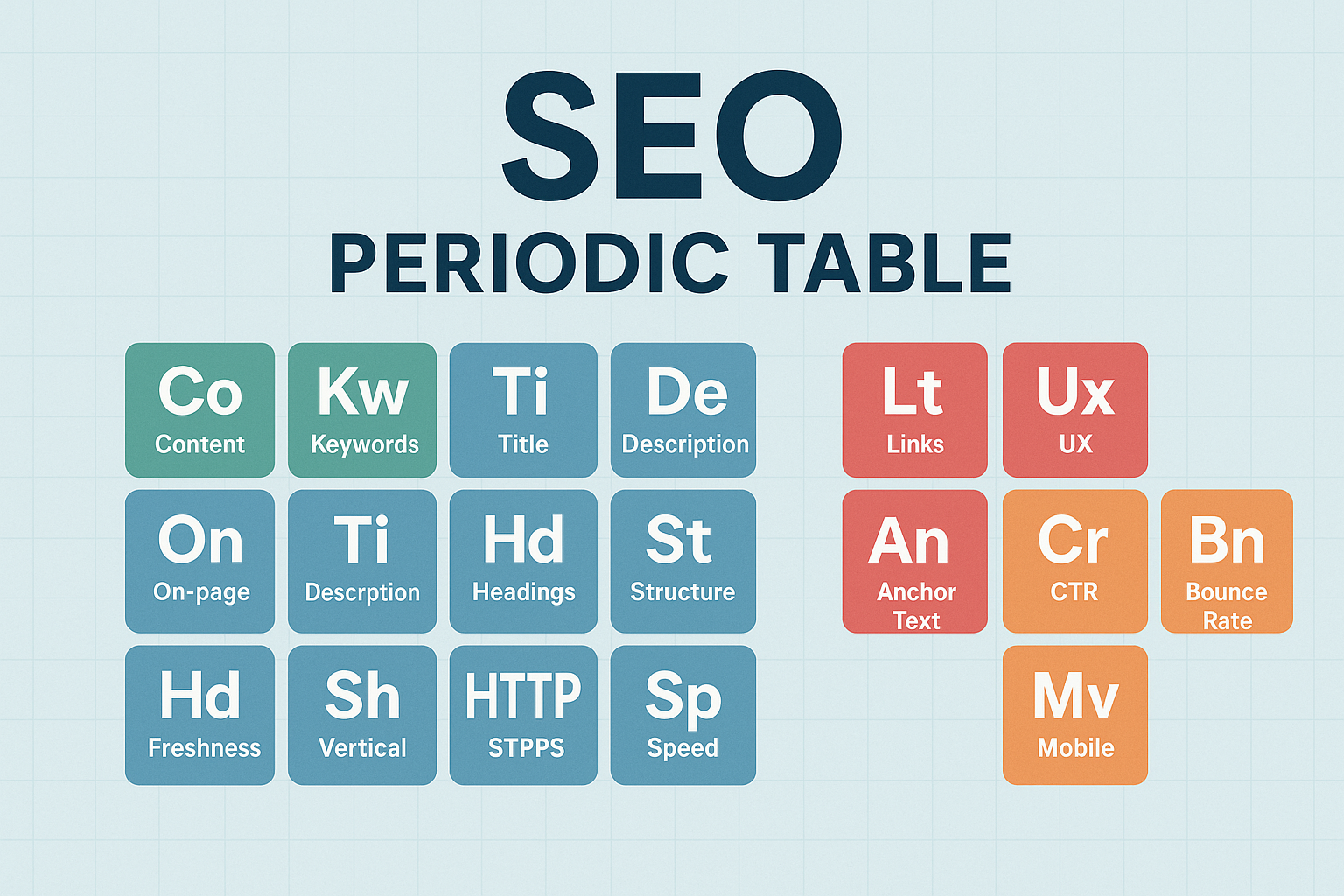

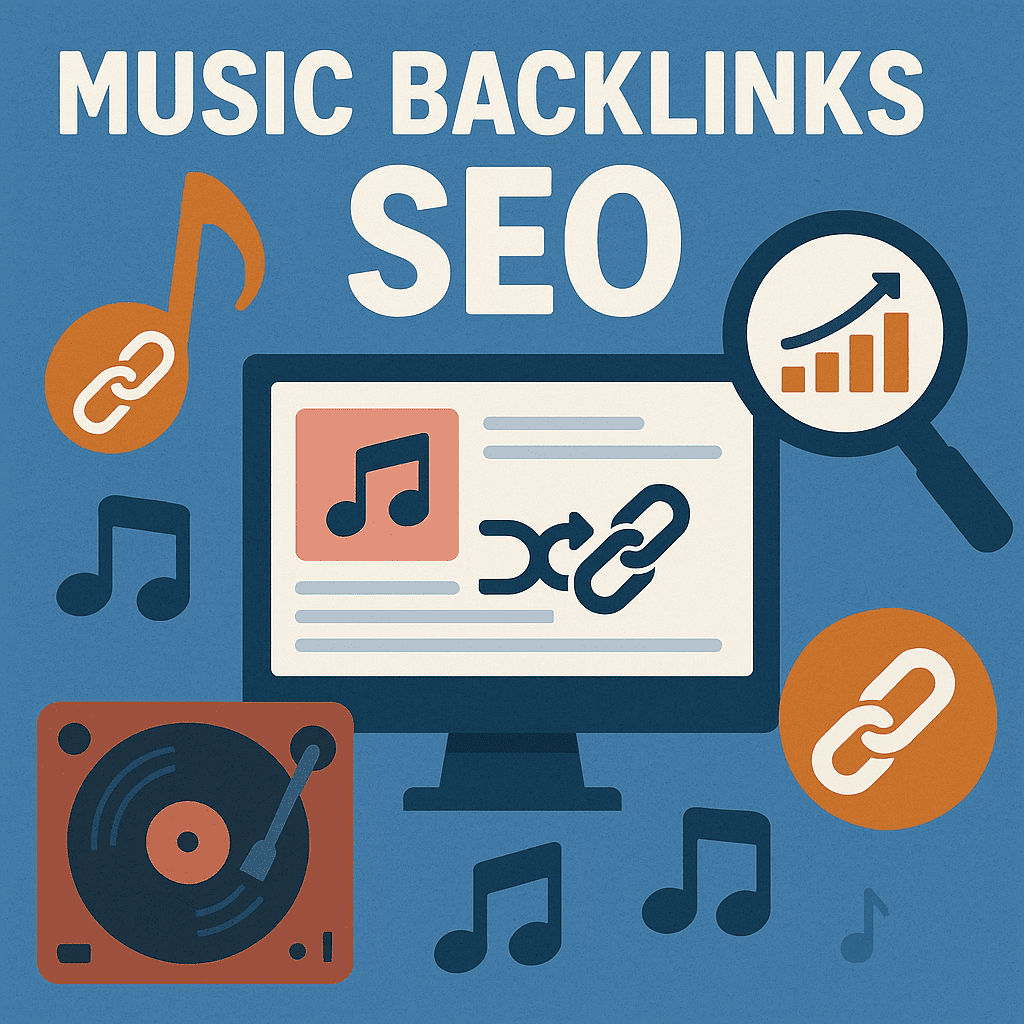
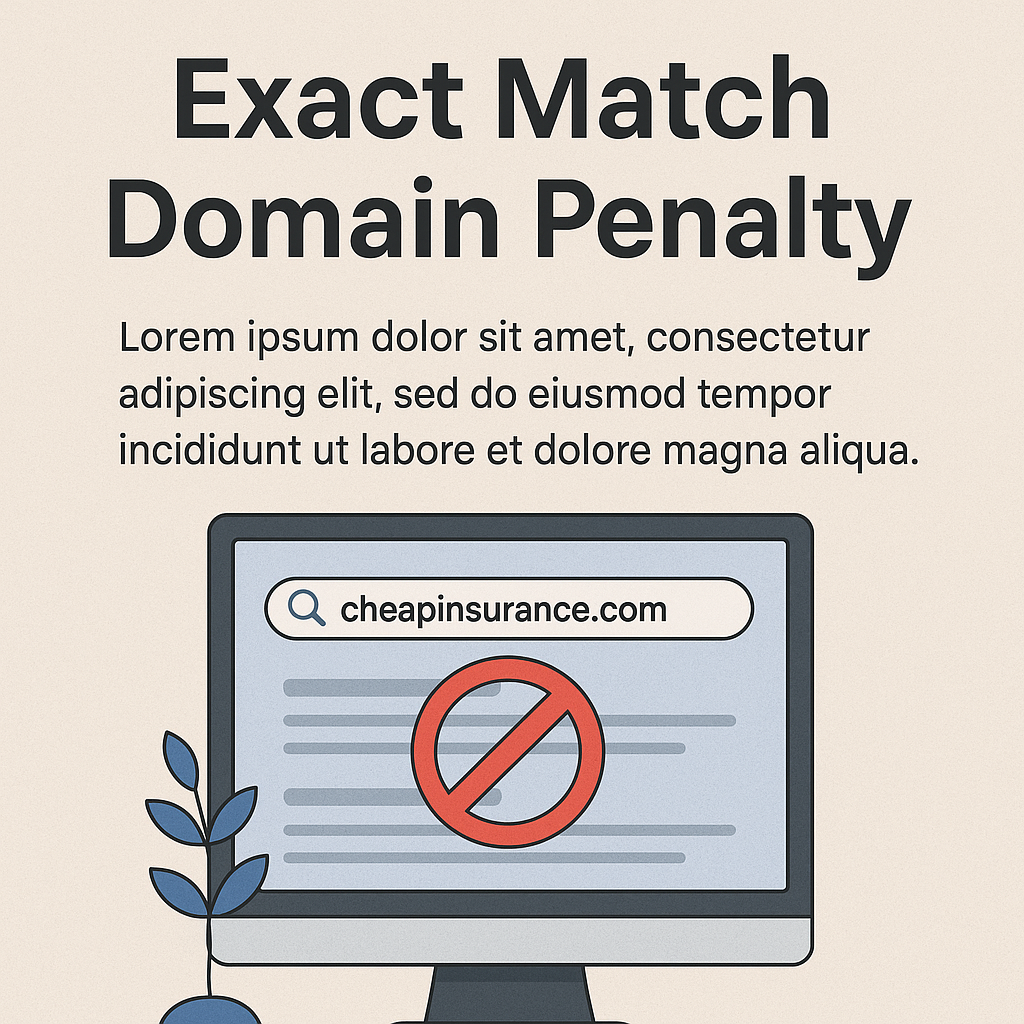
![B2B and B2C Website Examples [2025 Updated]](https://backlinkmanagement.io/wp-content/uploads/2025/05/B2B-and-B2C-Website-Example-.png)
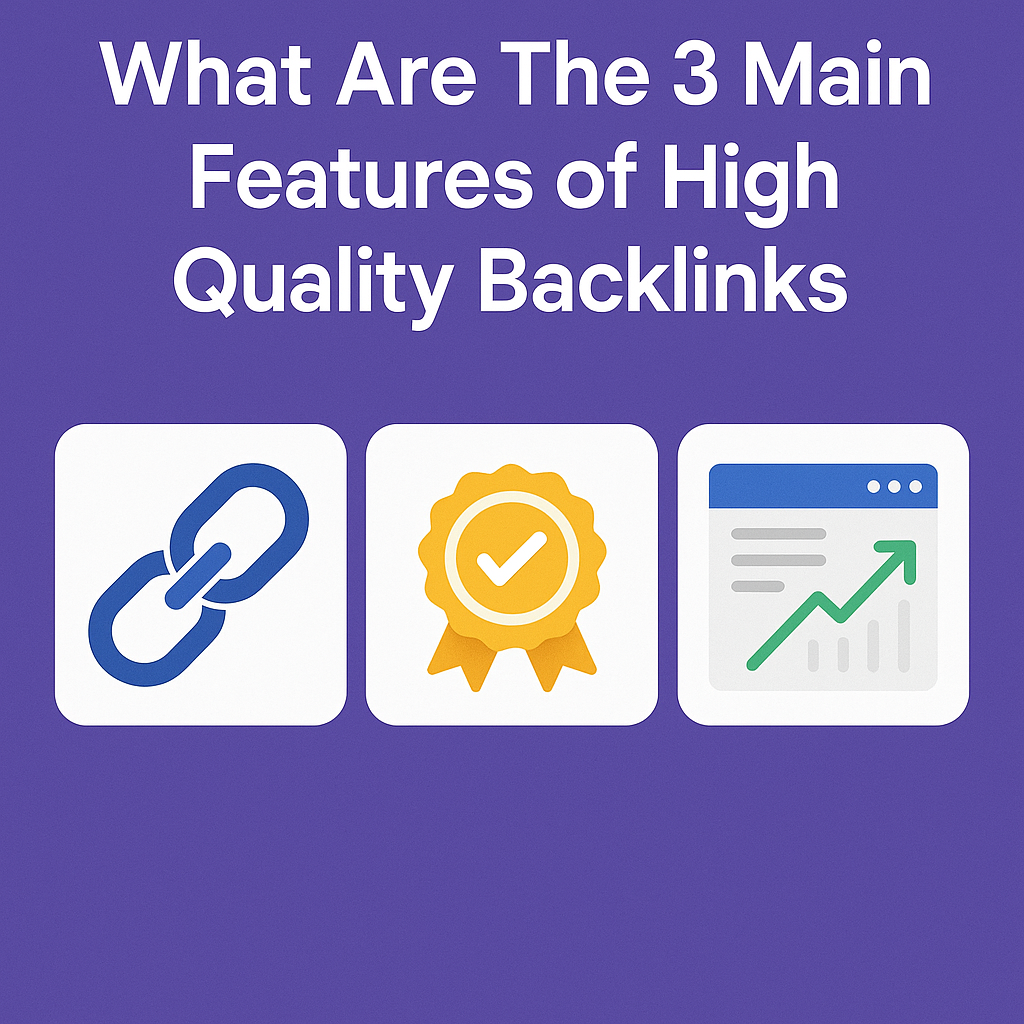
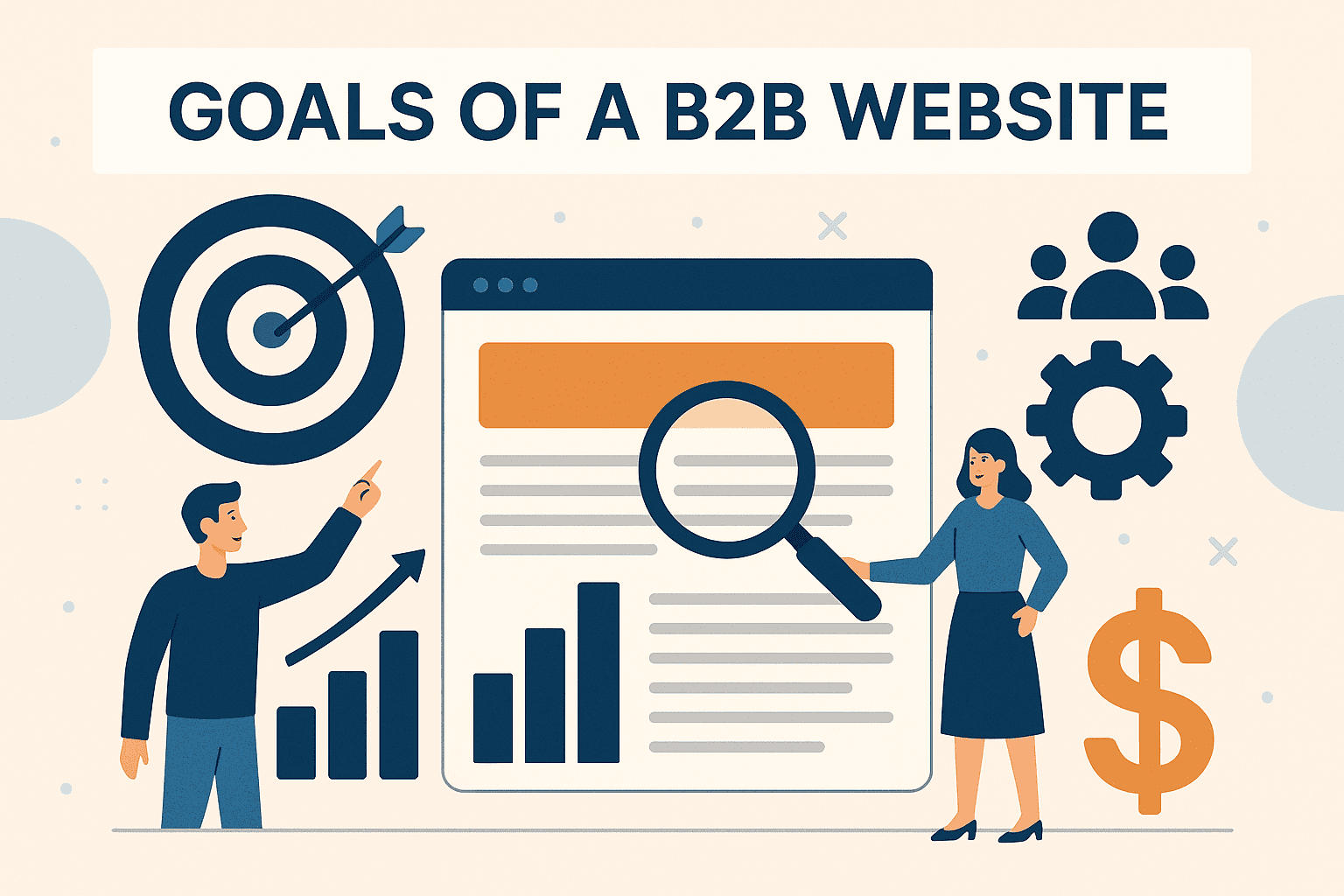
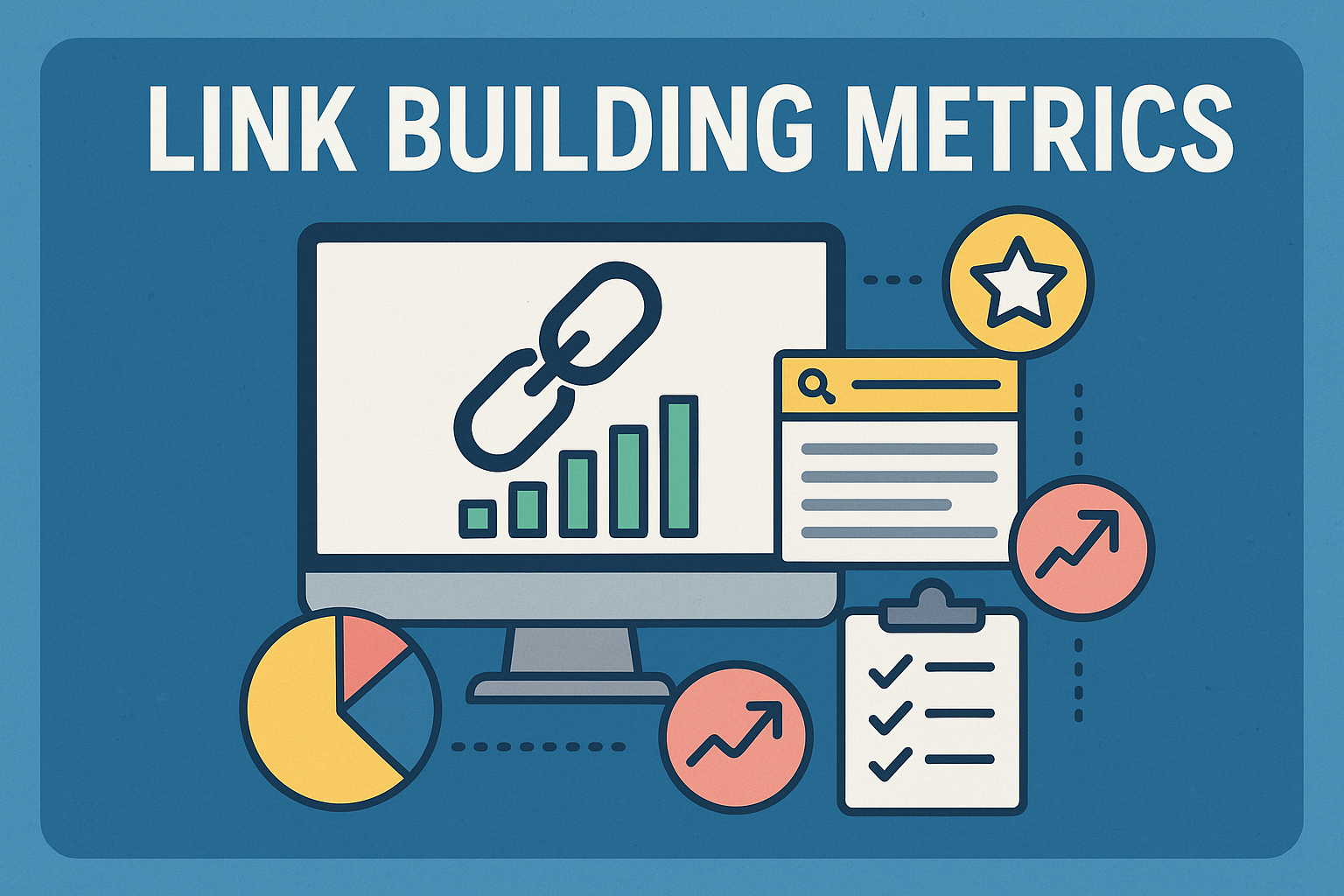
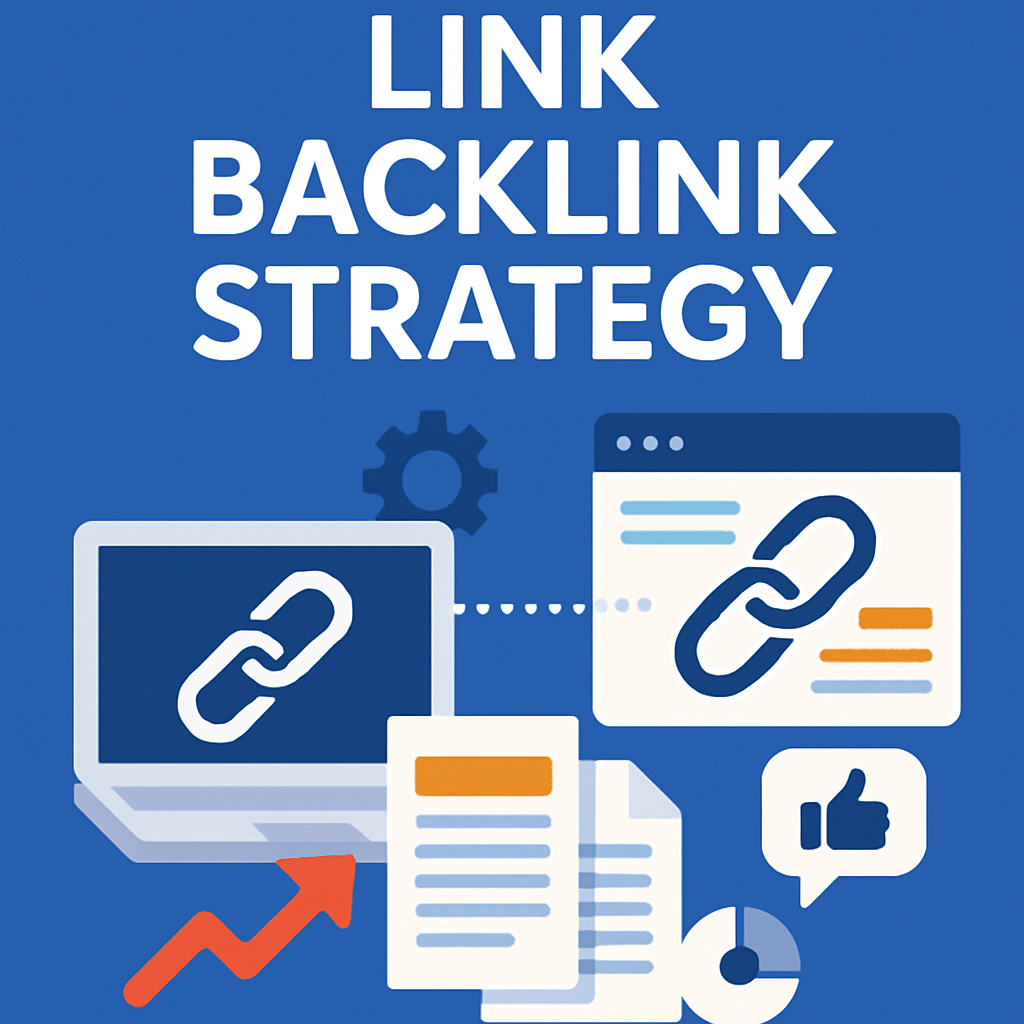
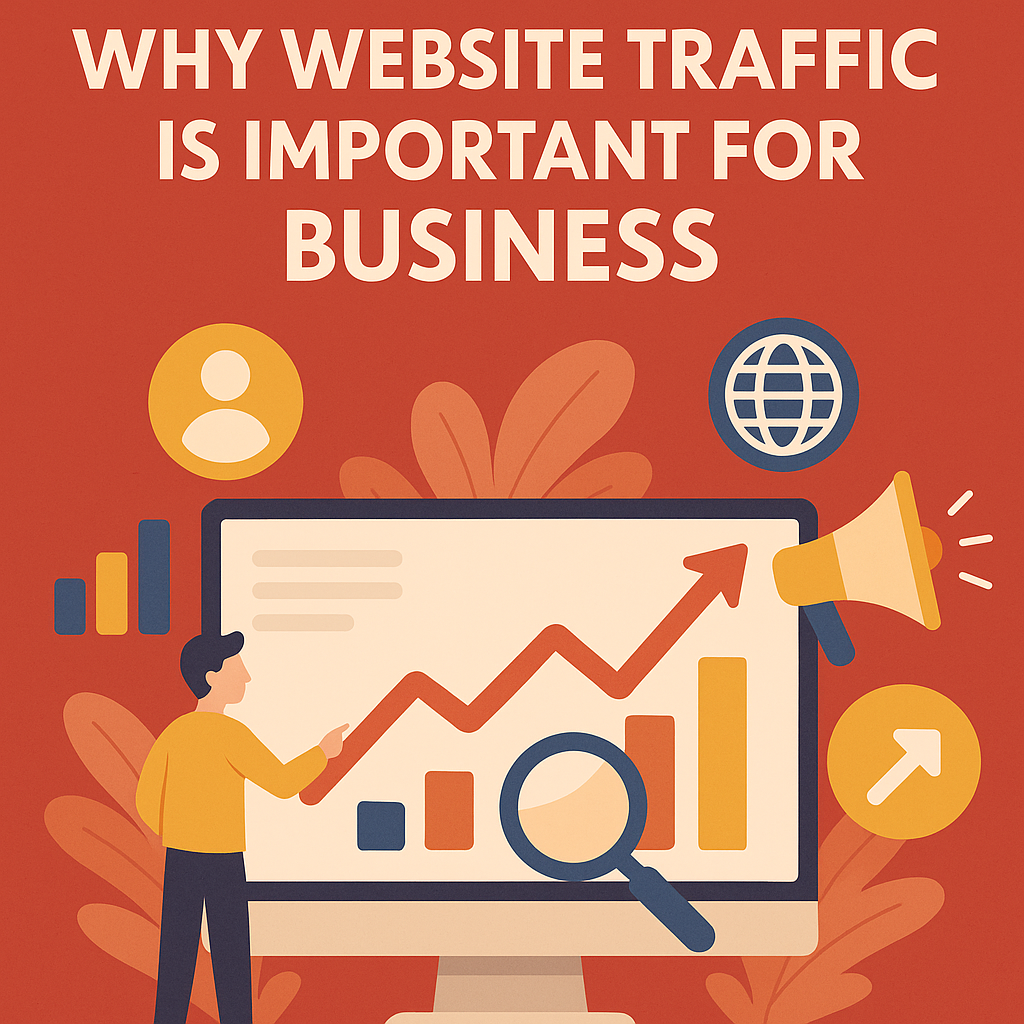
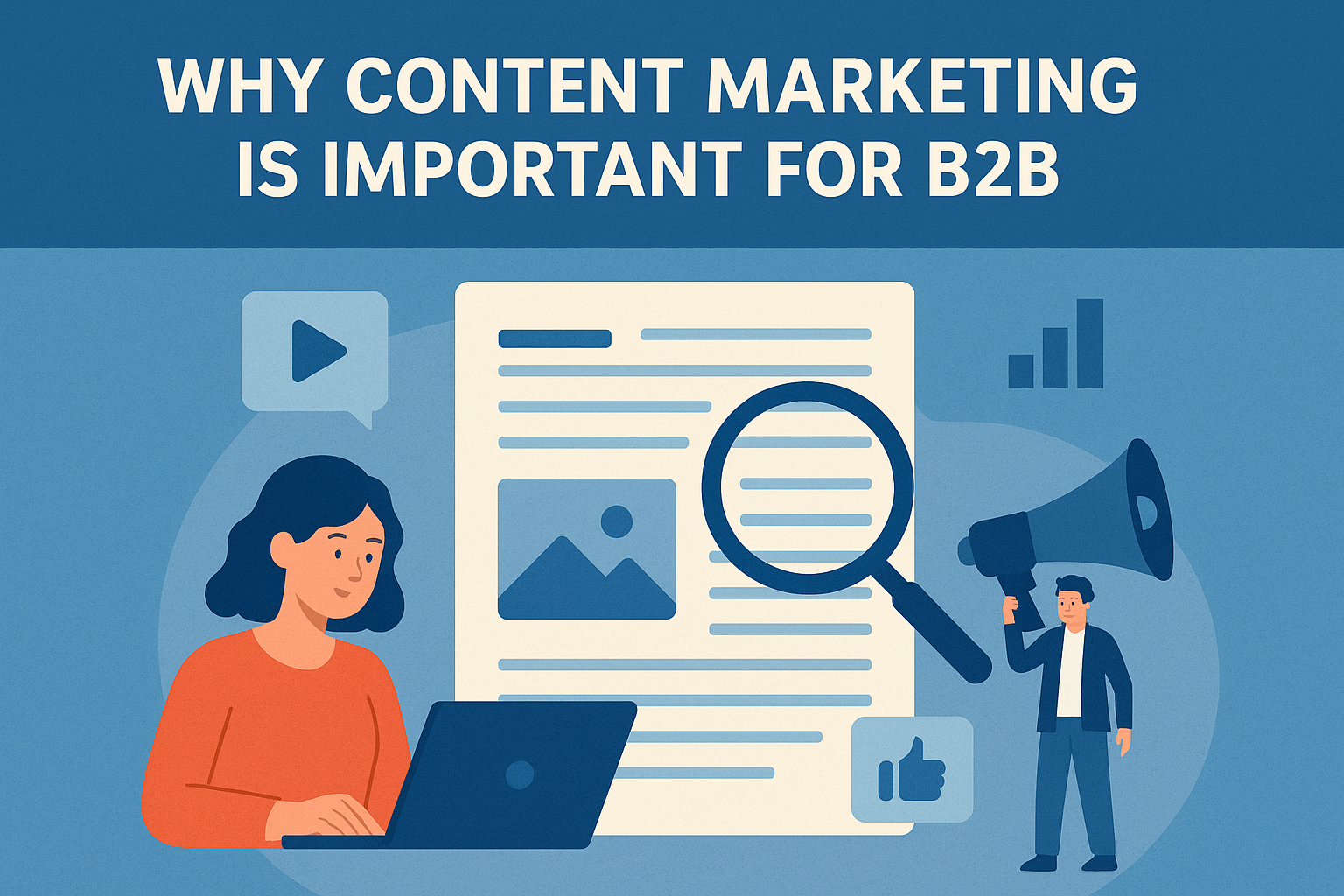
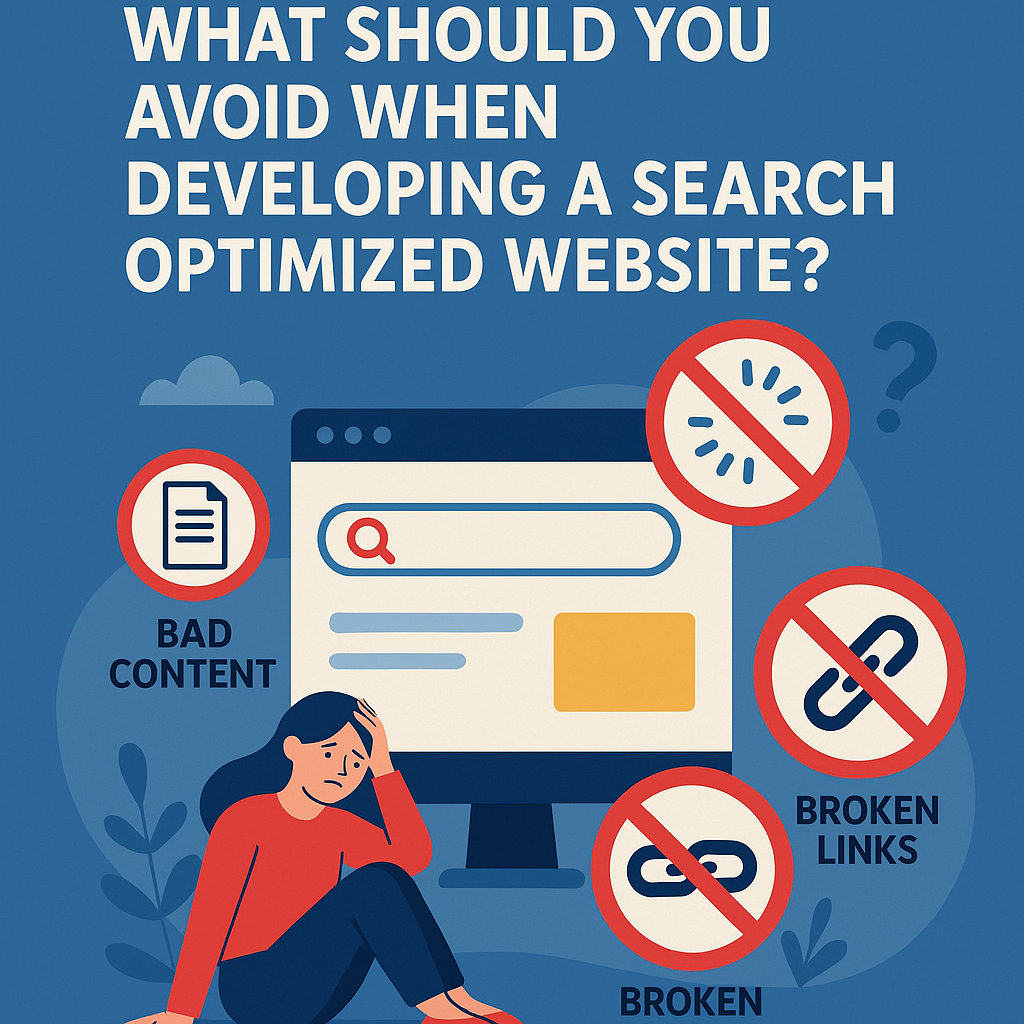
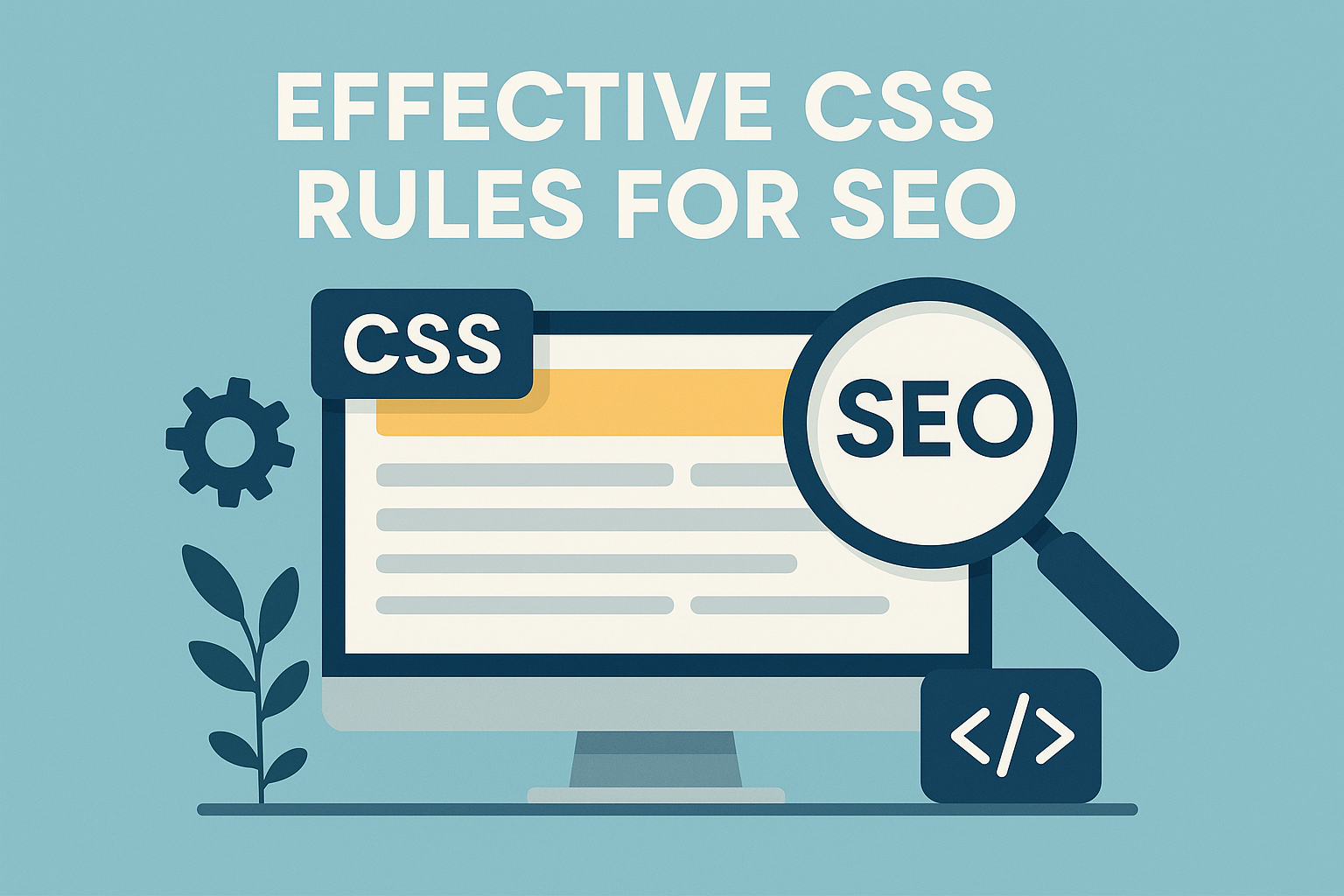
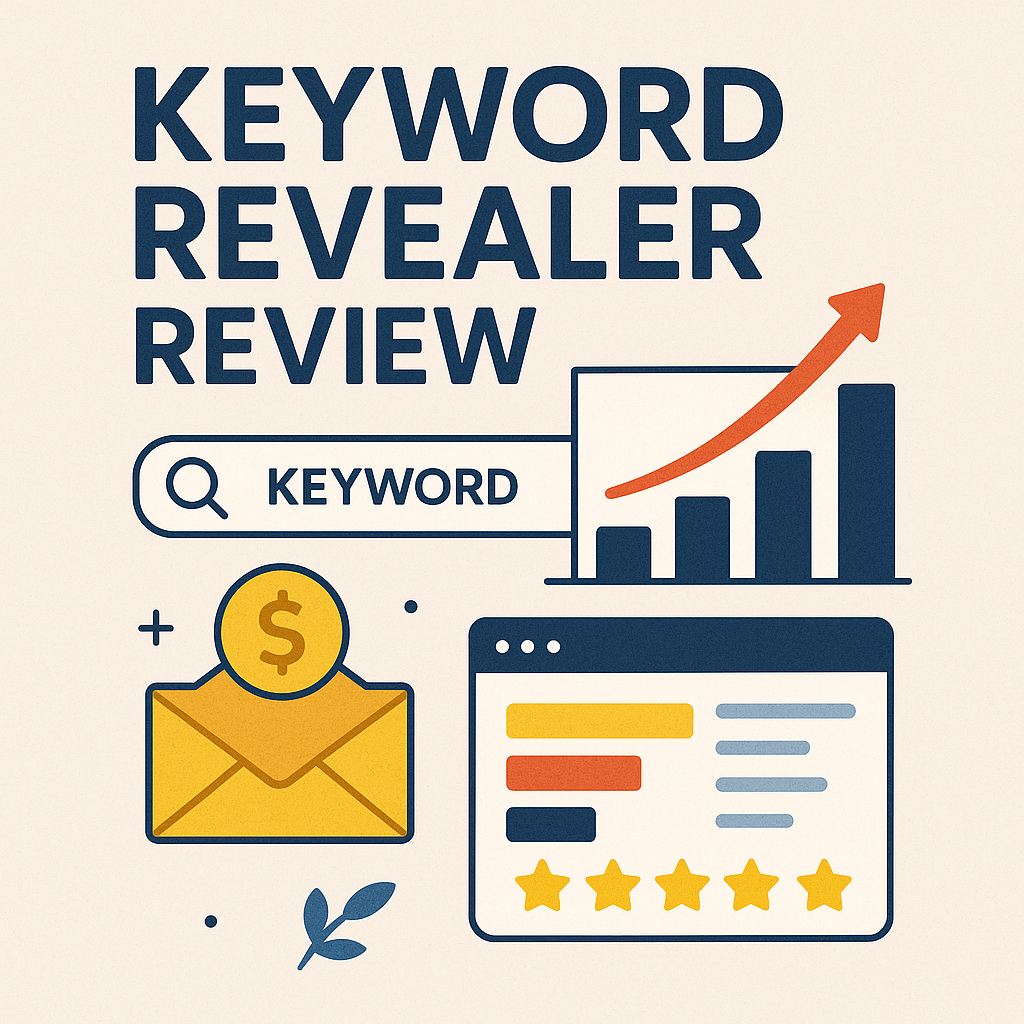
![What To Do After Keyword Research [2025 Guide]](https://backlinkmanagement.io/wp-content/uploads/2025/05/What-To-Do-After-Keyword-Research.png)
![Is Page Speed Really A Ranking Factor? [2025]](https://backlinkmanagement.io/wp-content/uploads/2025/05/Is-Page-Speed-Really-A-Ranking-Factor.png)
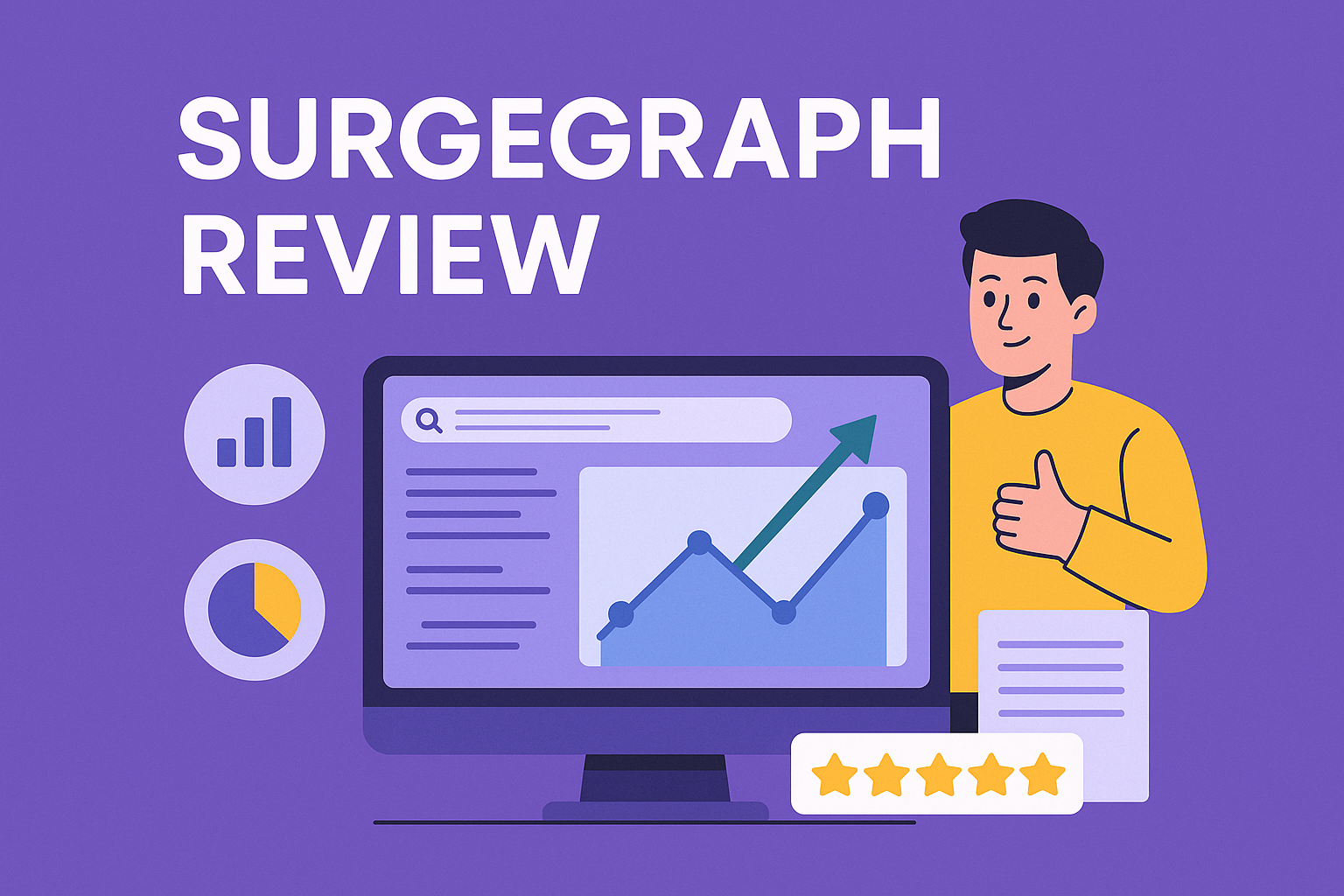
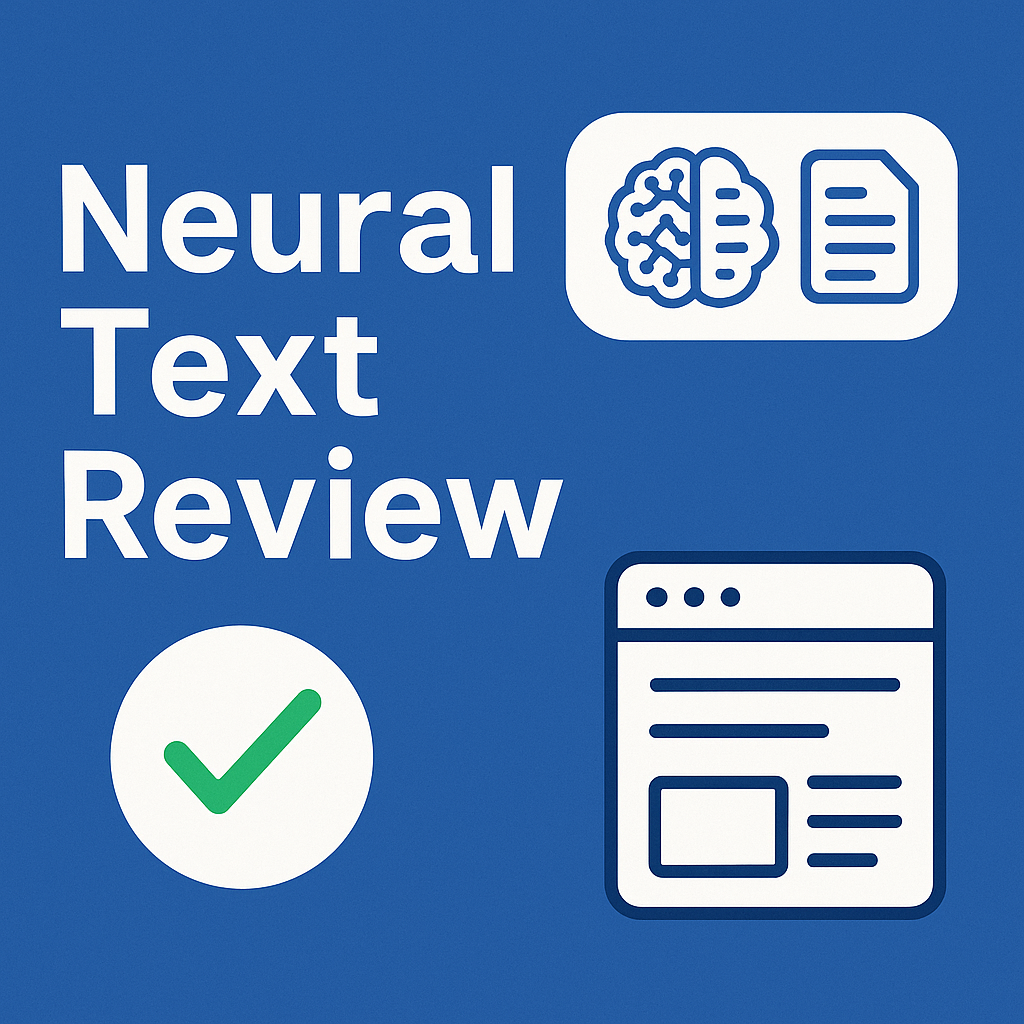
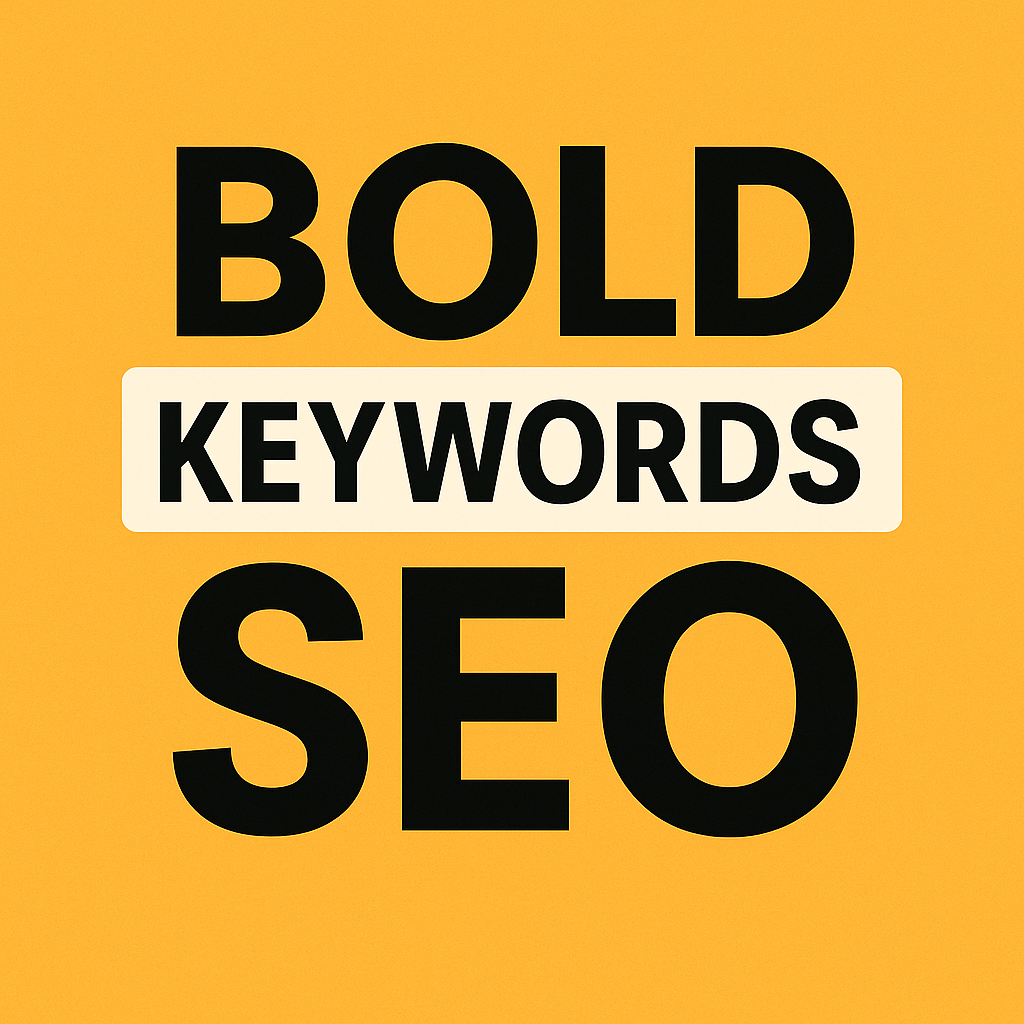
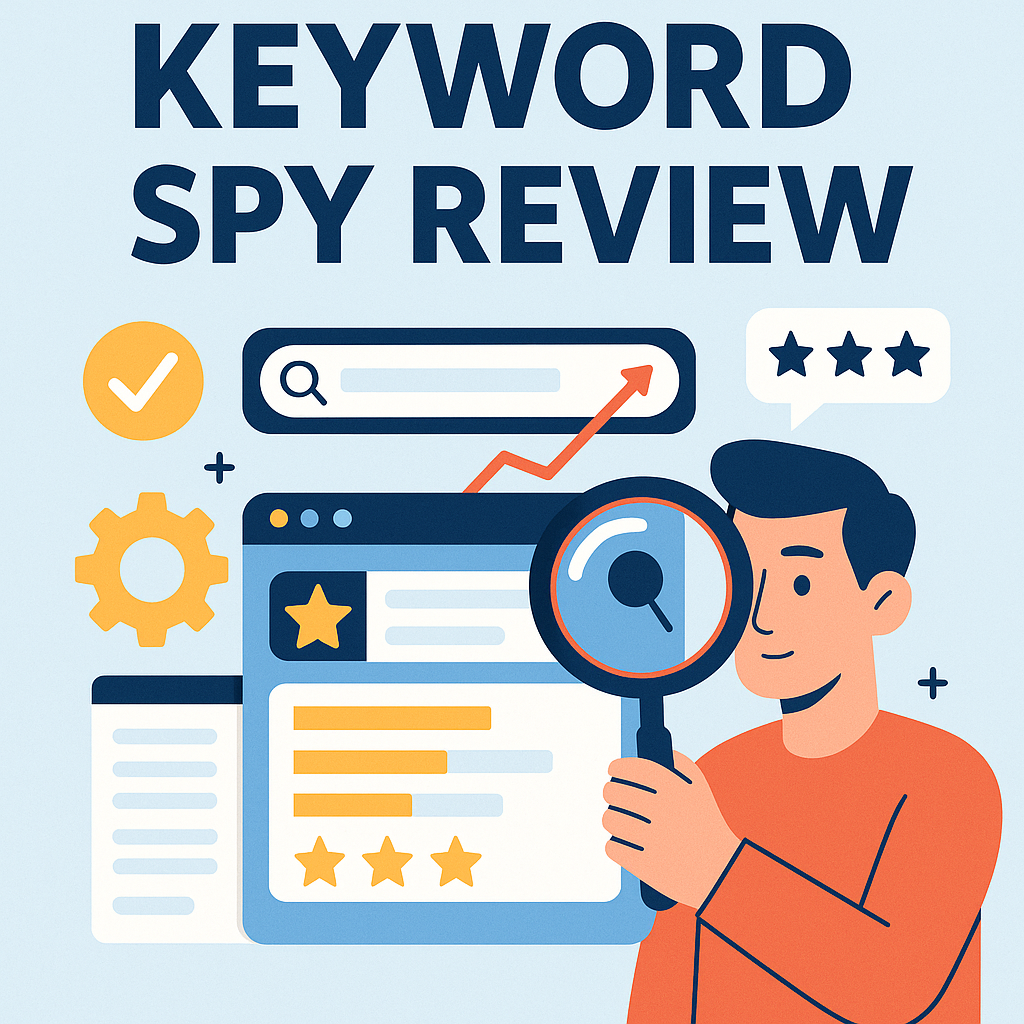


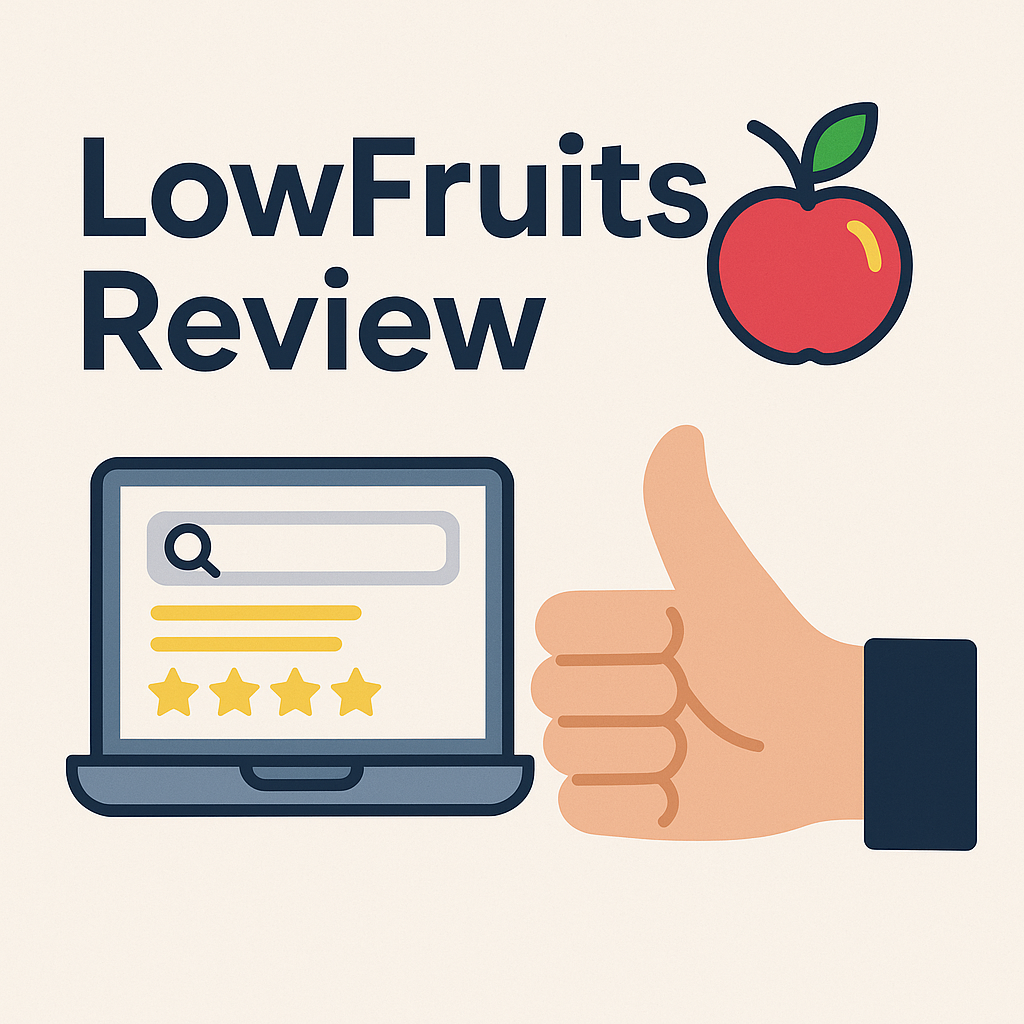
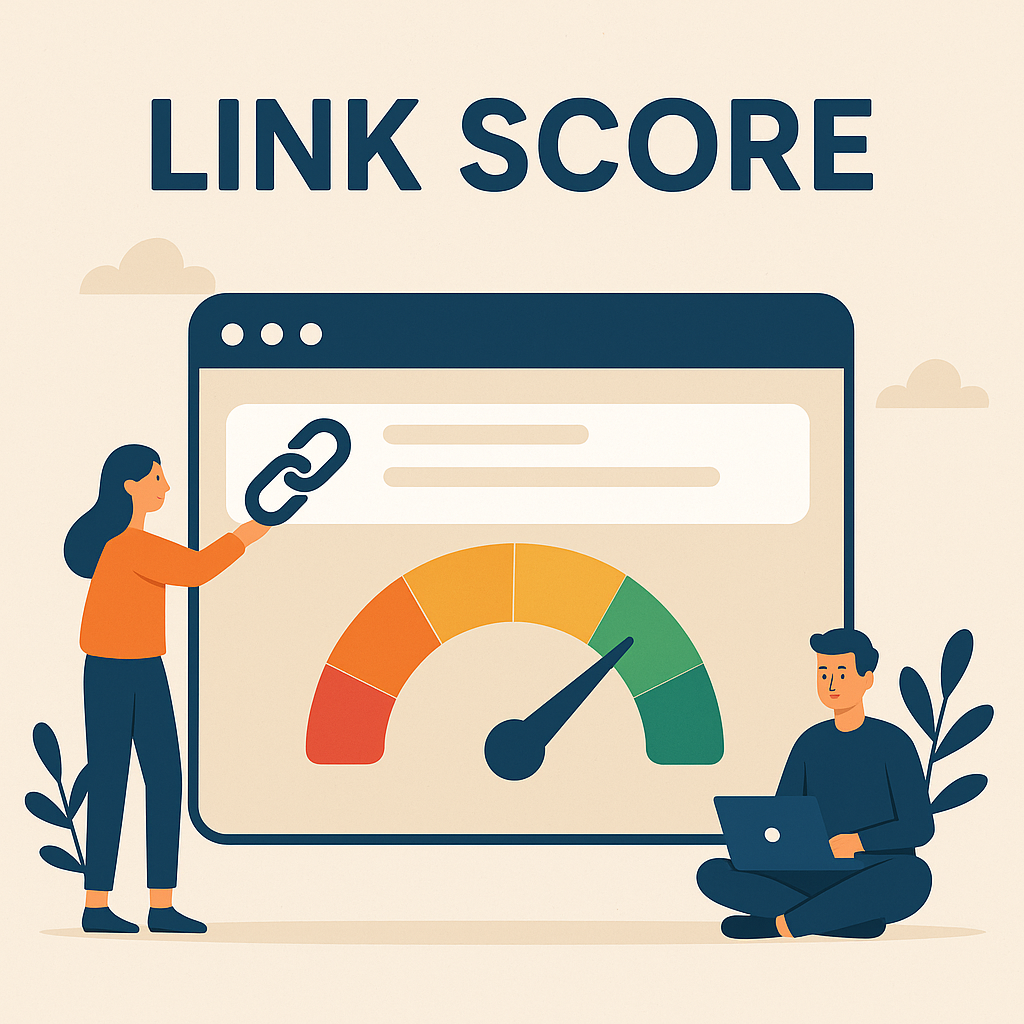
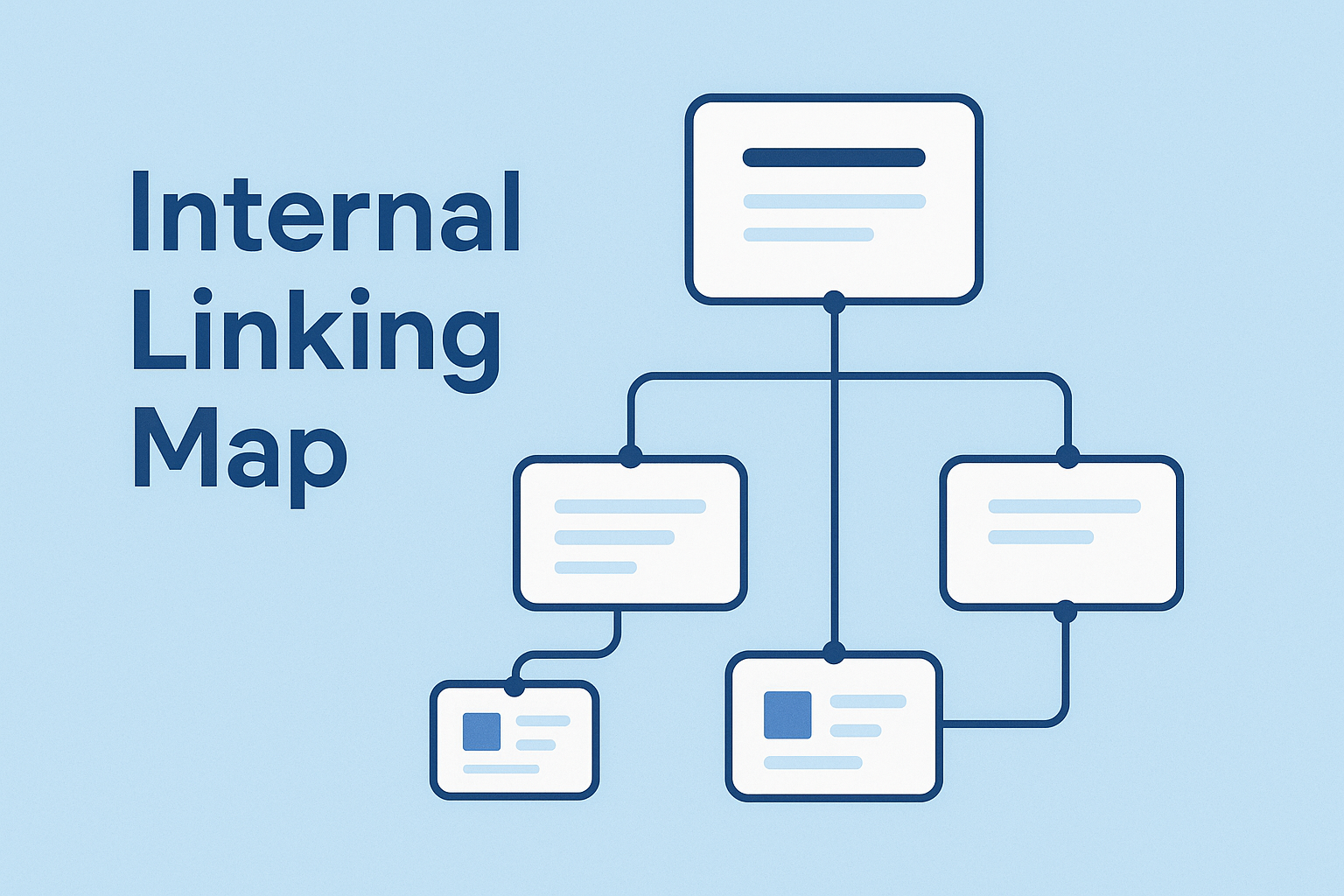
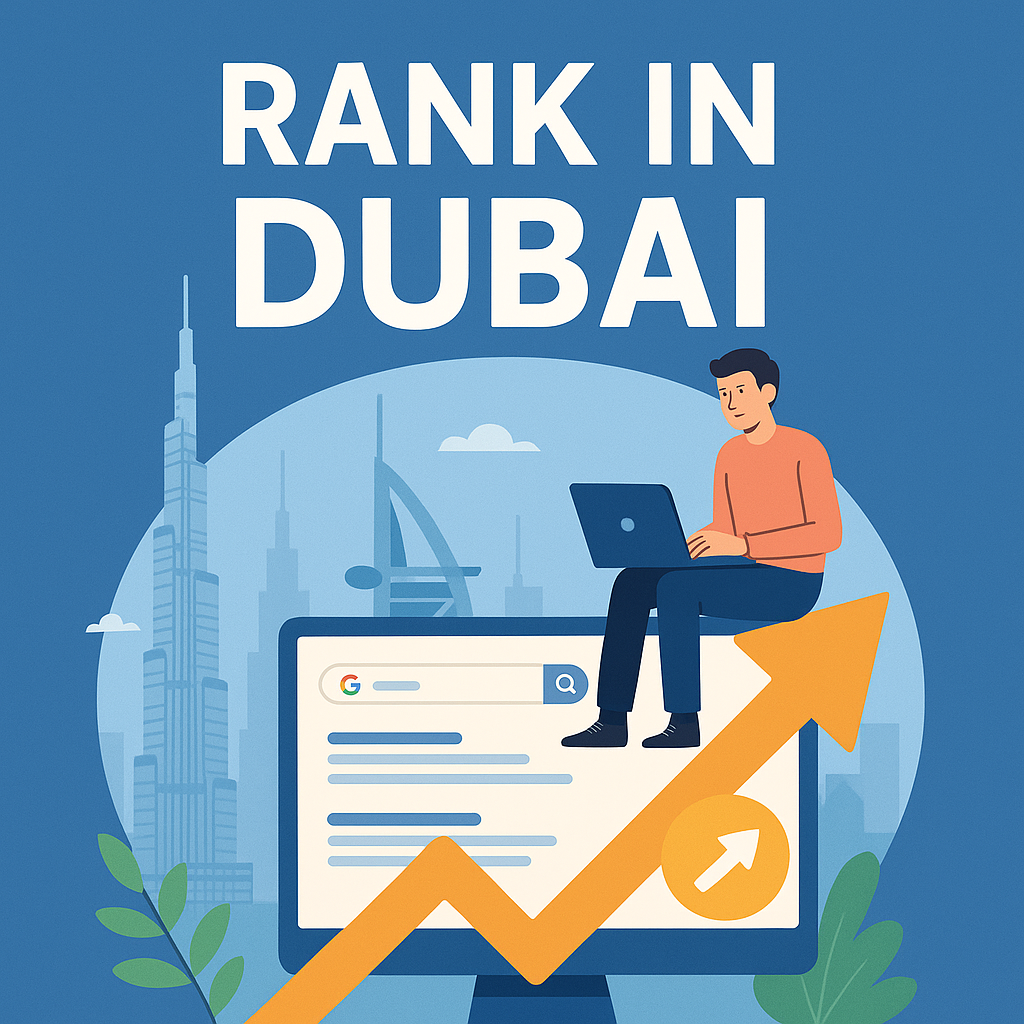
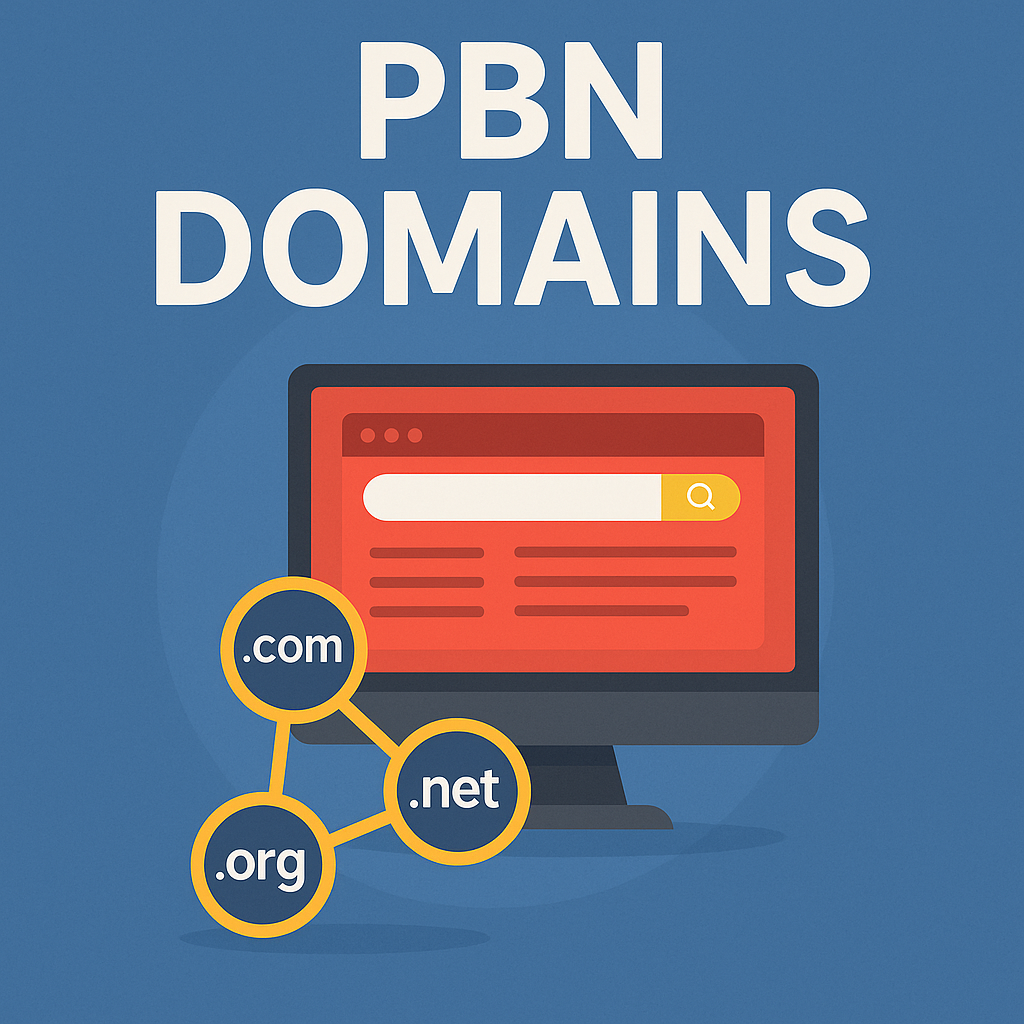
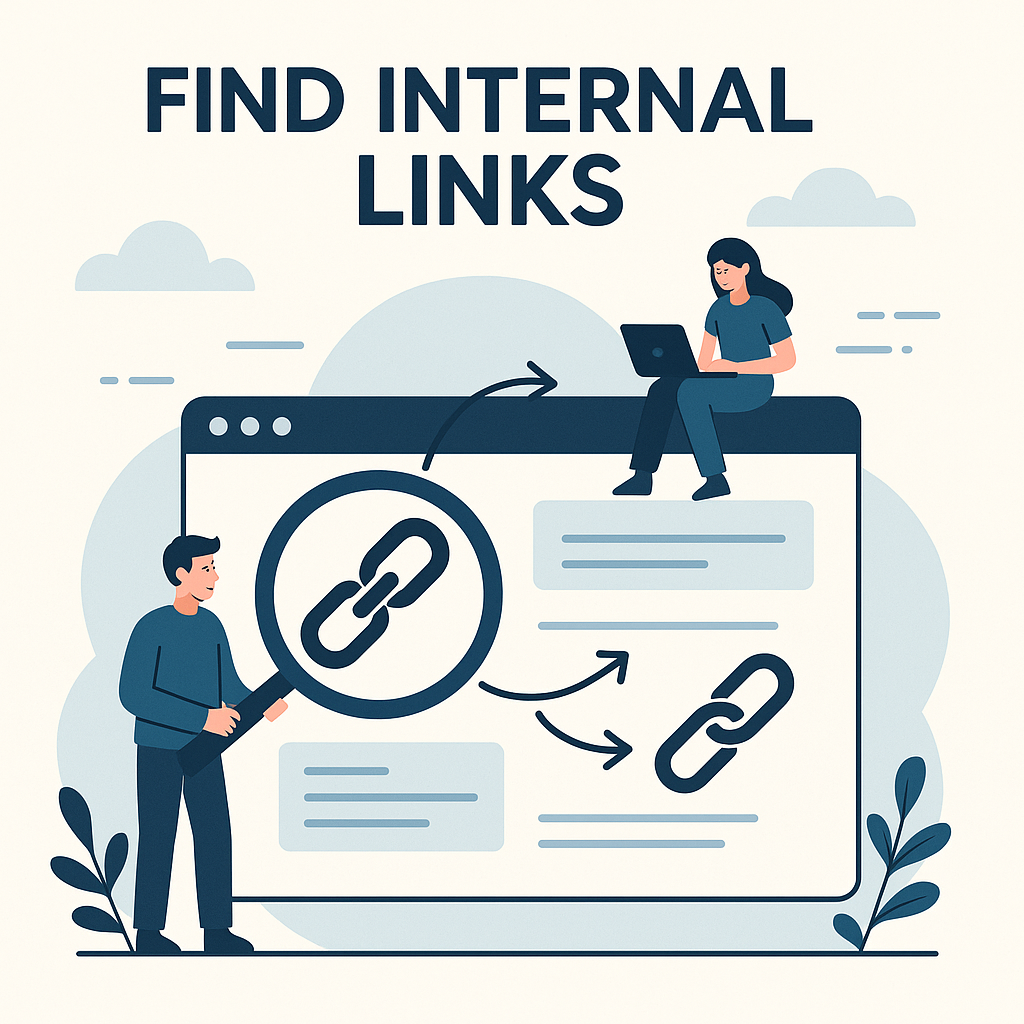
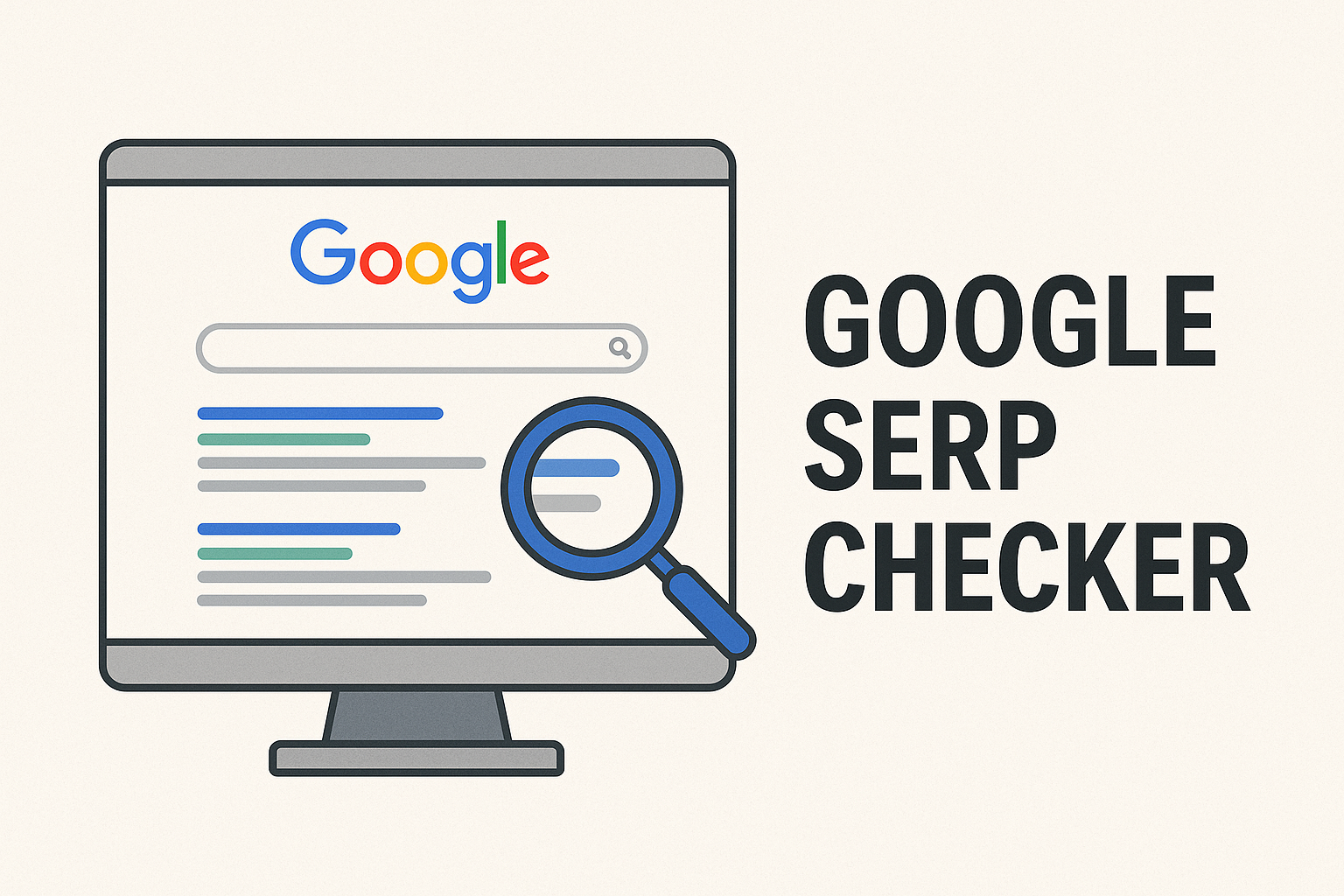
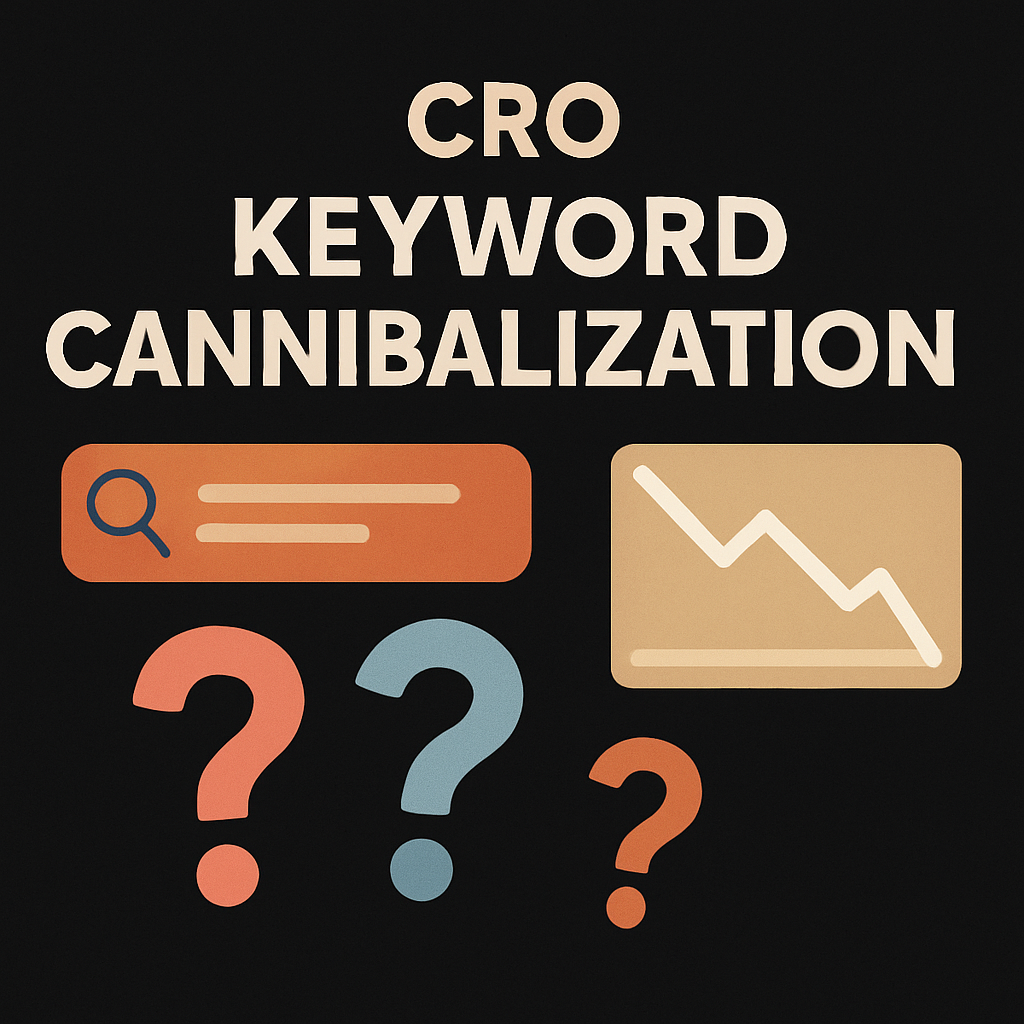
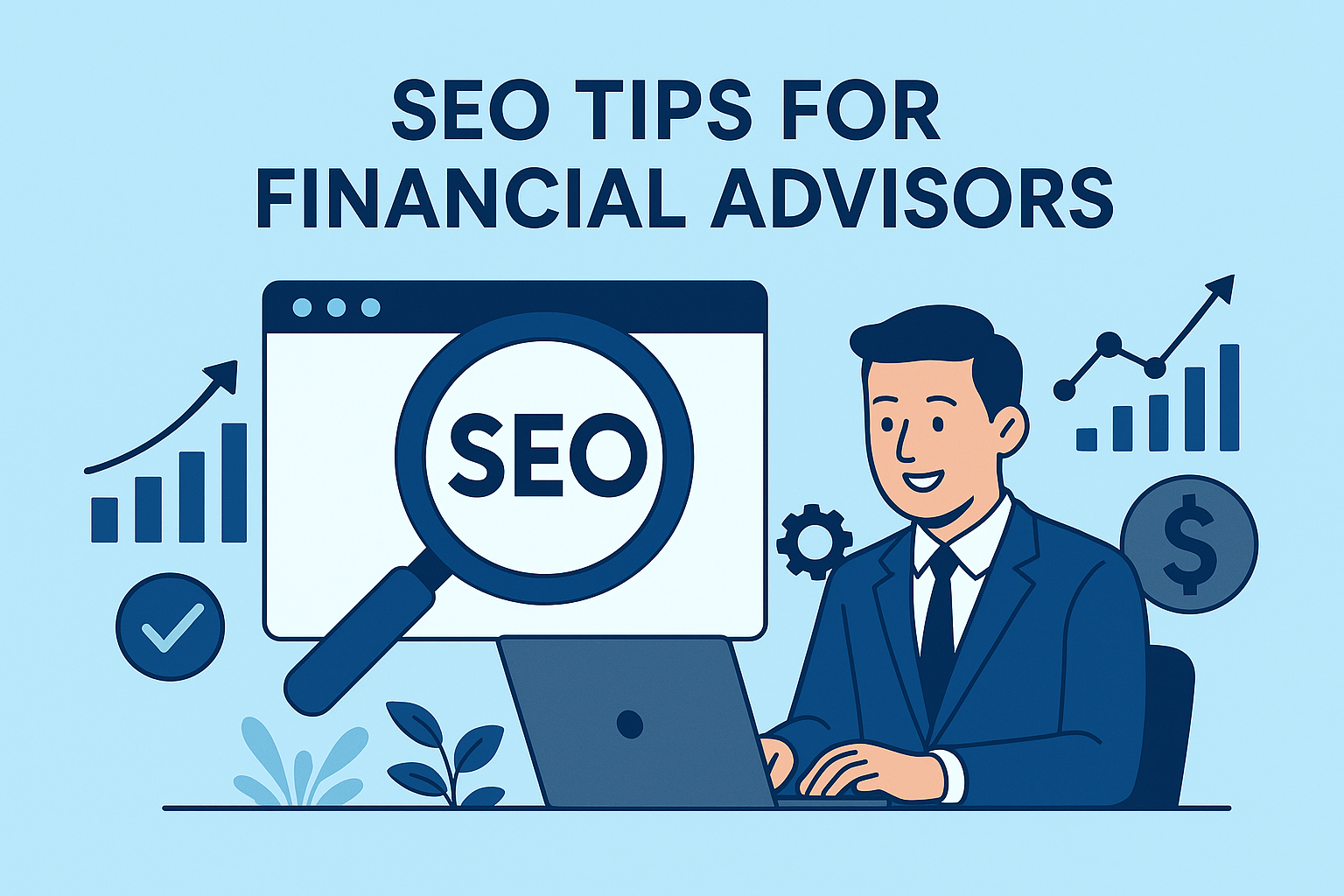
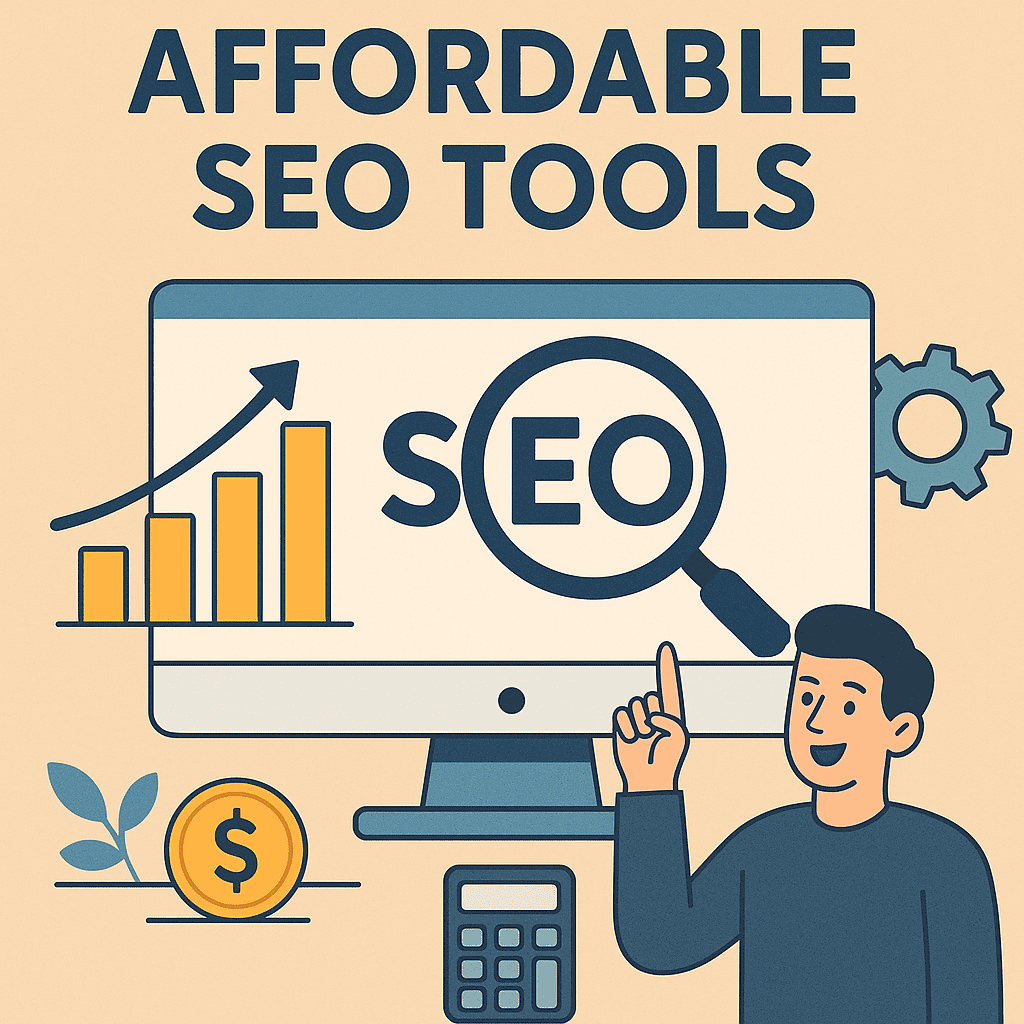
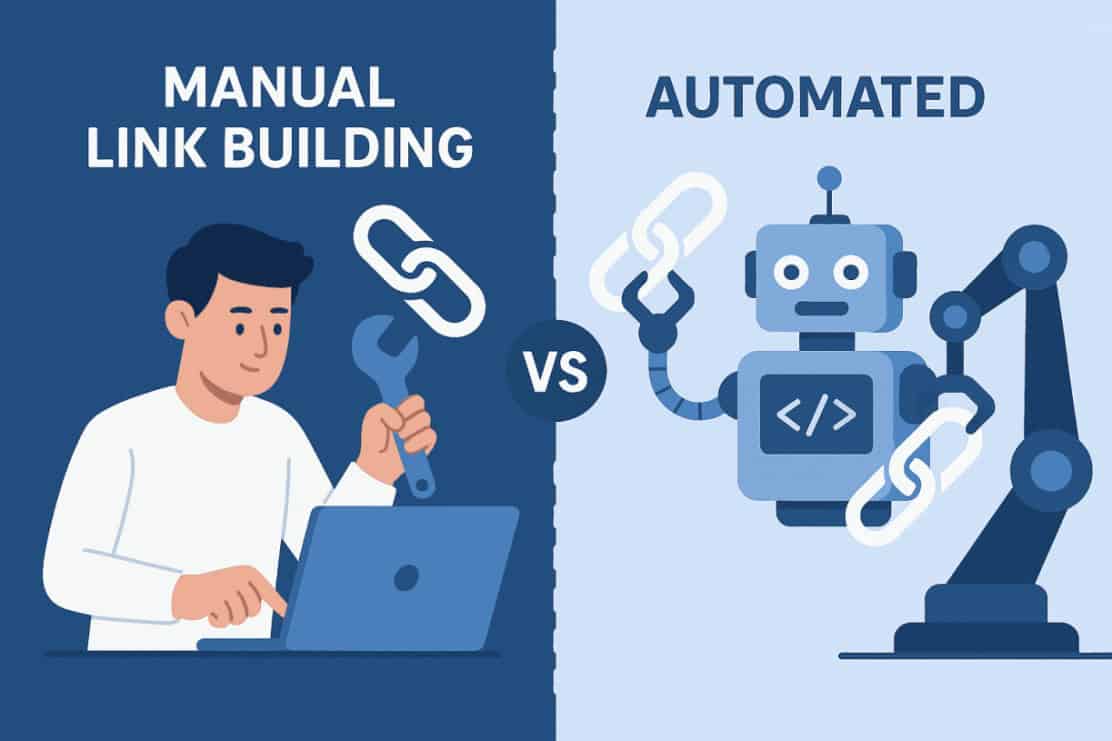

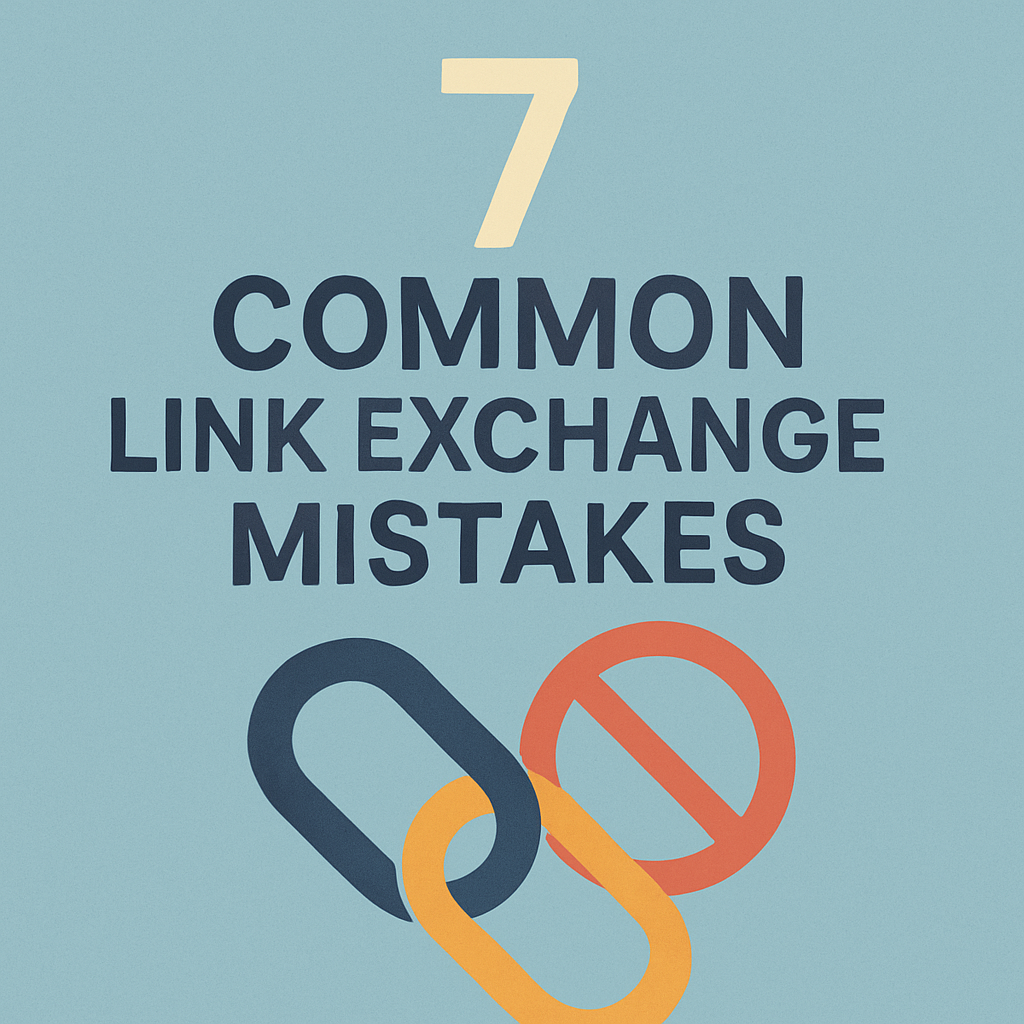
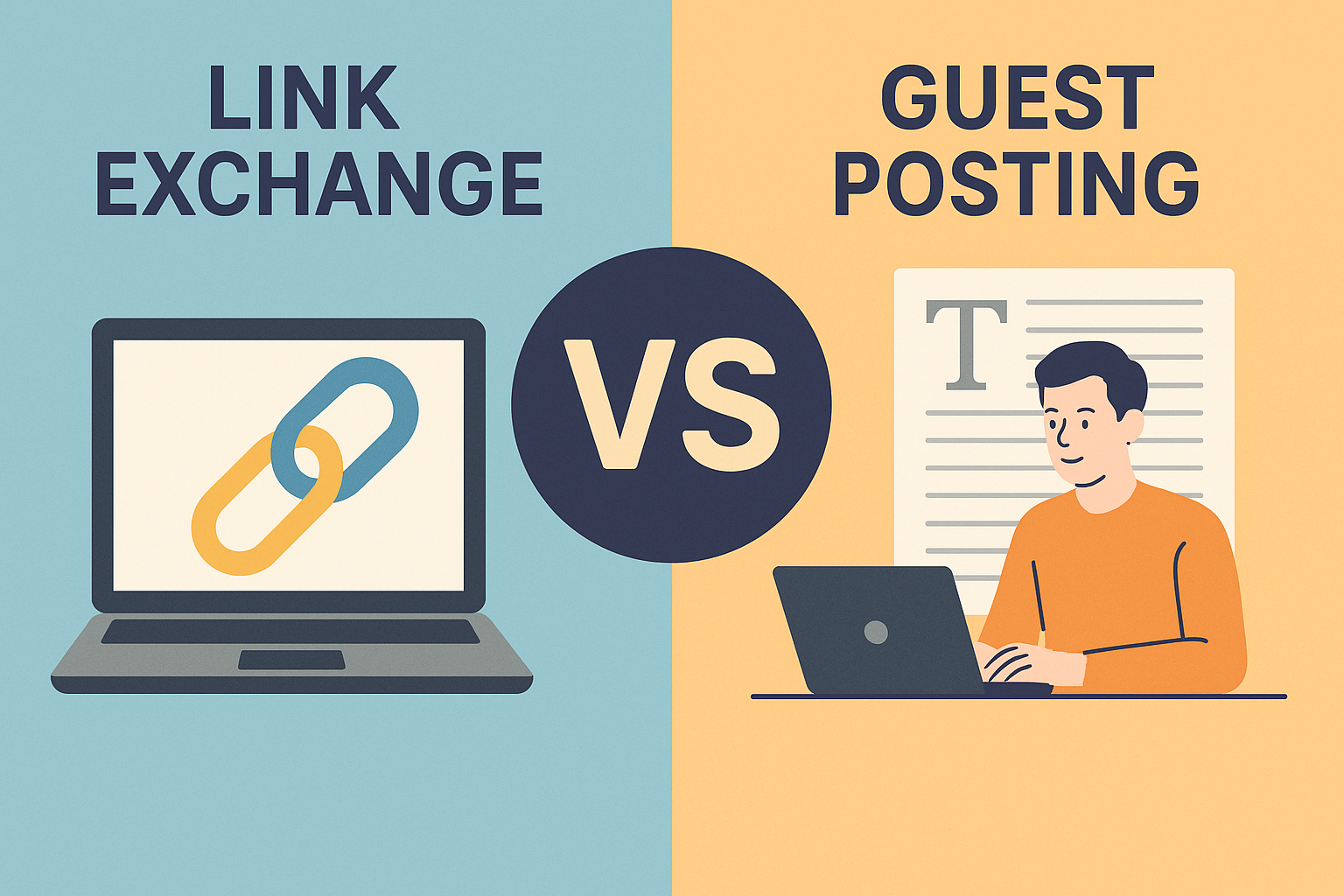
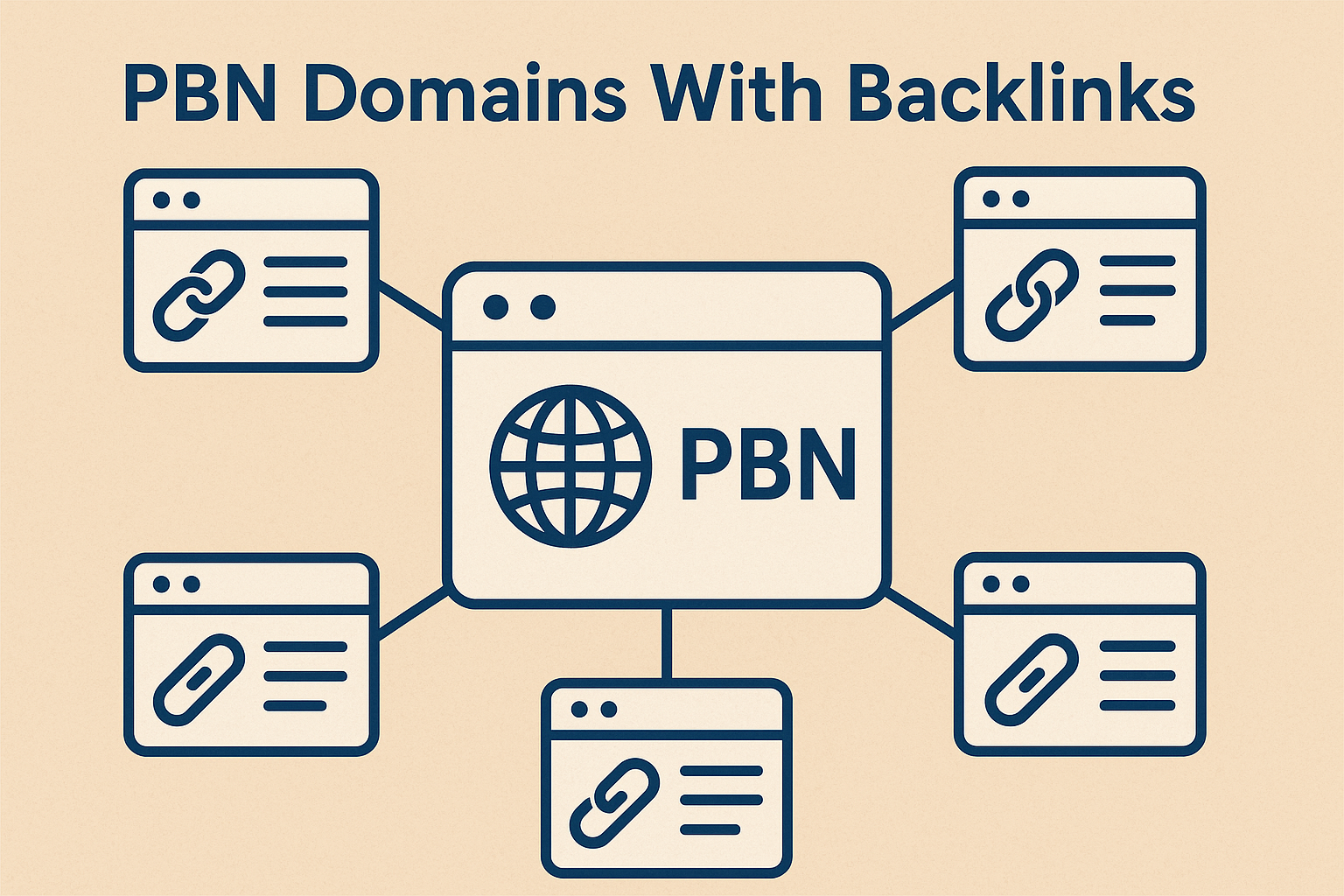
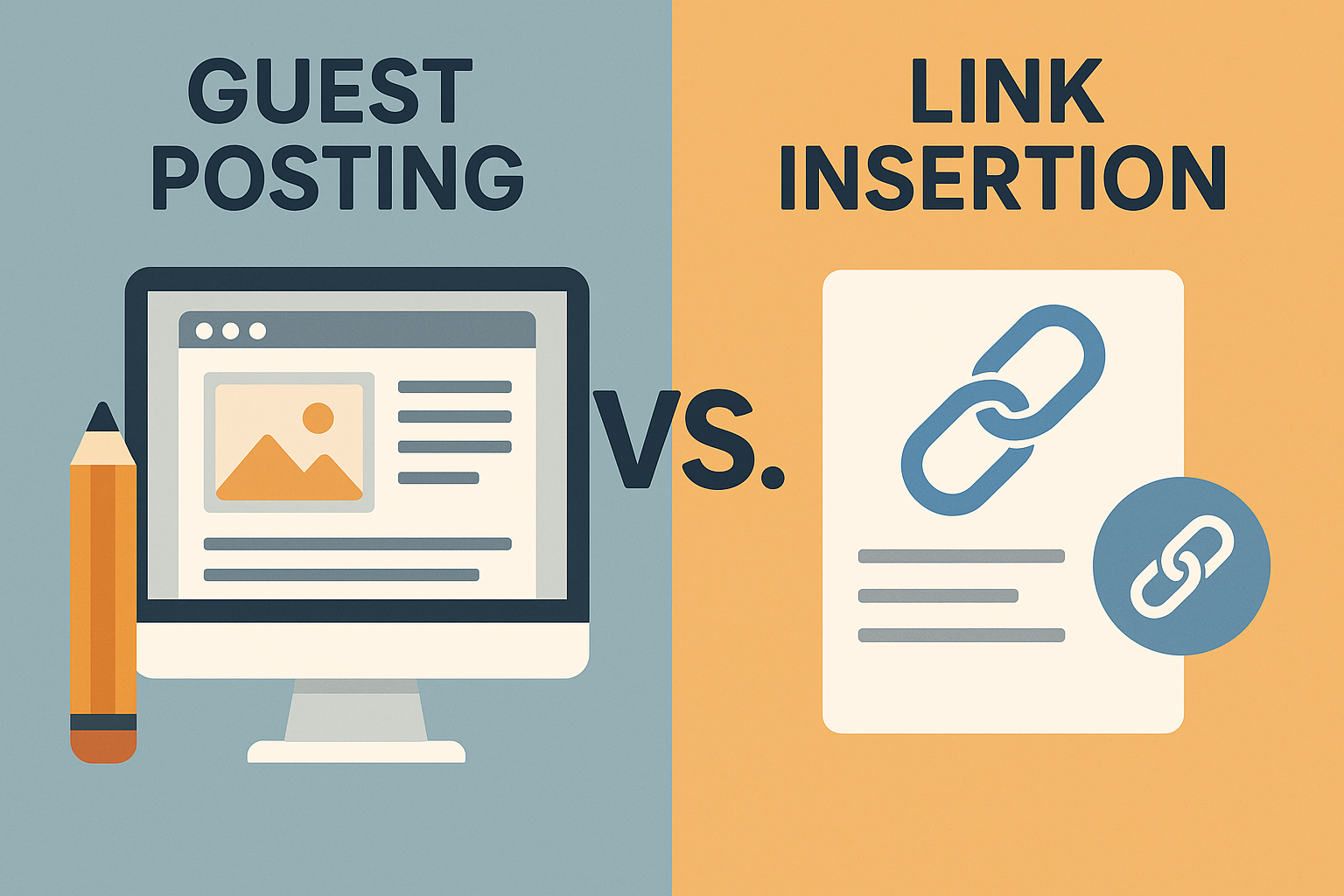
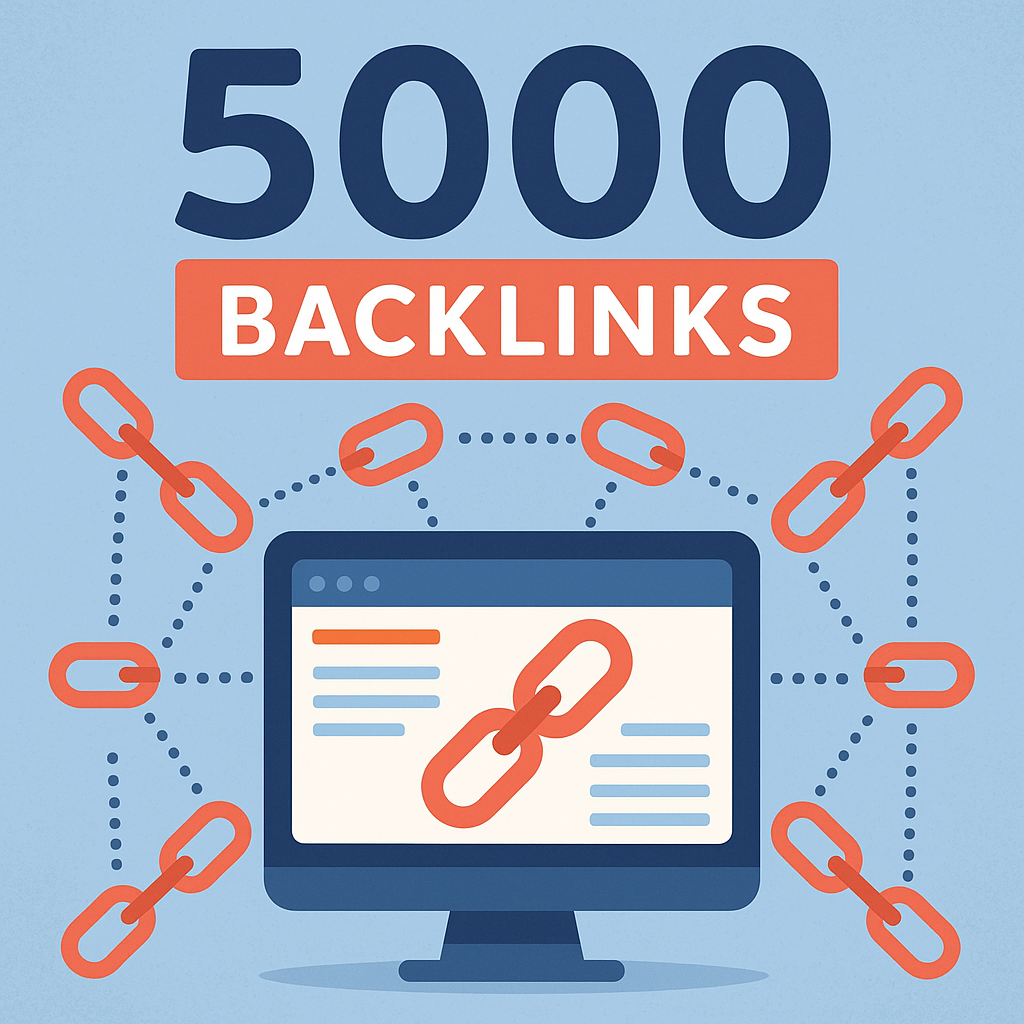
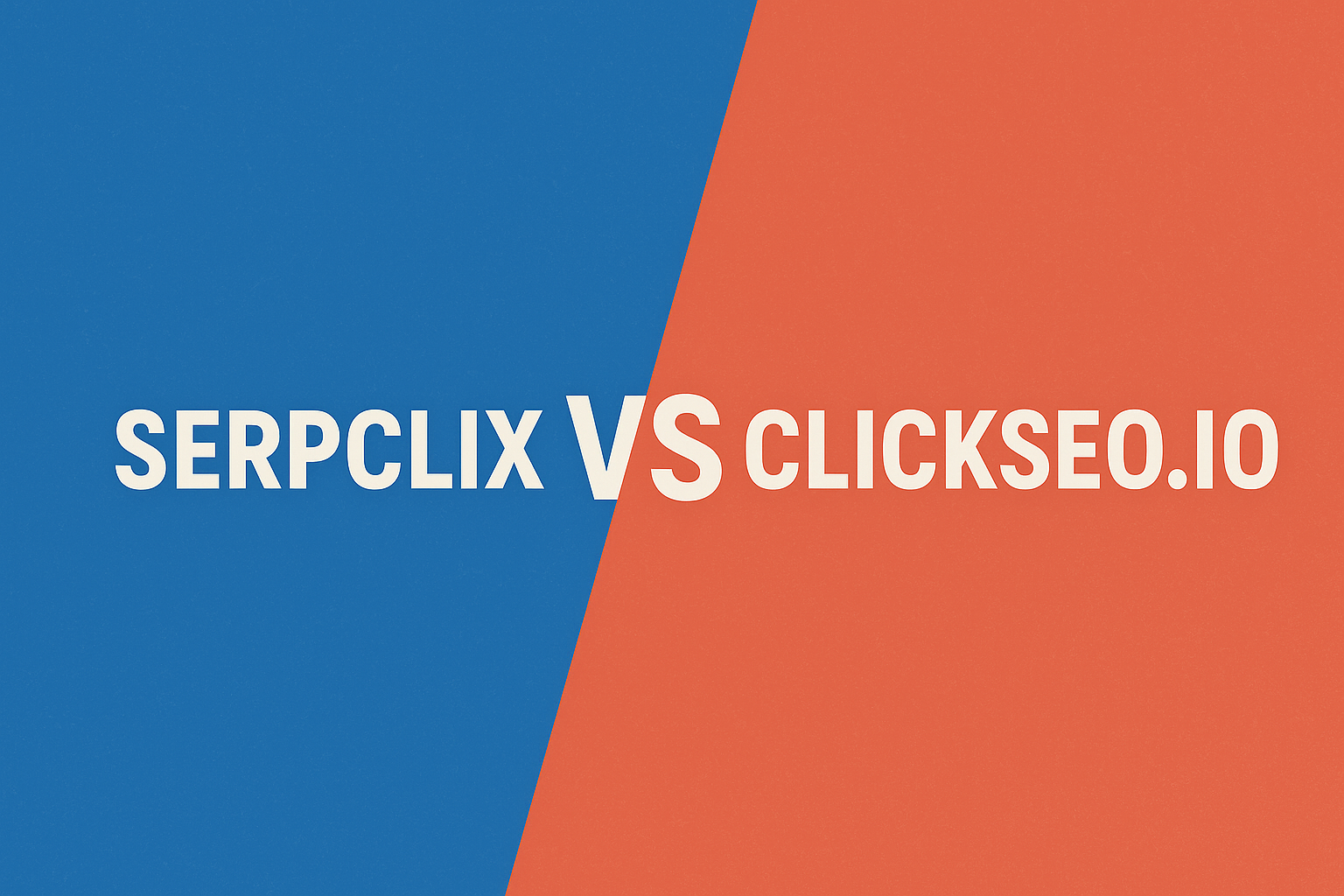
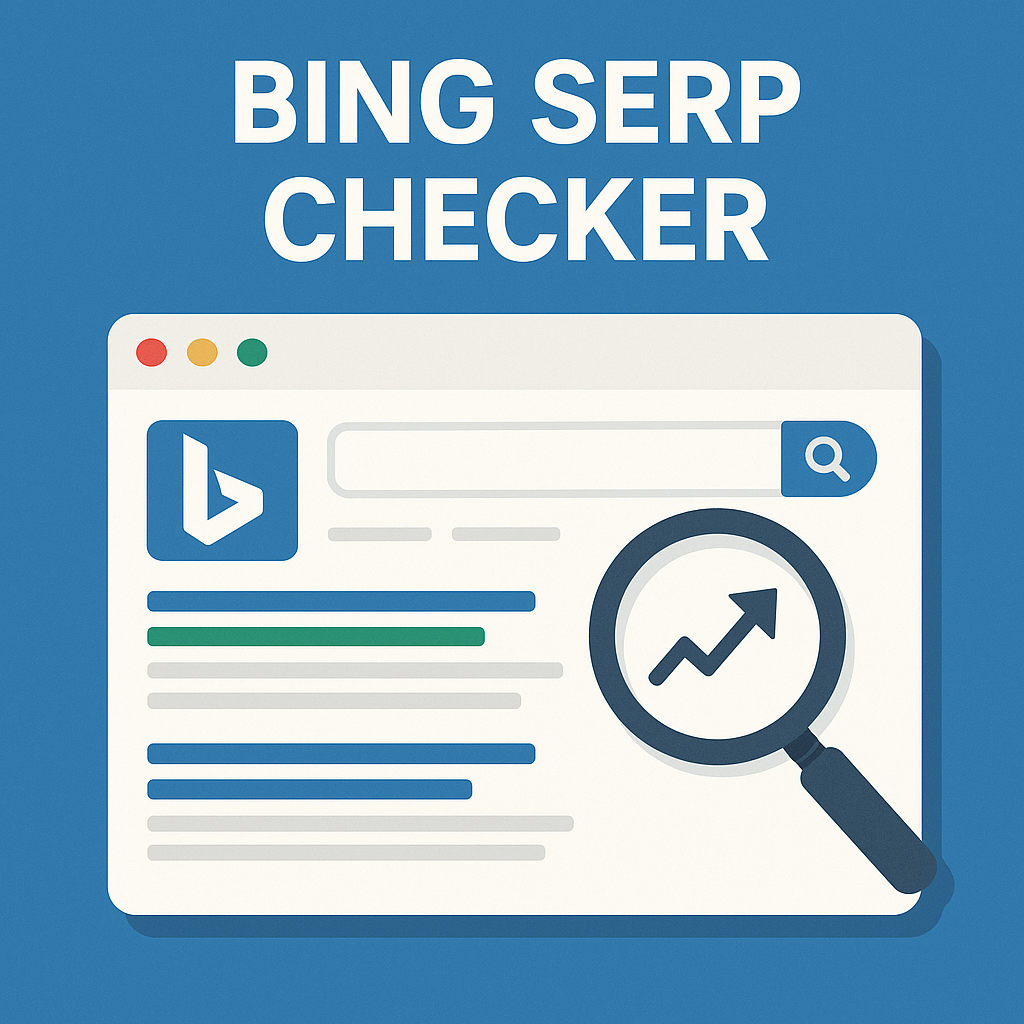
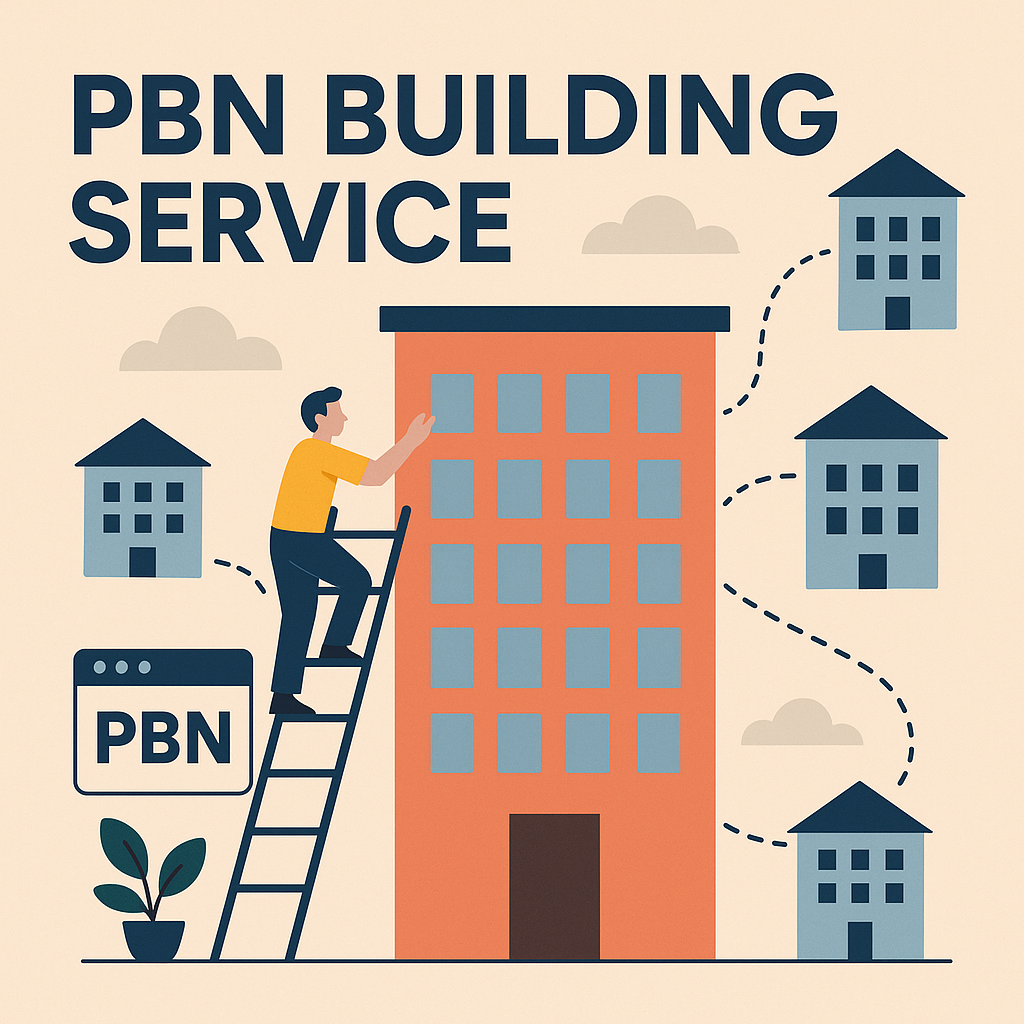
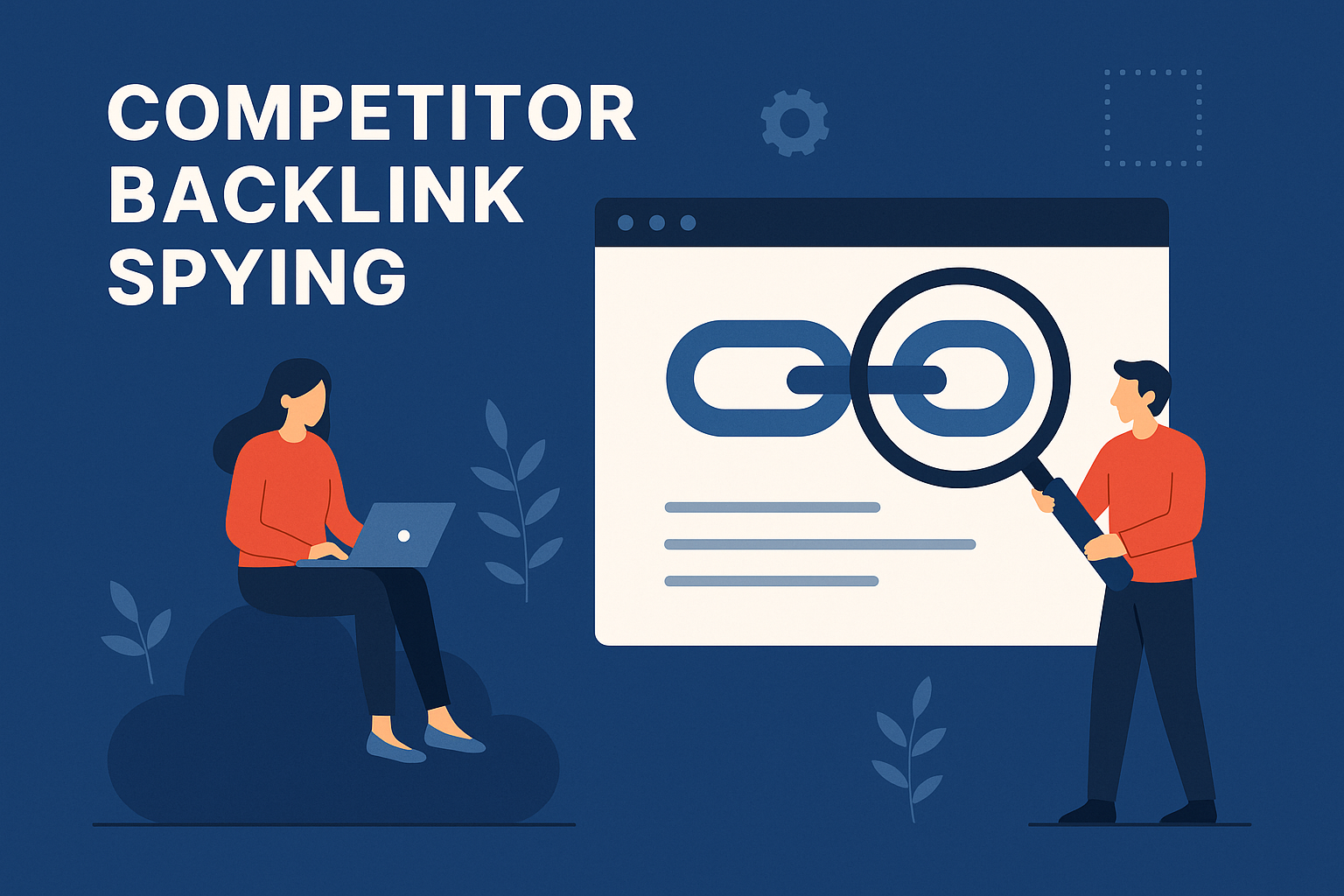
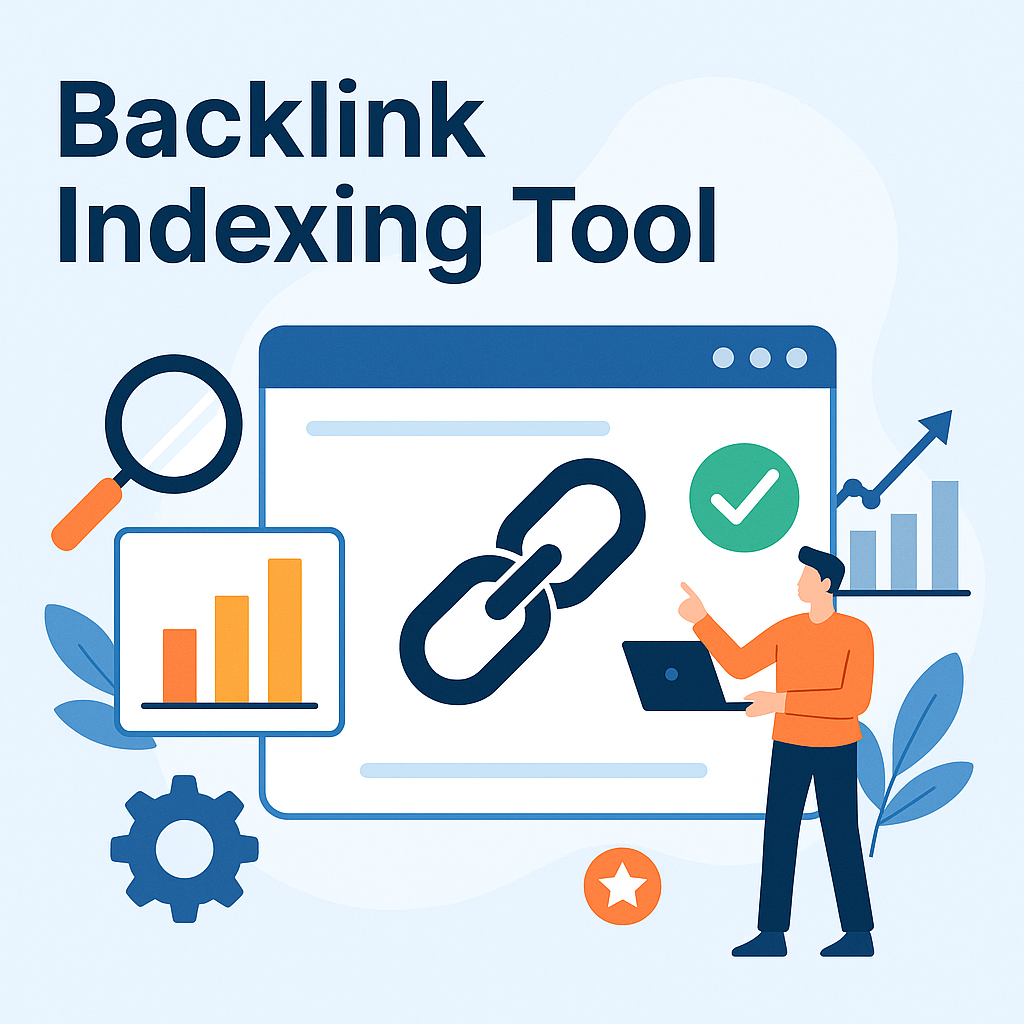
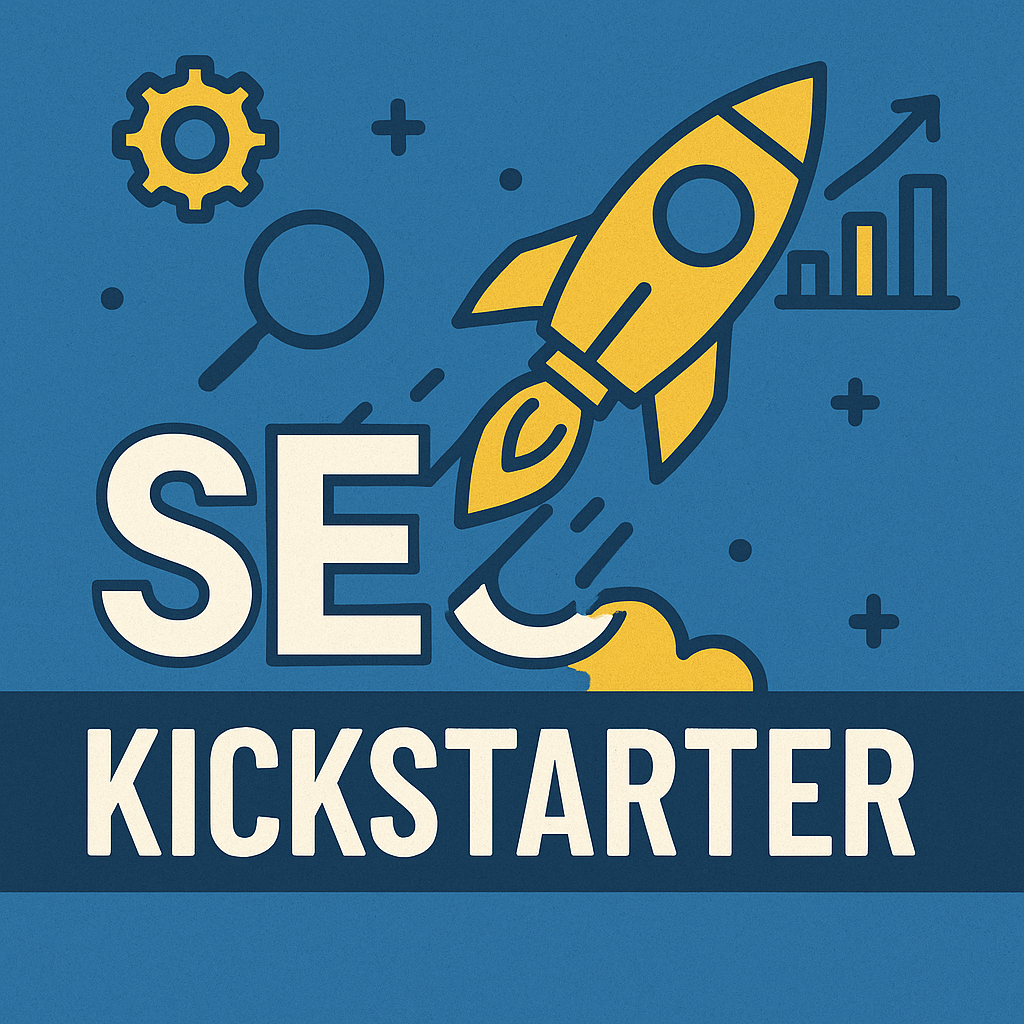
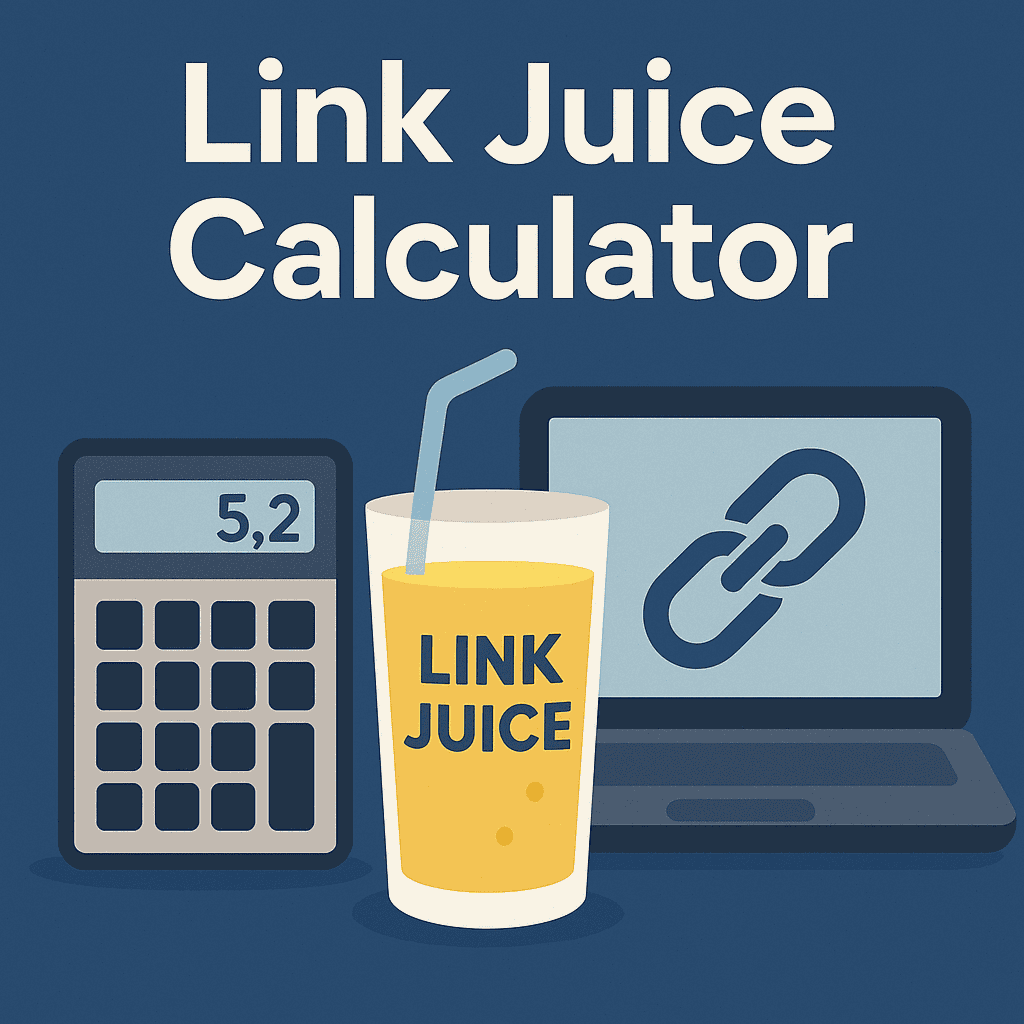
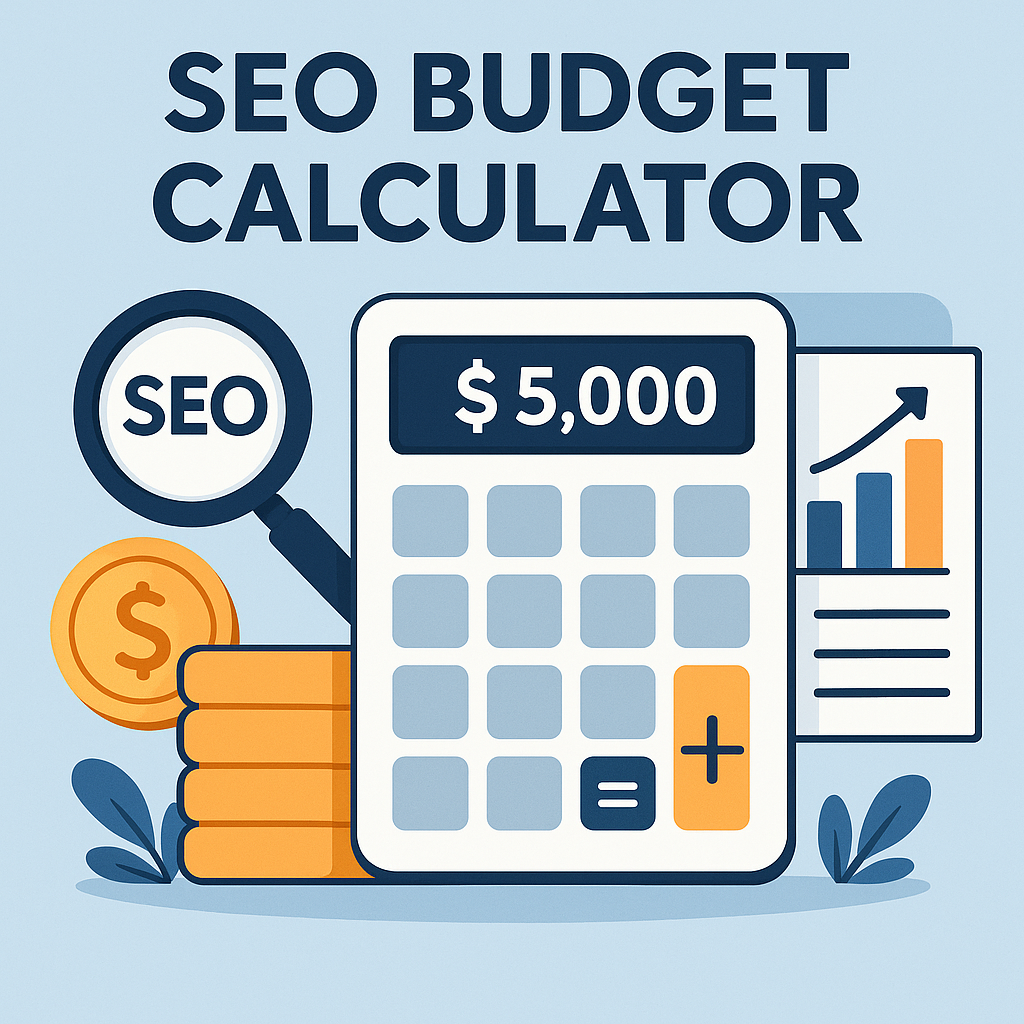

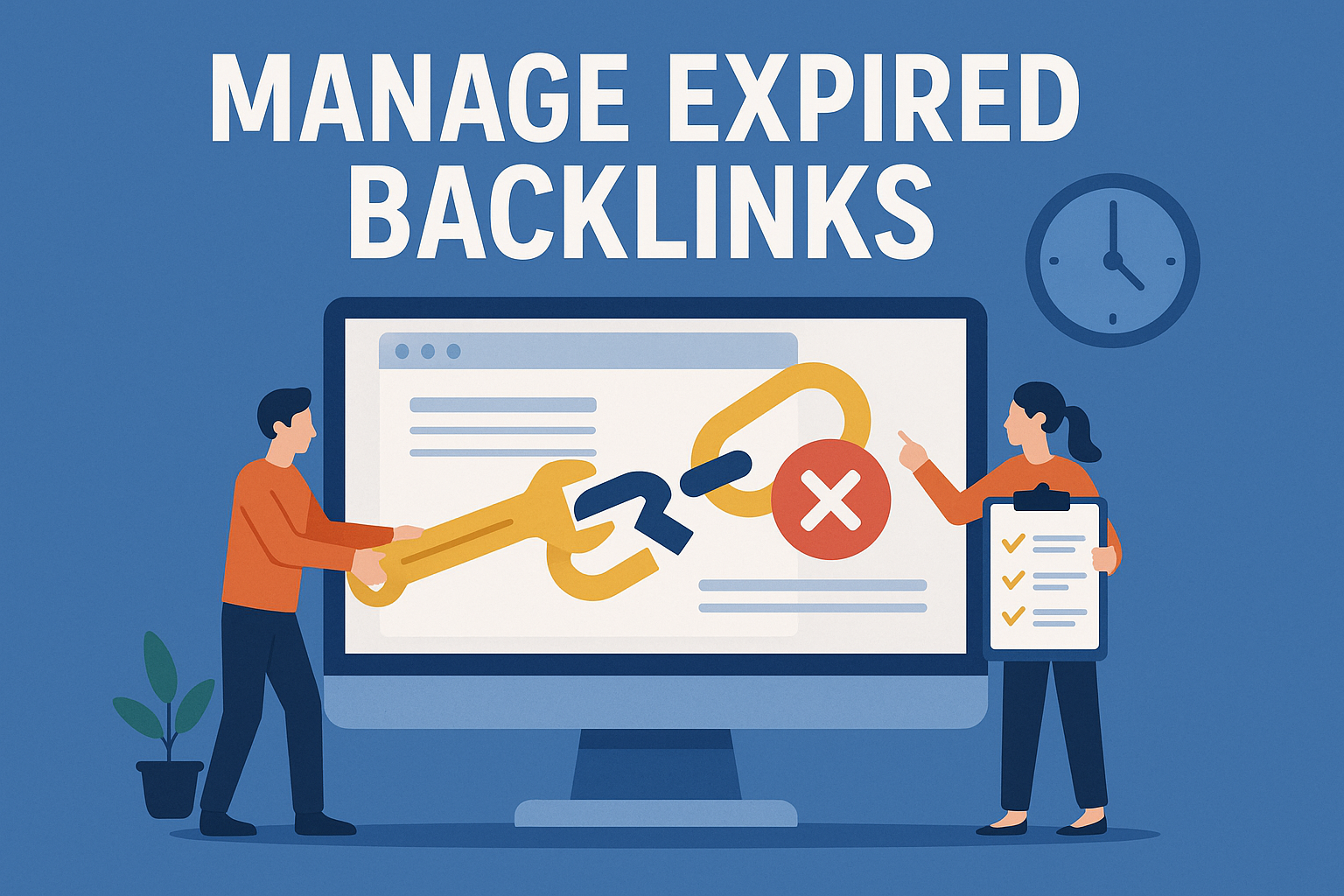
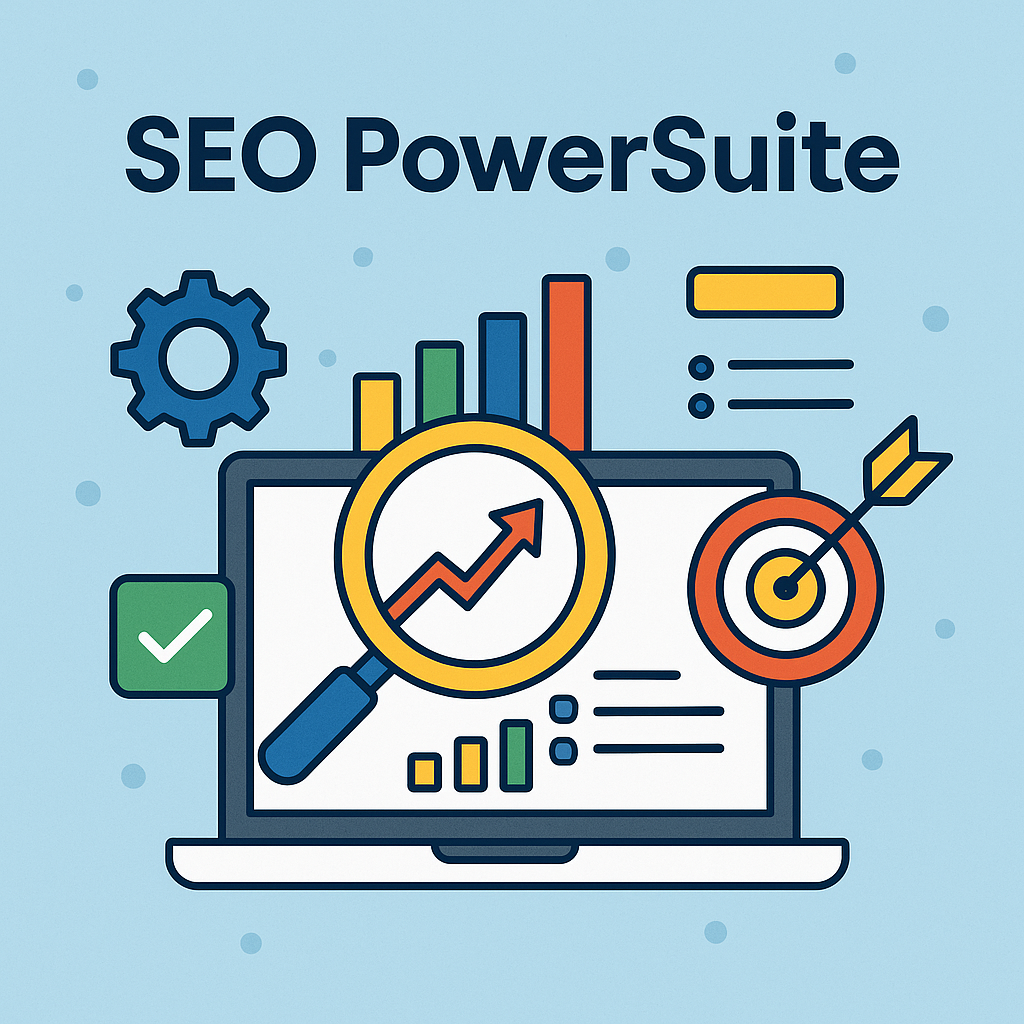
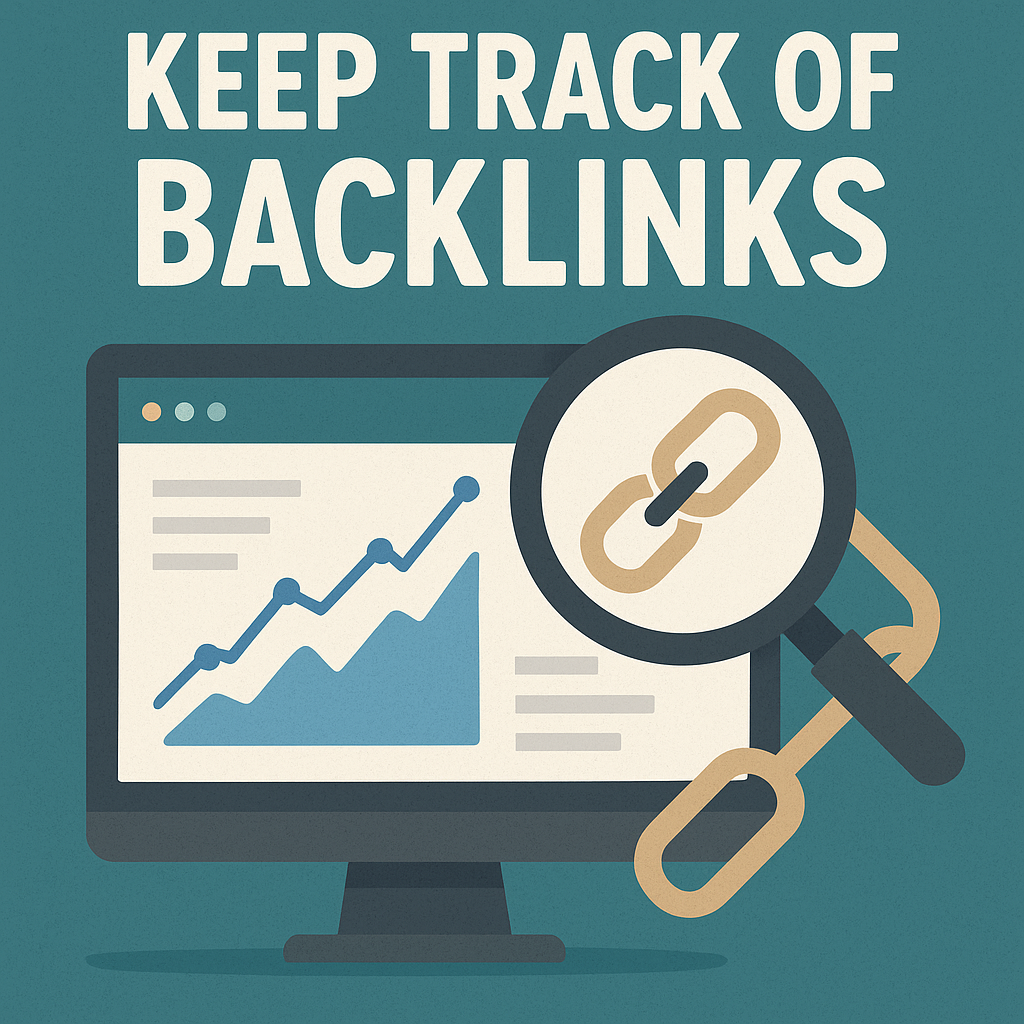
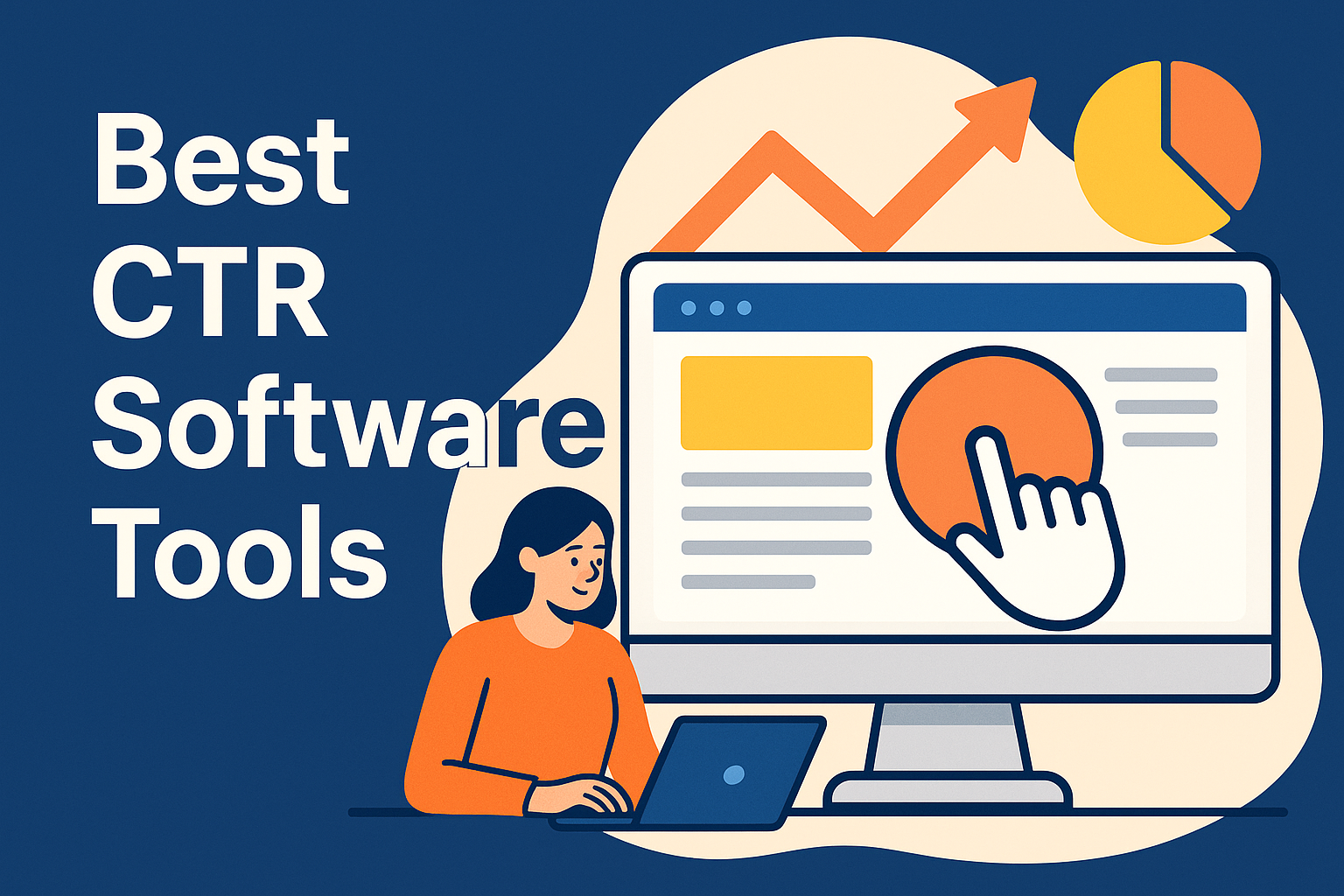

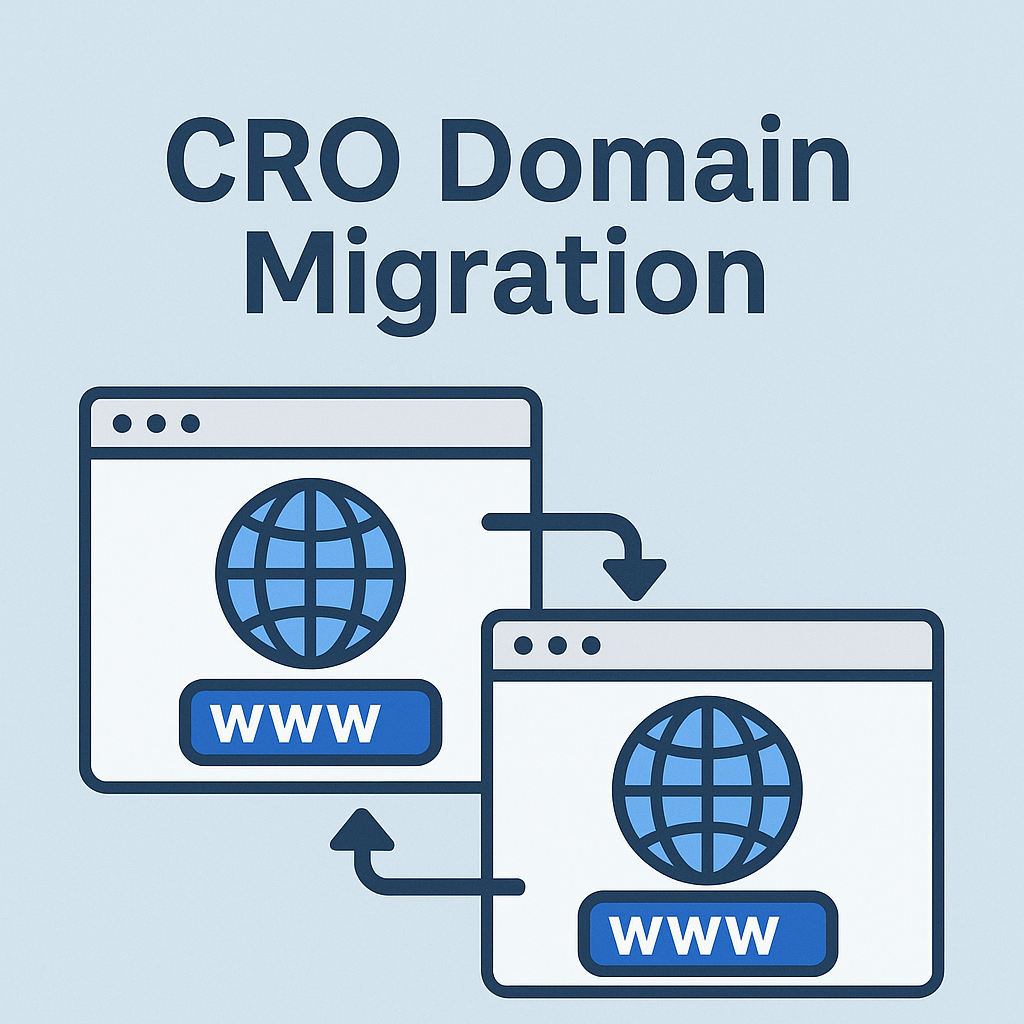
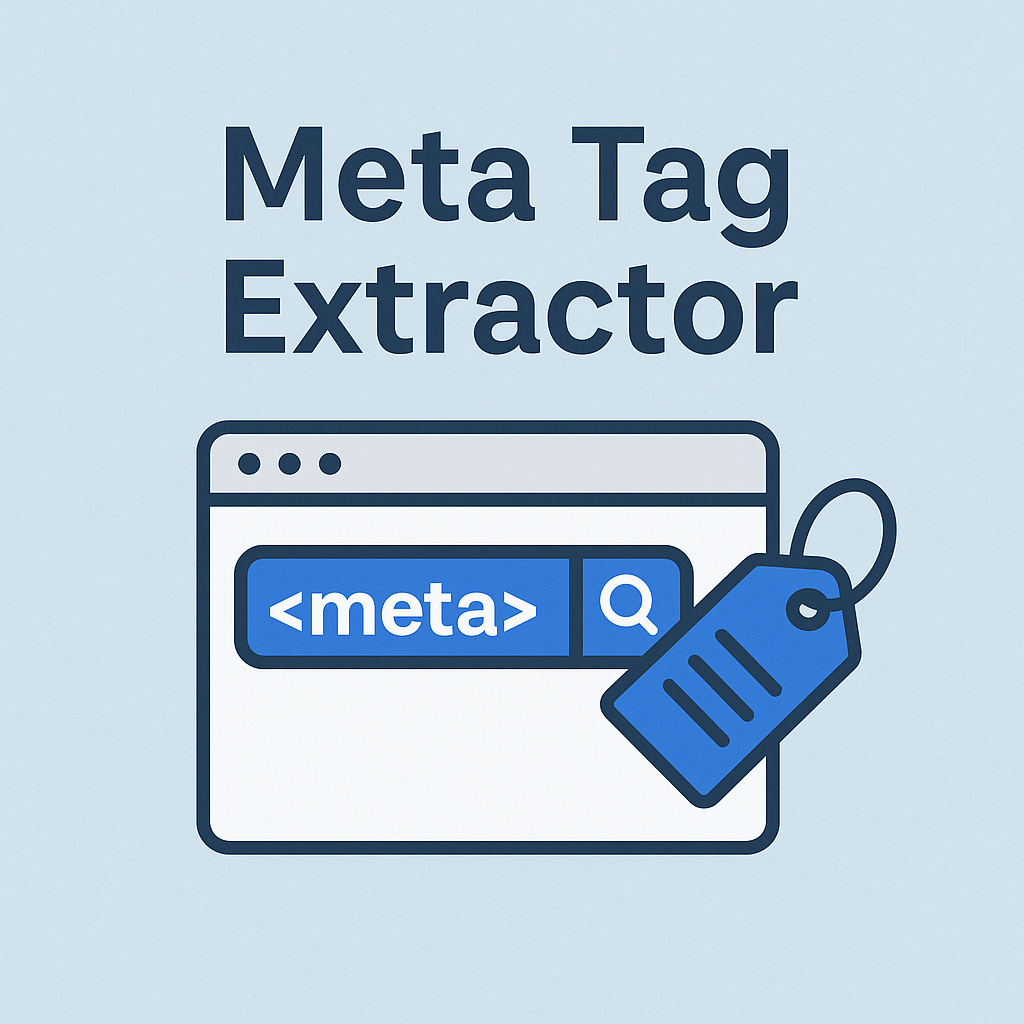
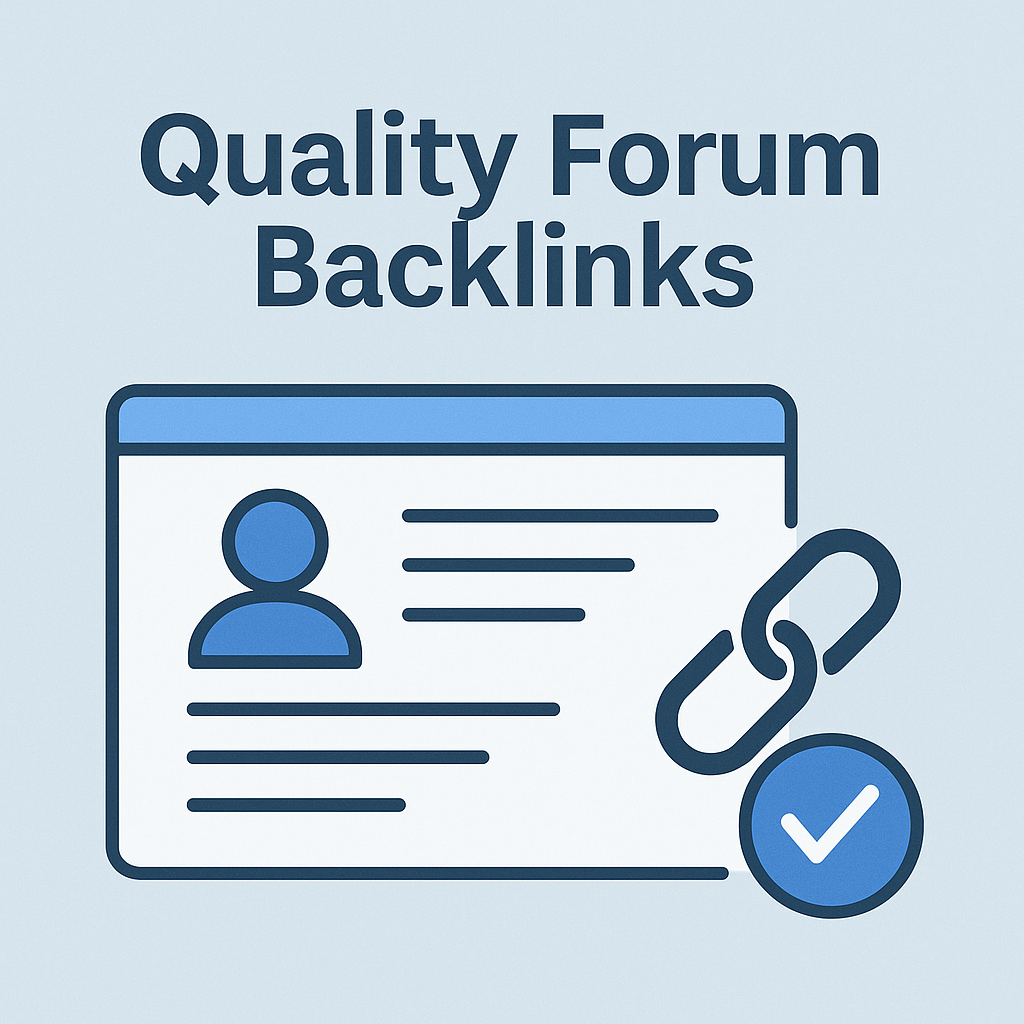
![Best Link Exchange Sites [Free & Safe] – Top 5 Picks](https://backlinkmanagement.io/wp-content/uploads/2025/04/Free-Link-Exchange.png)


